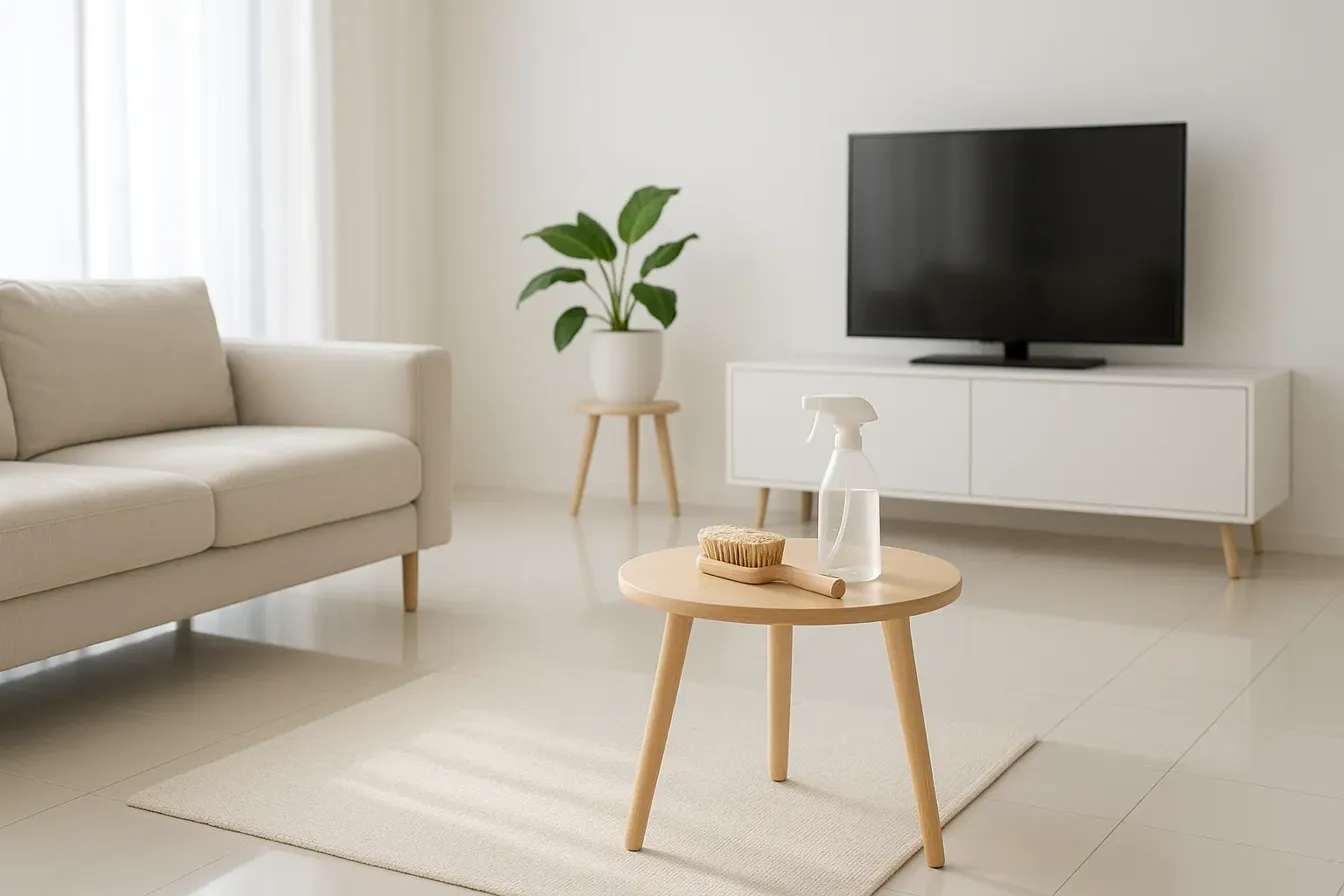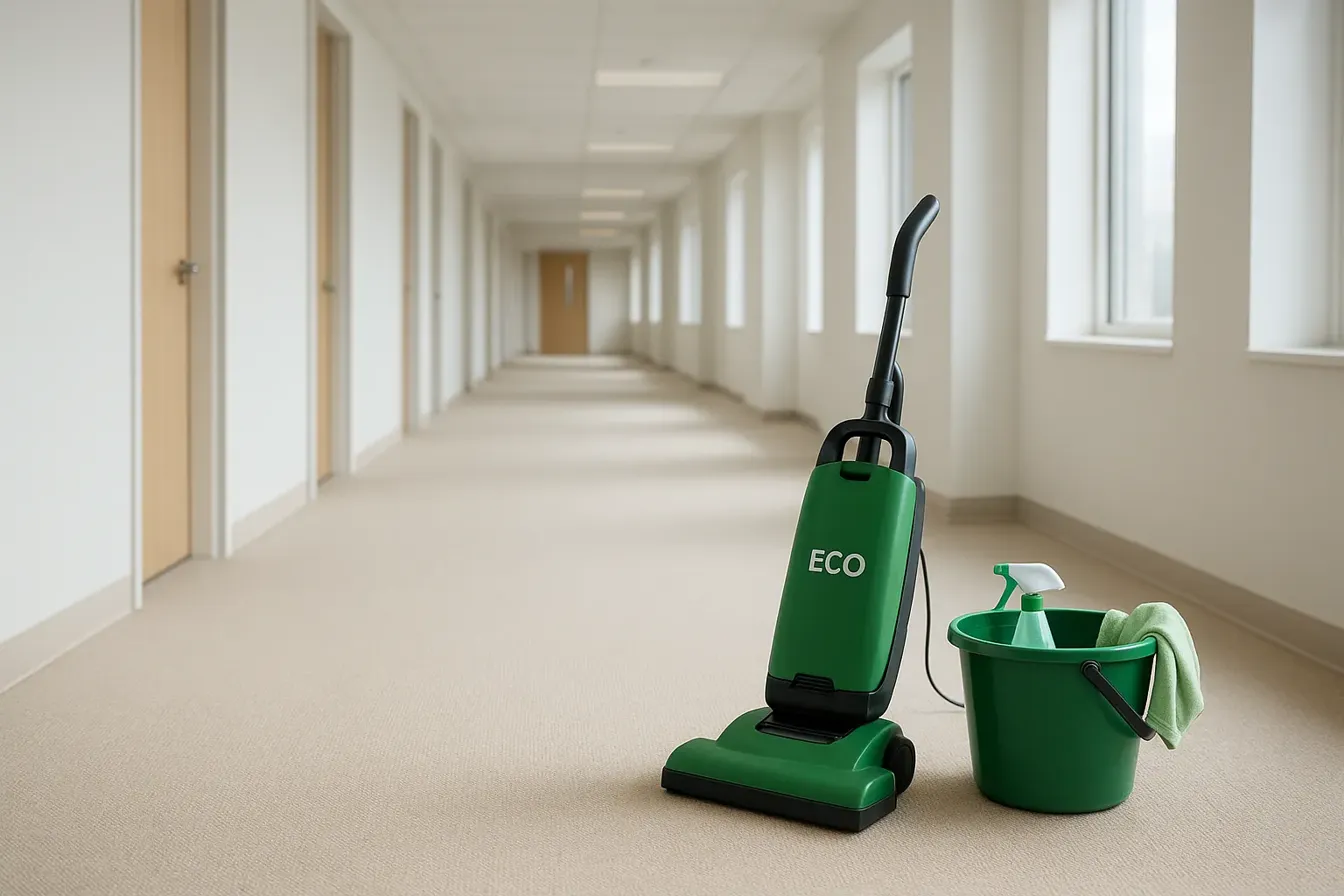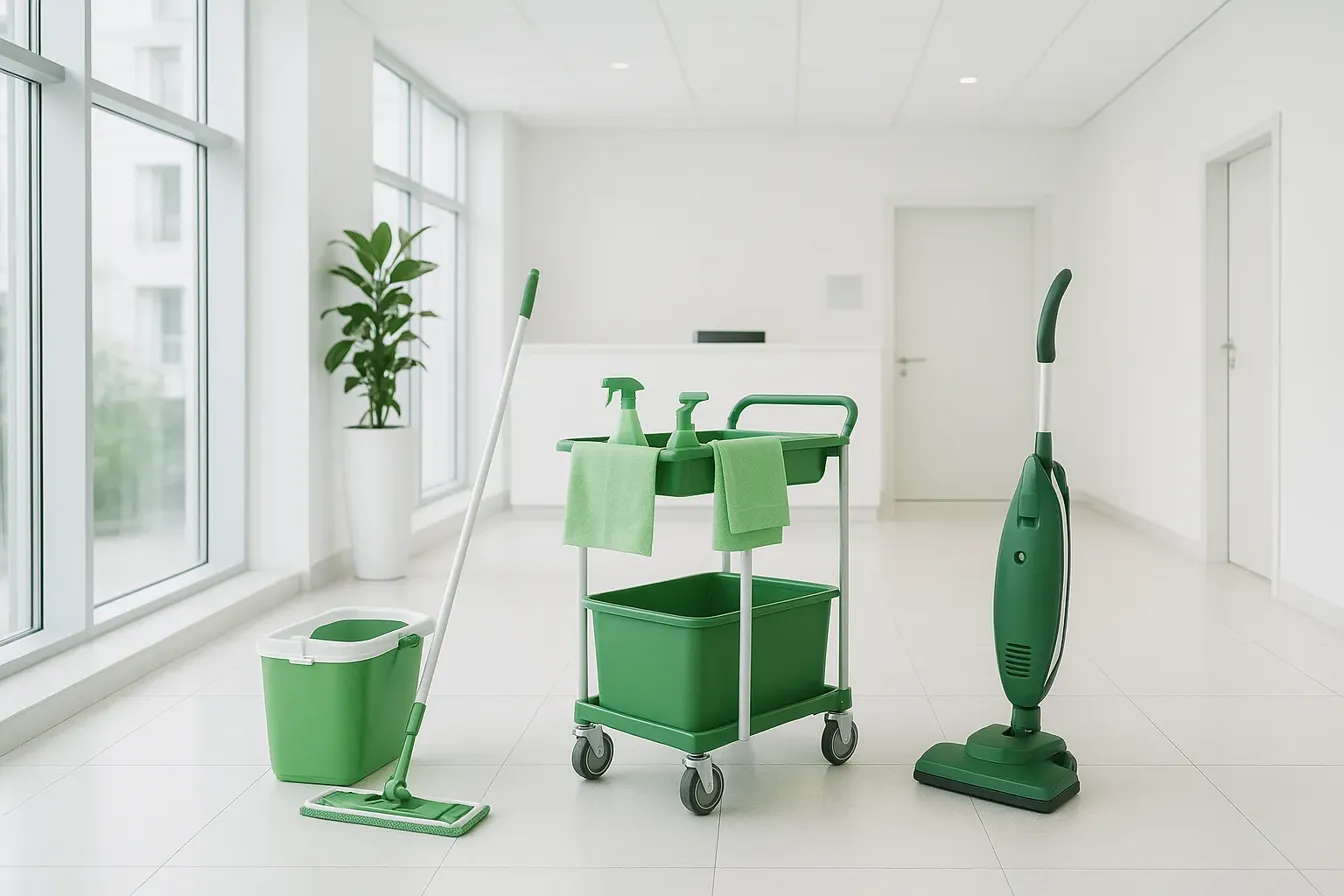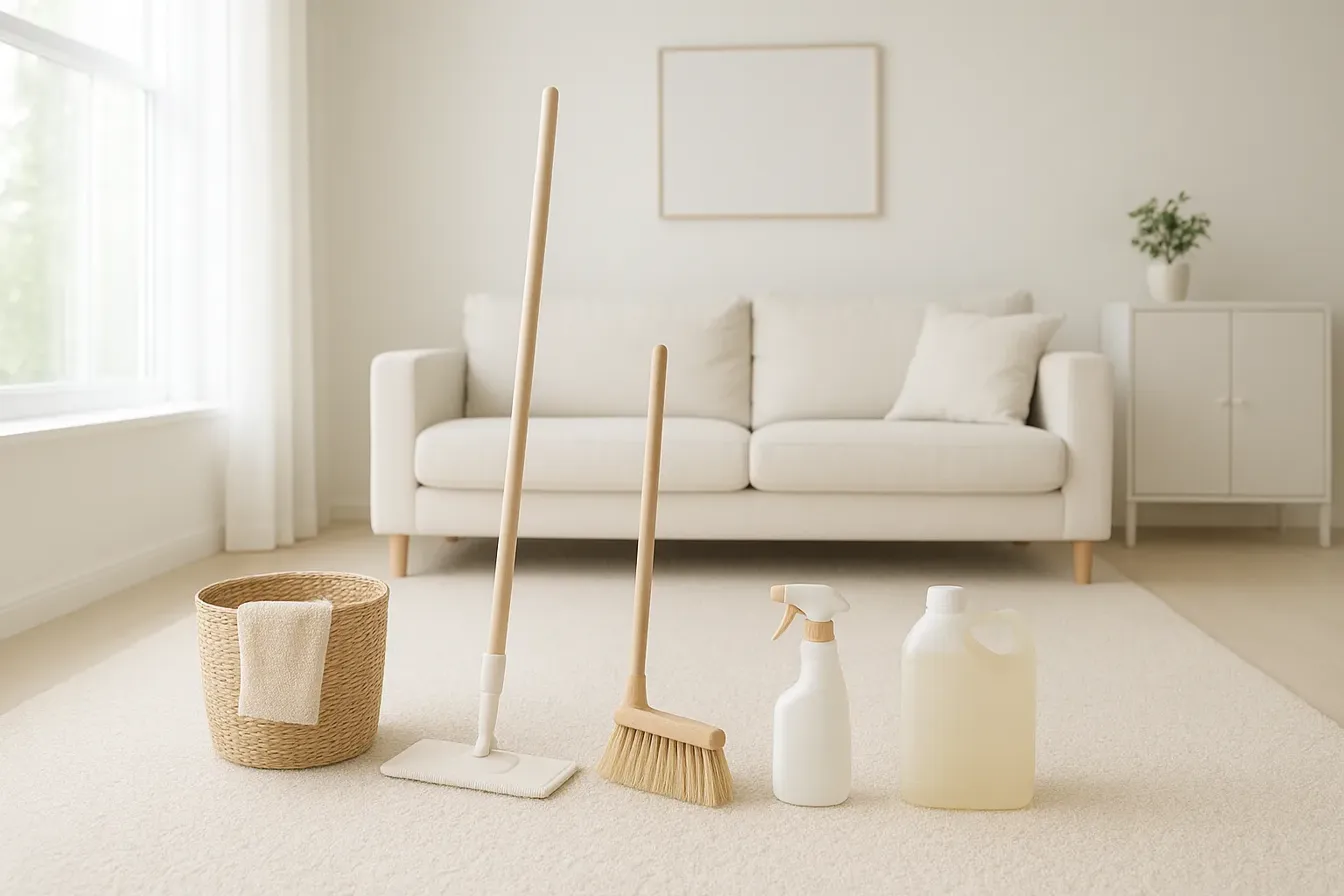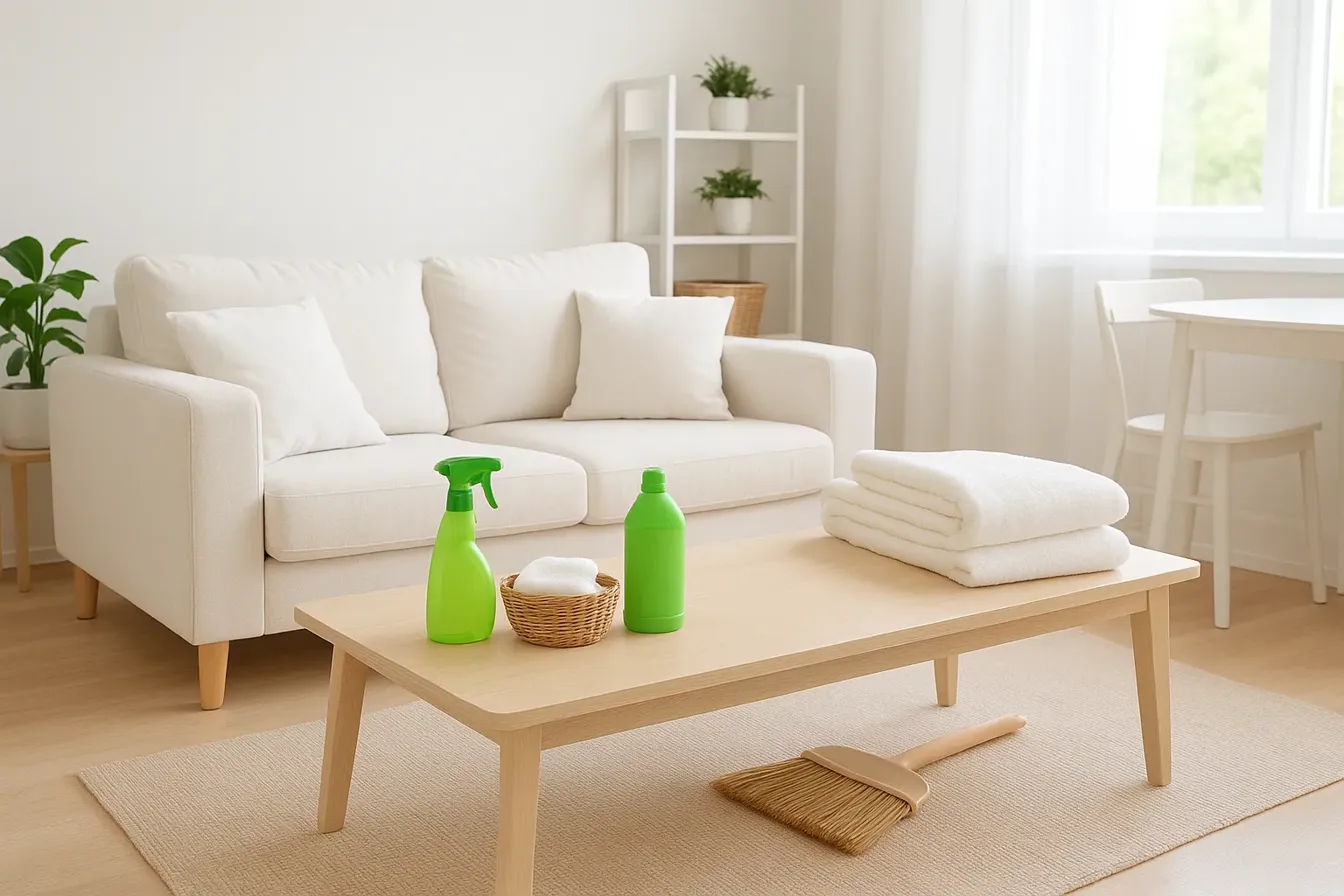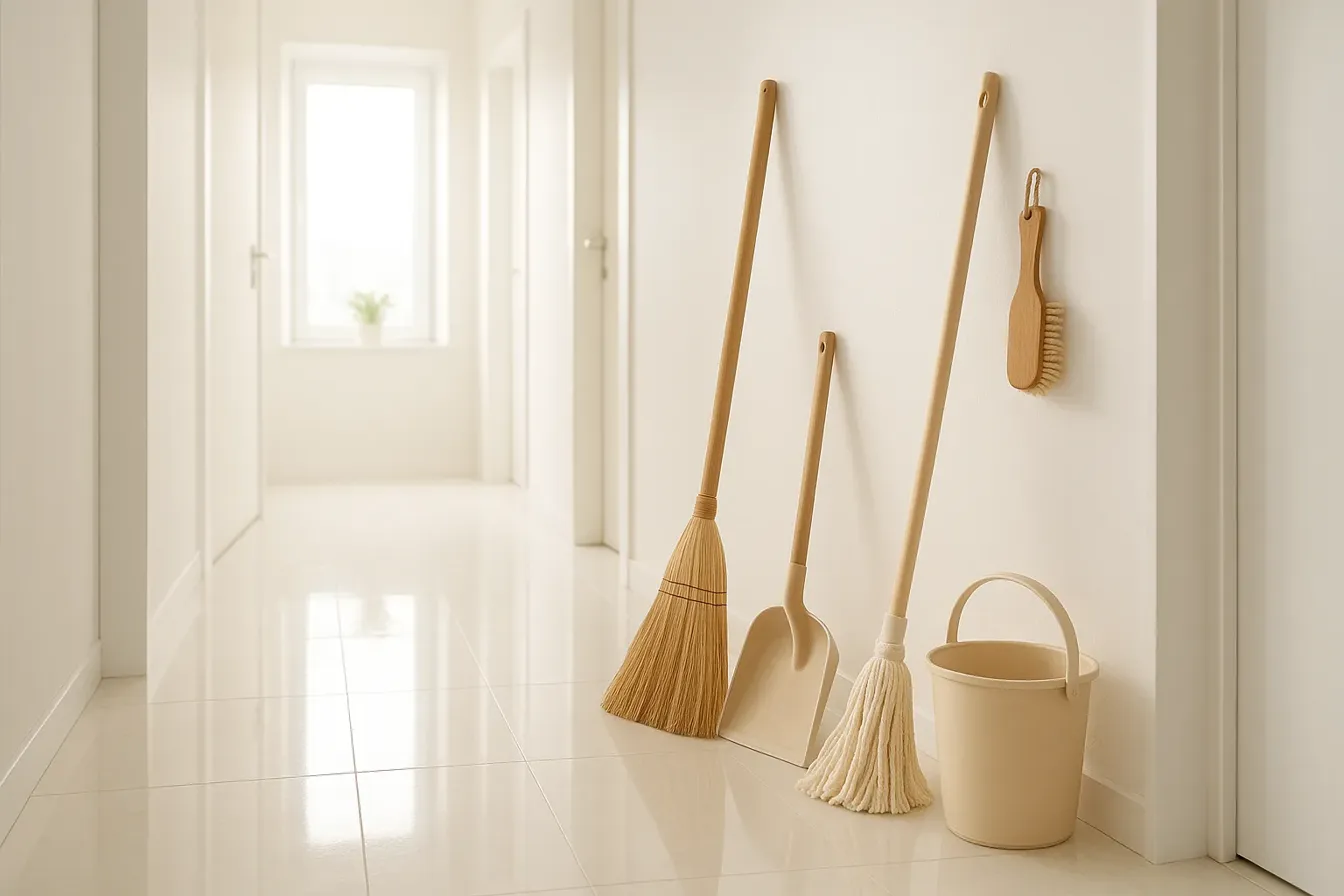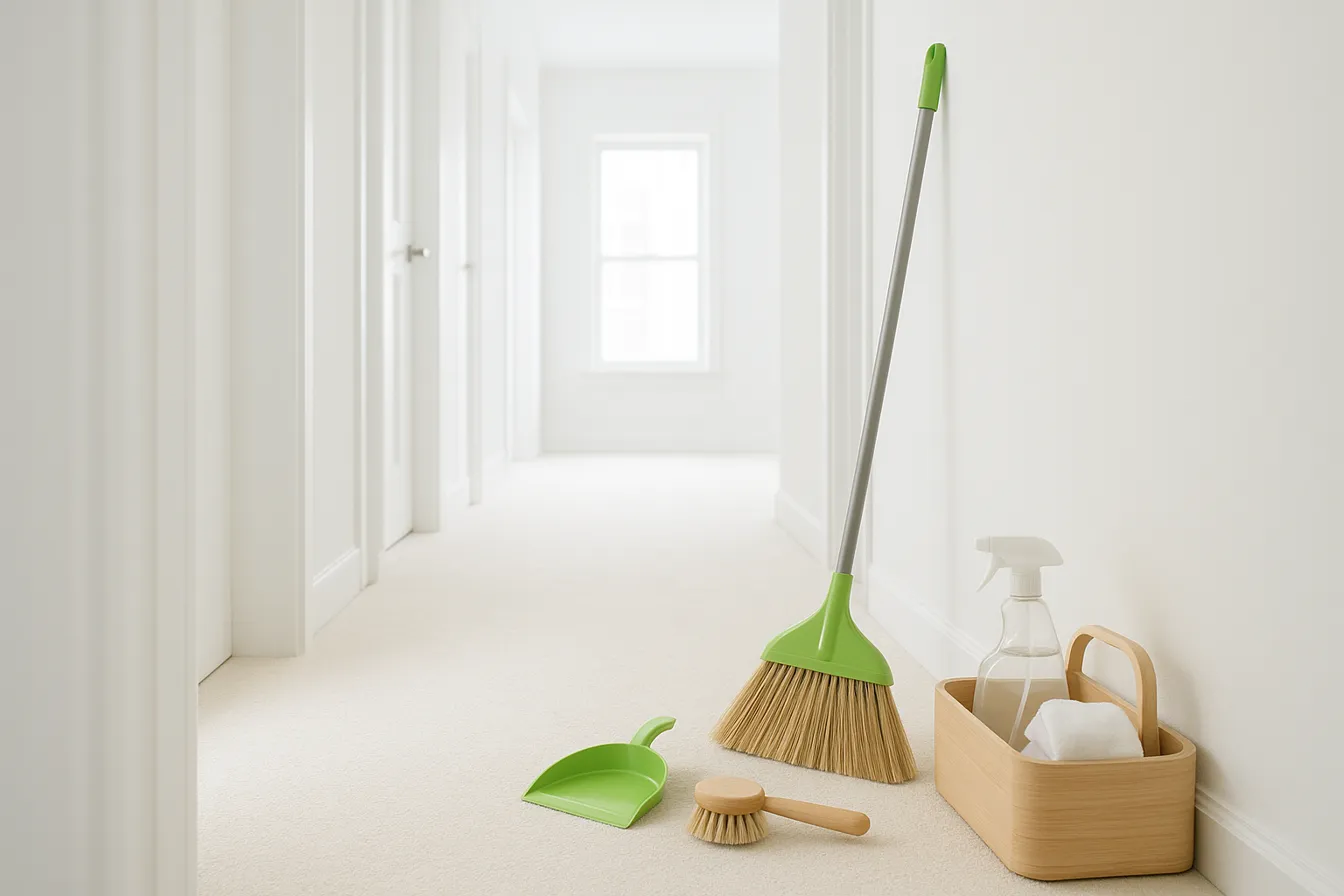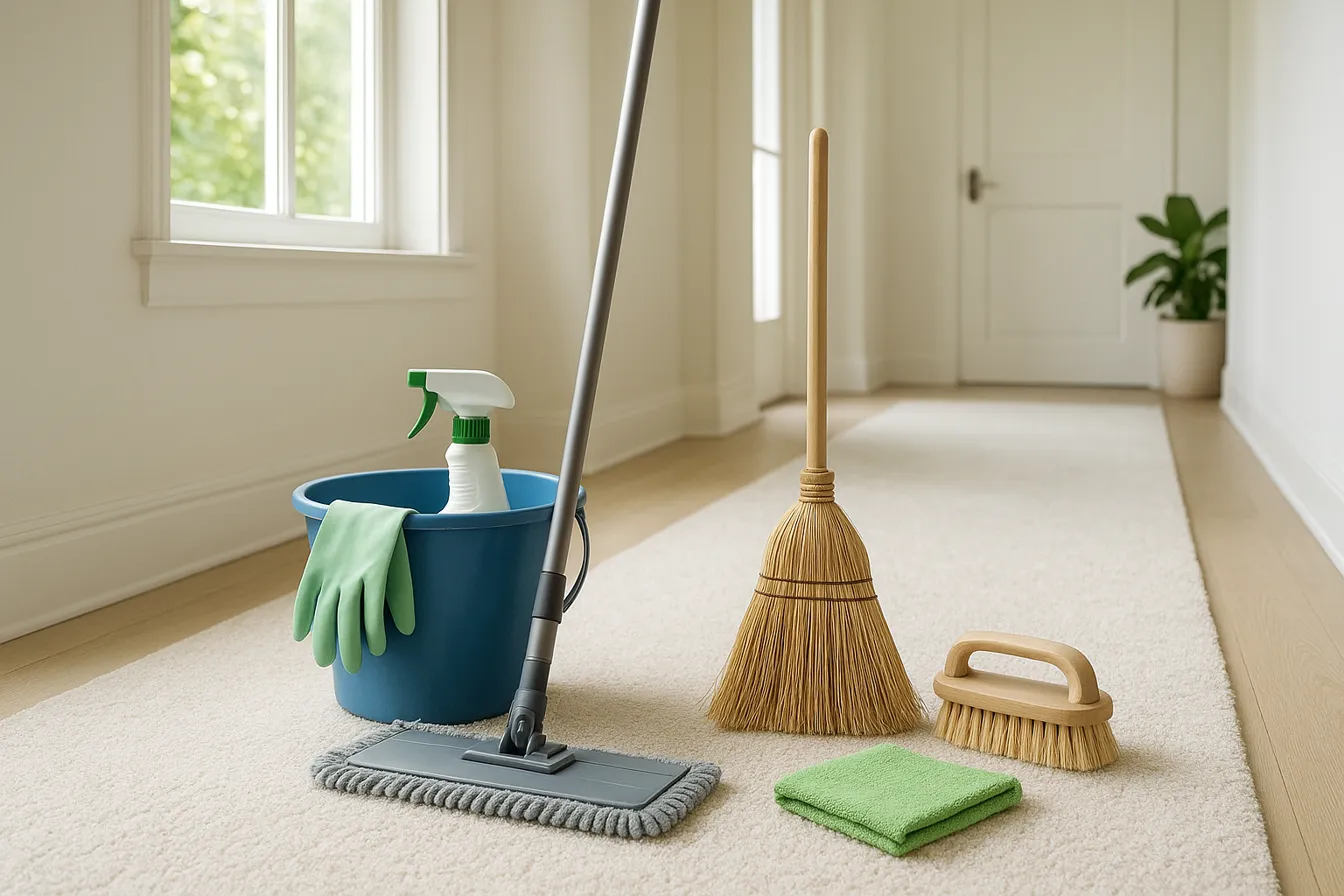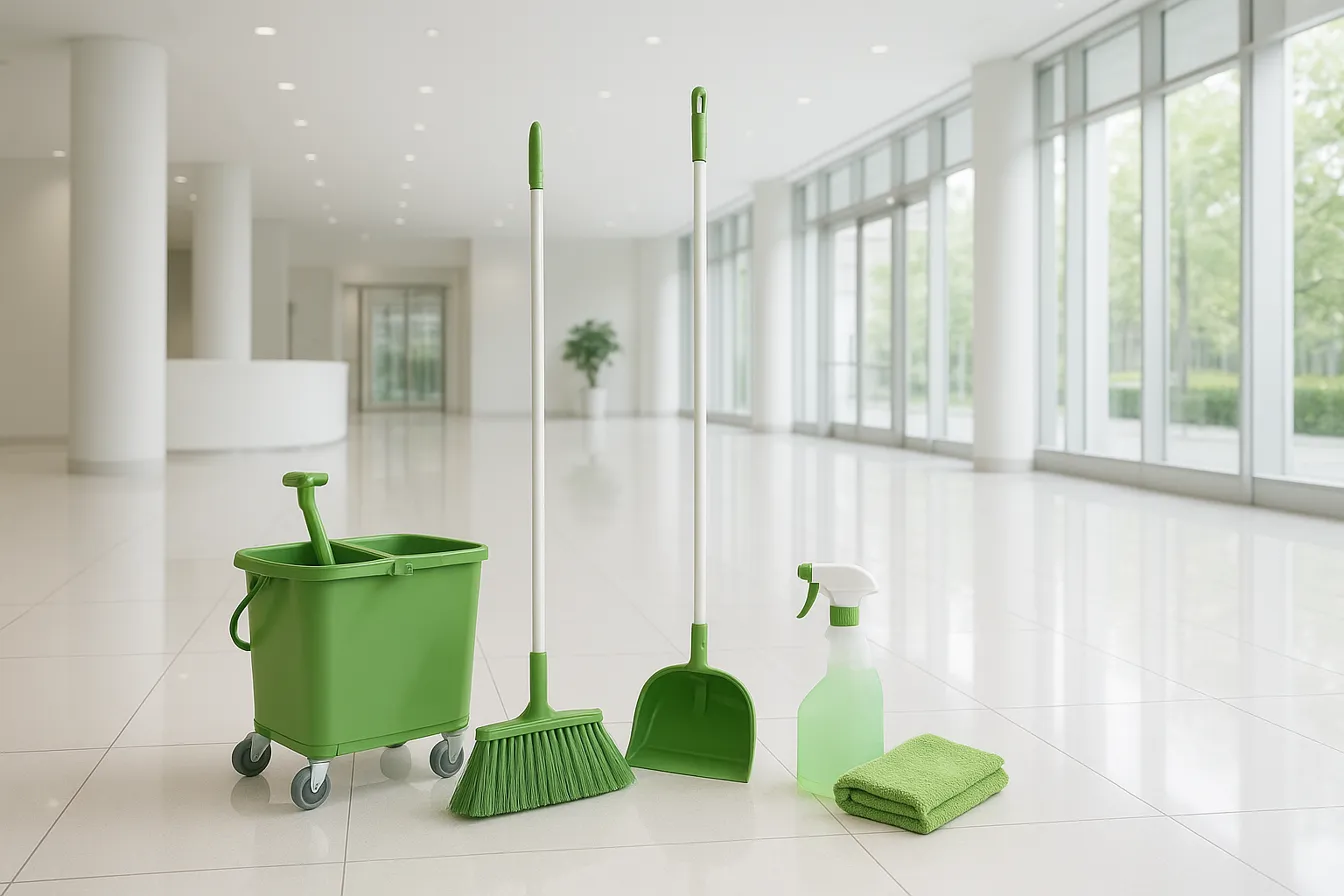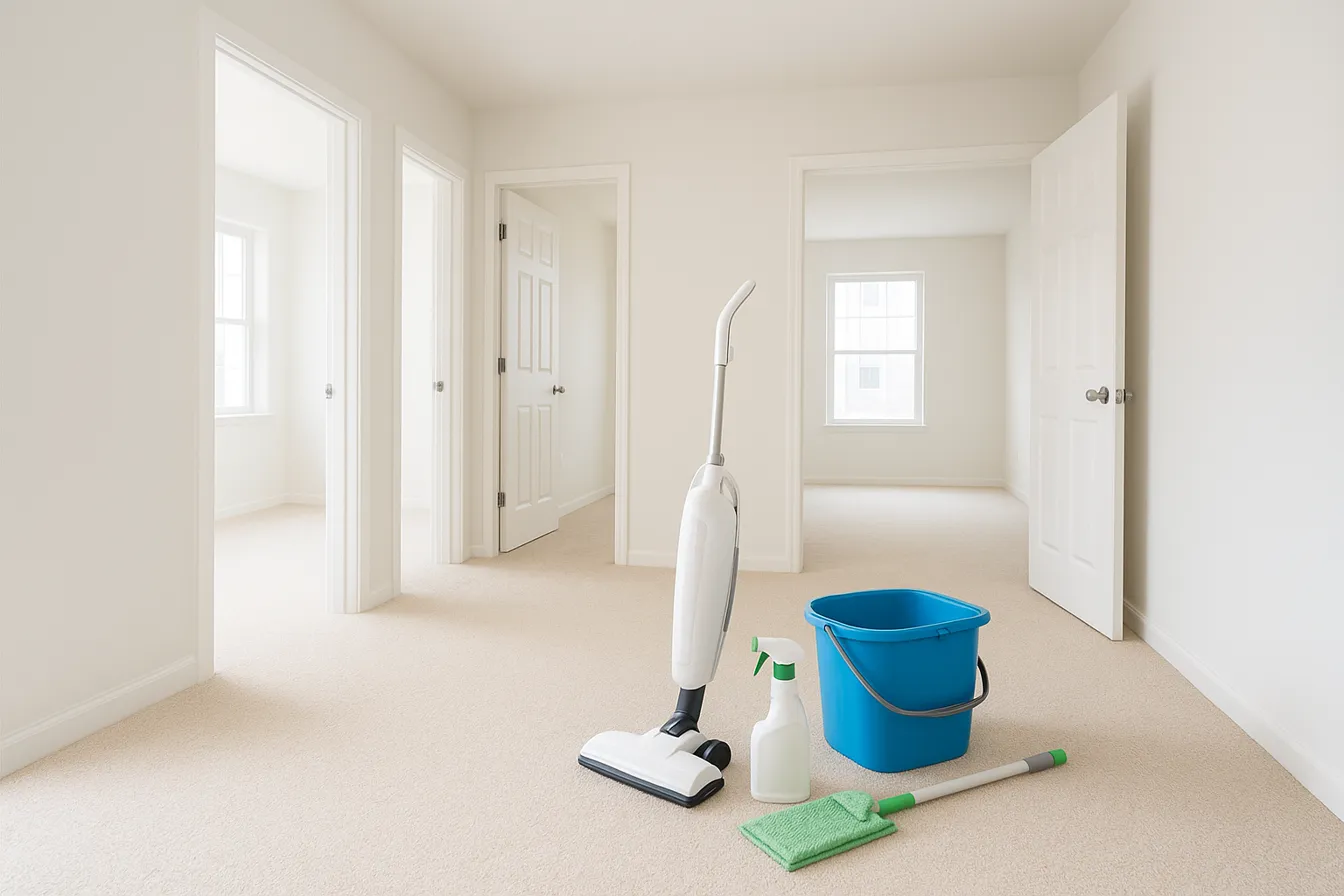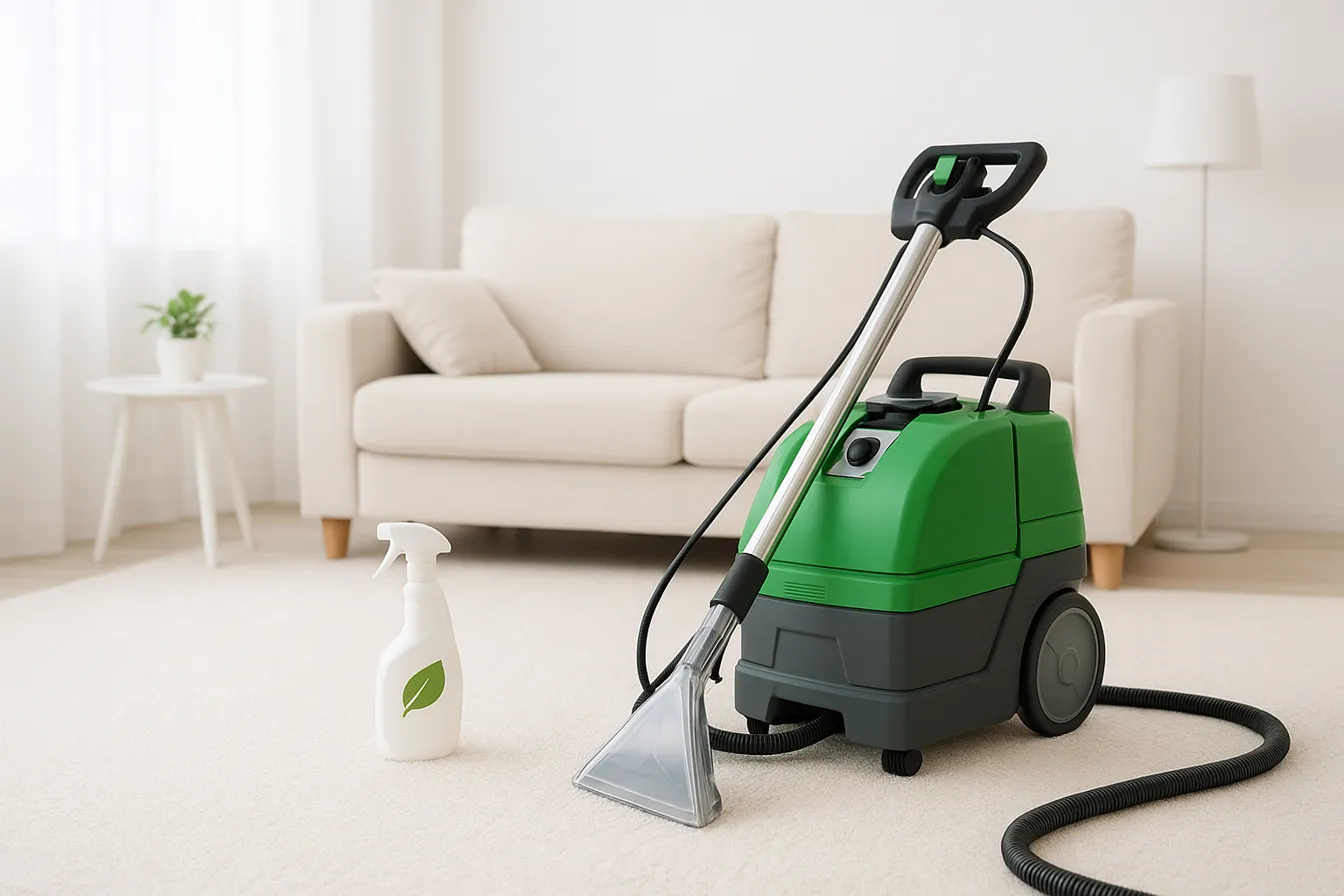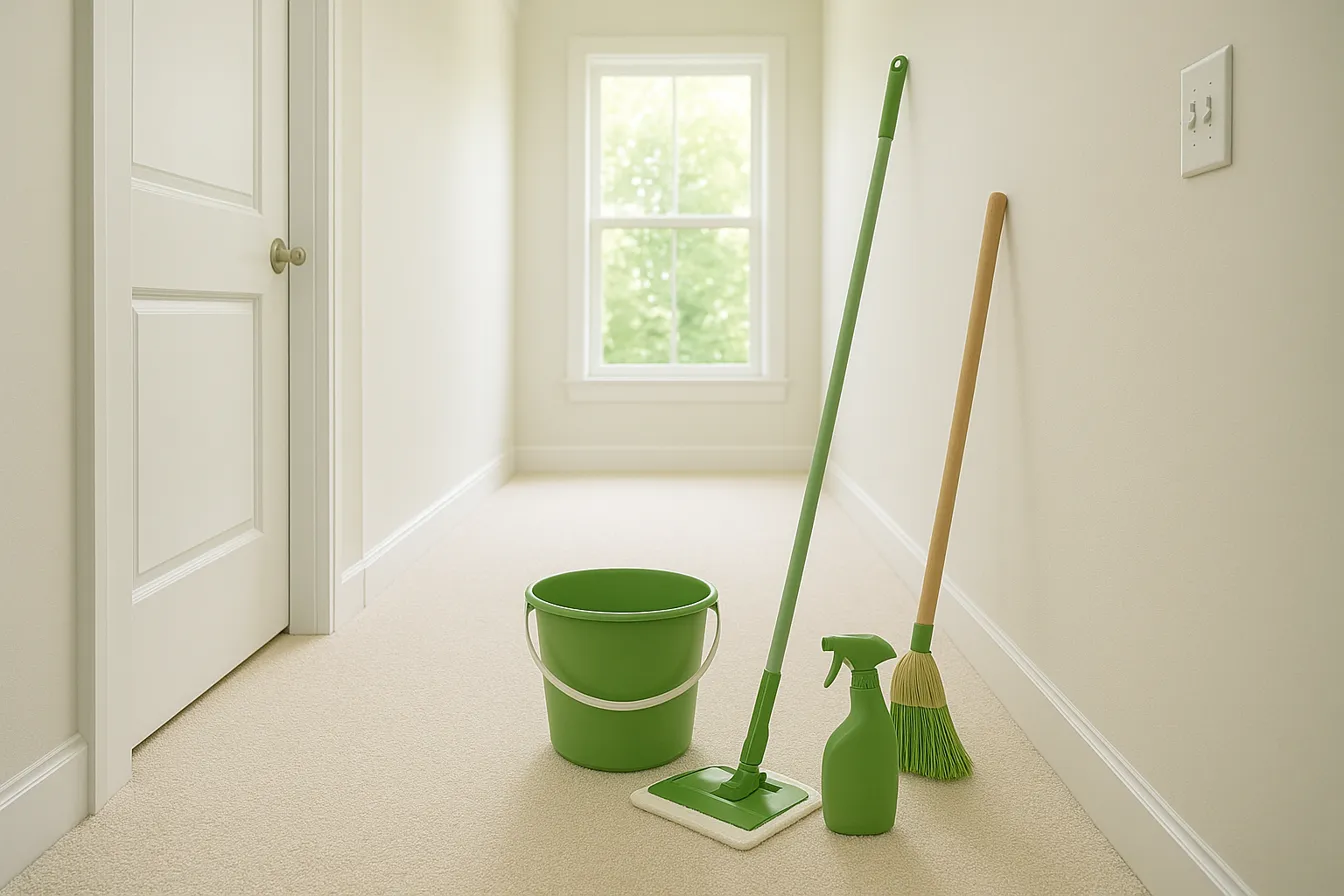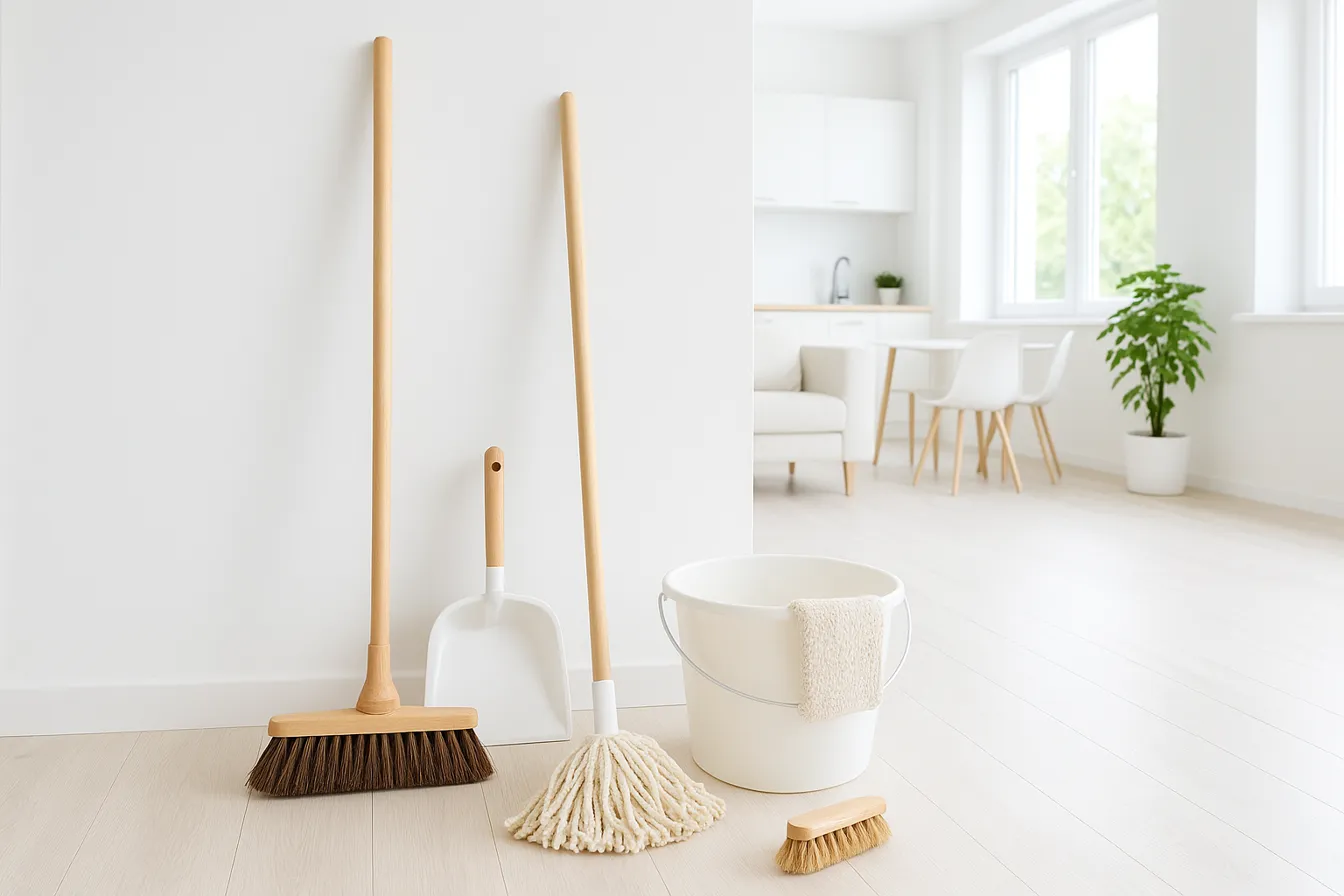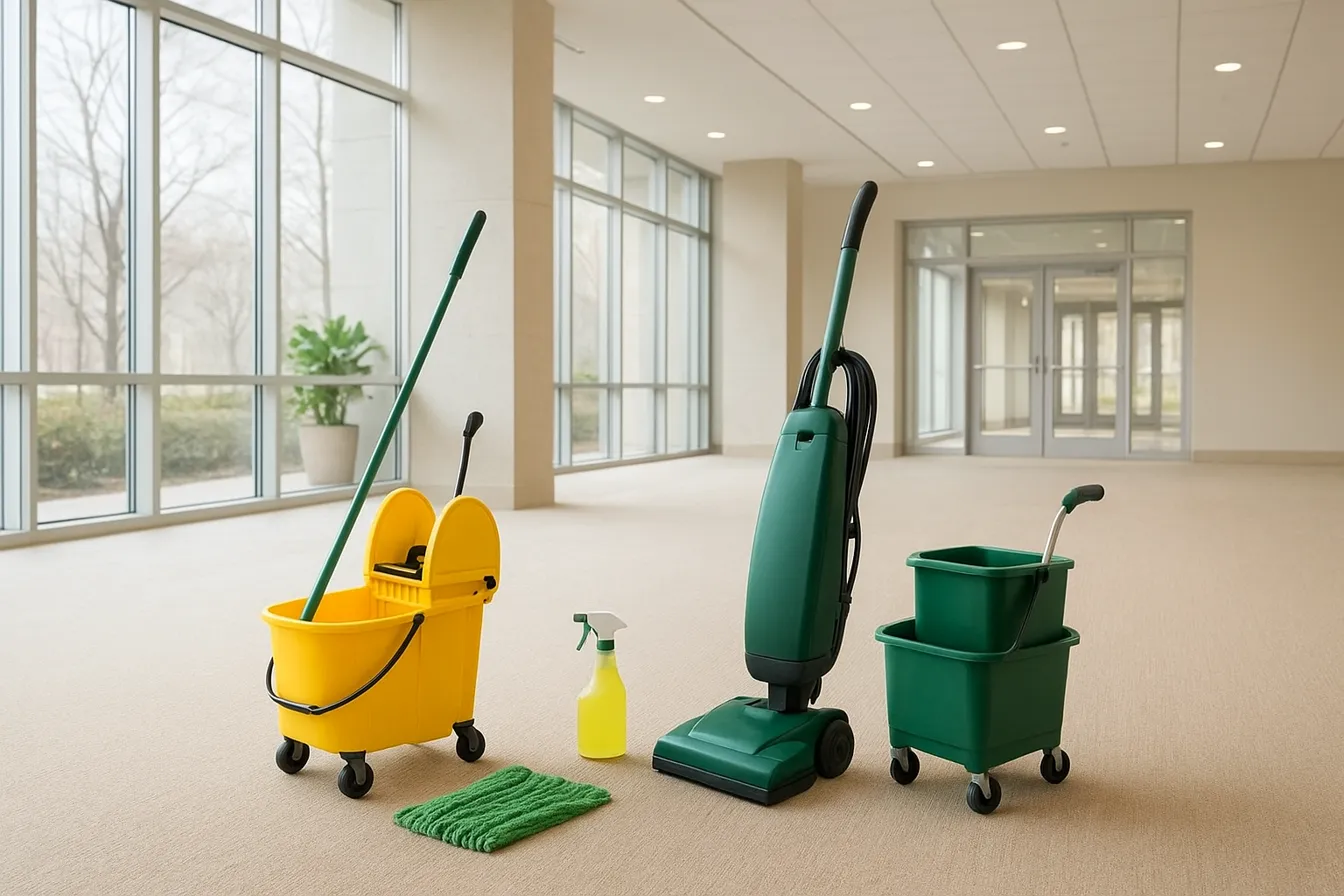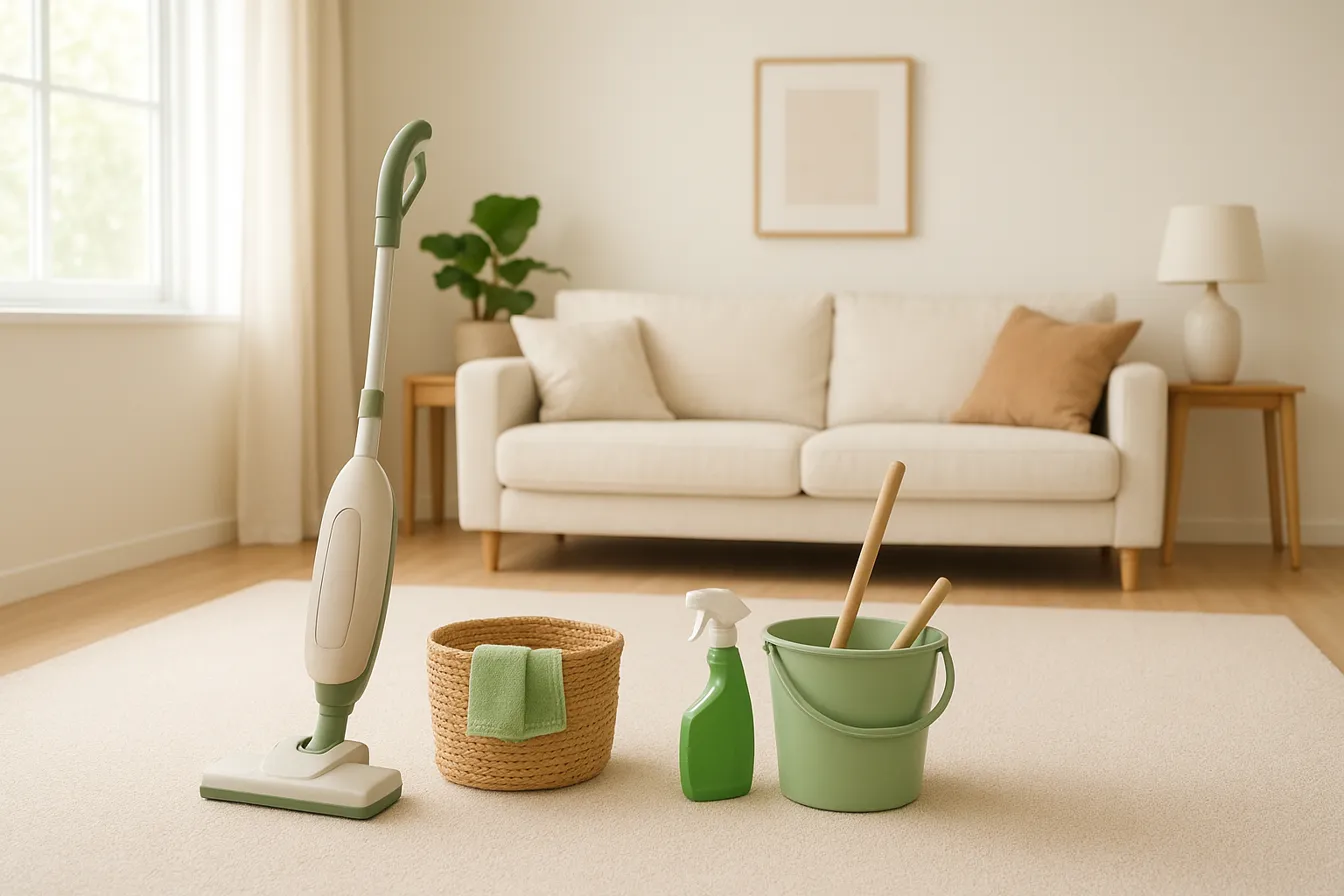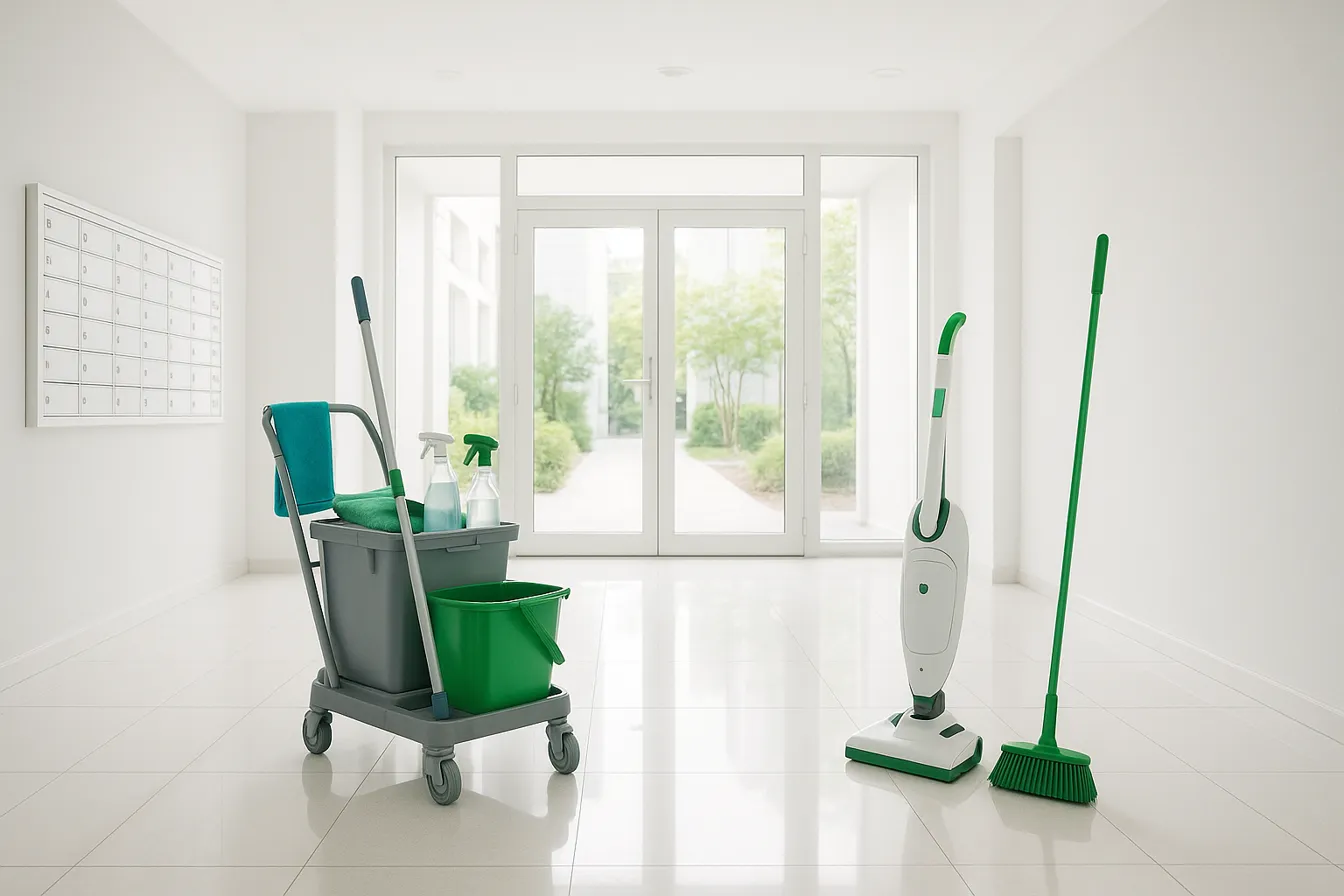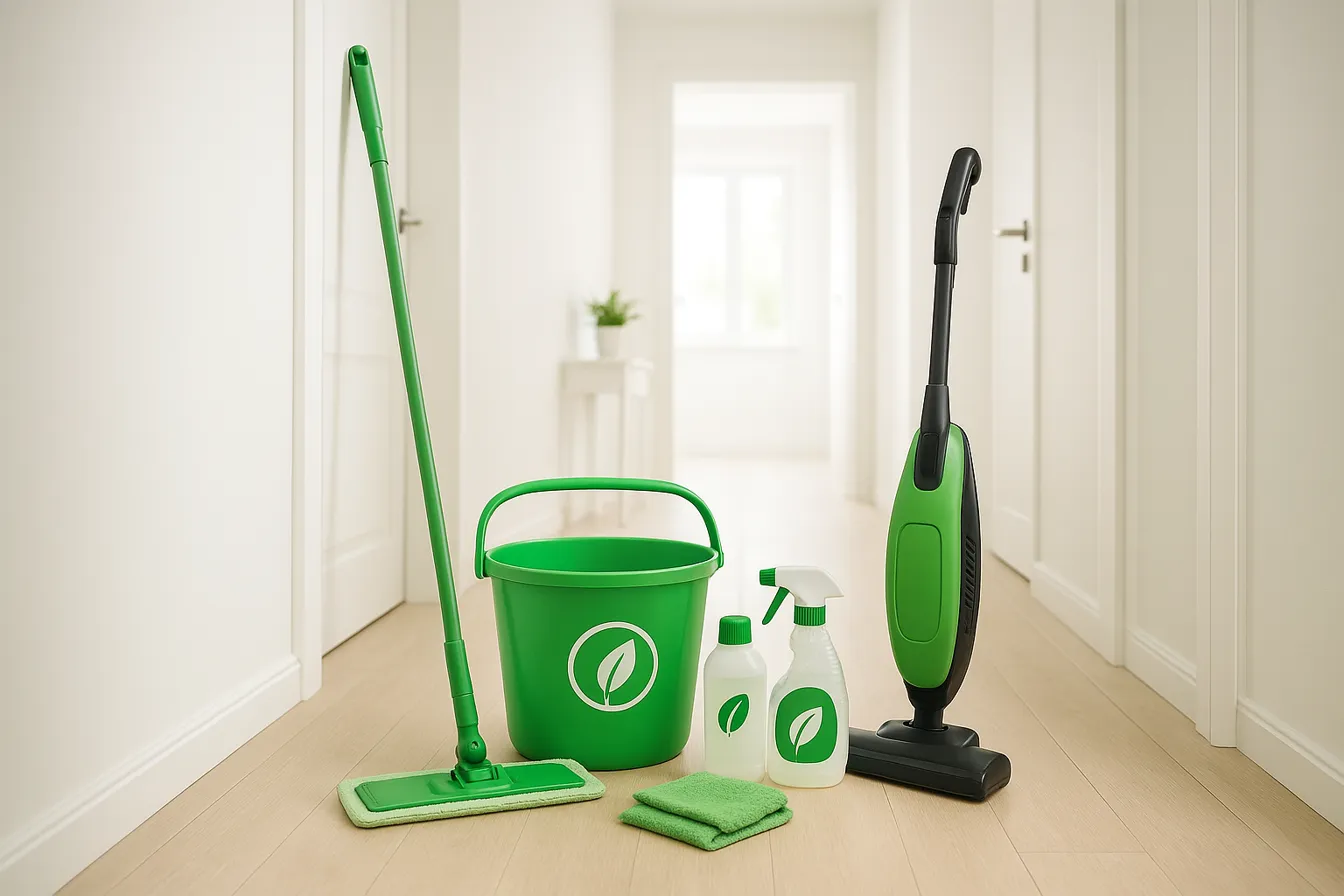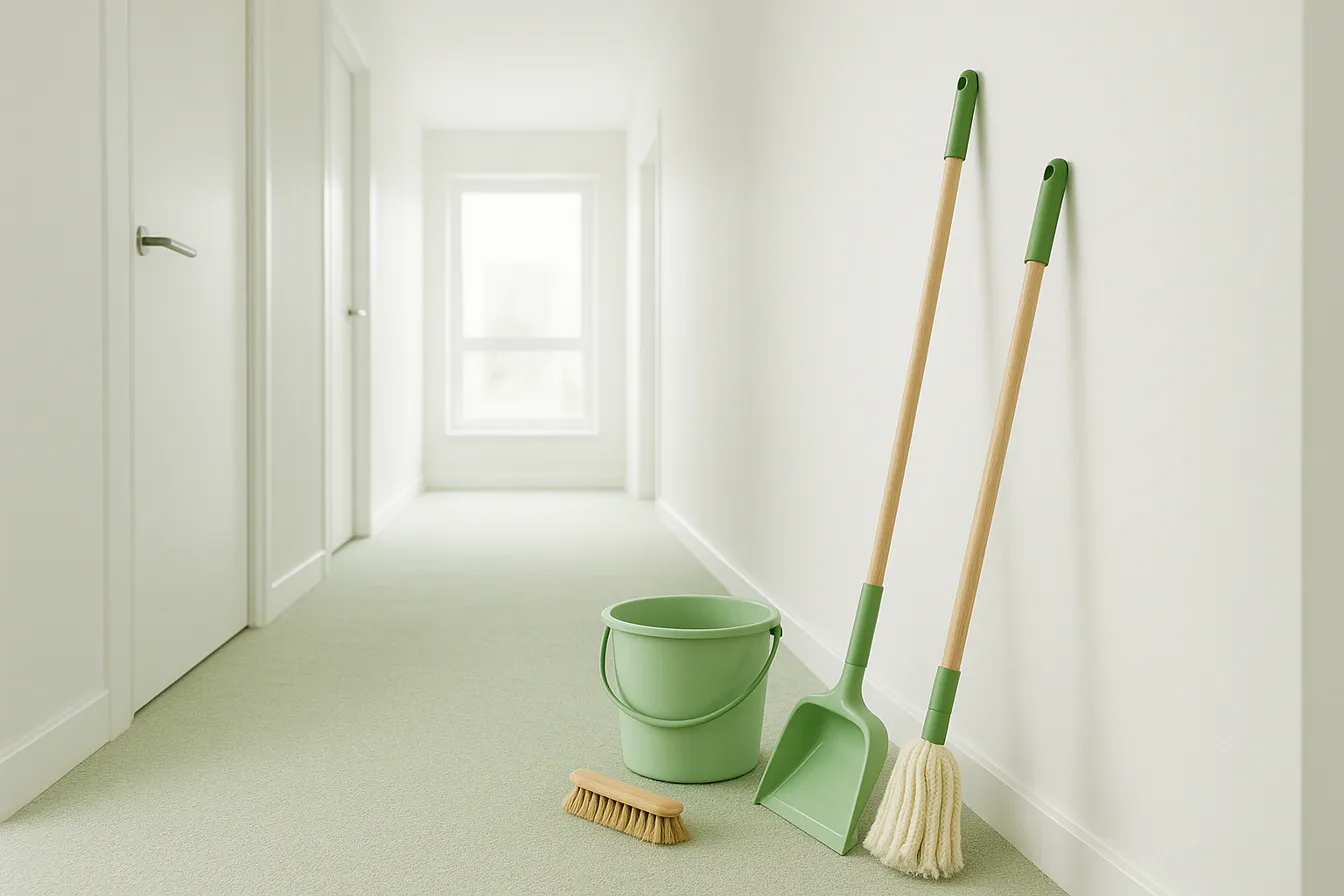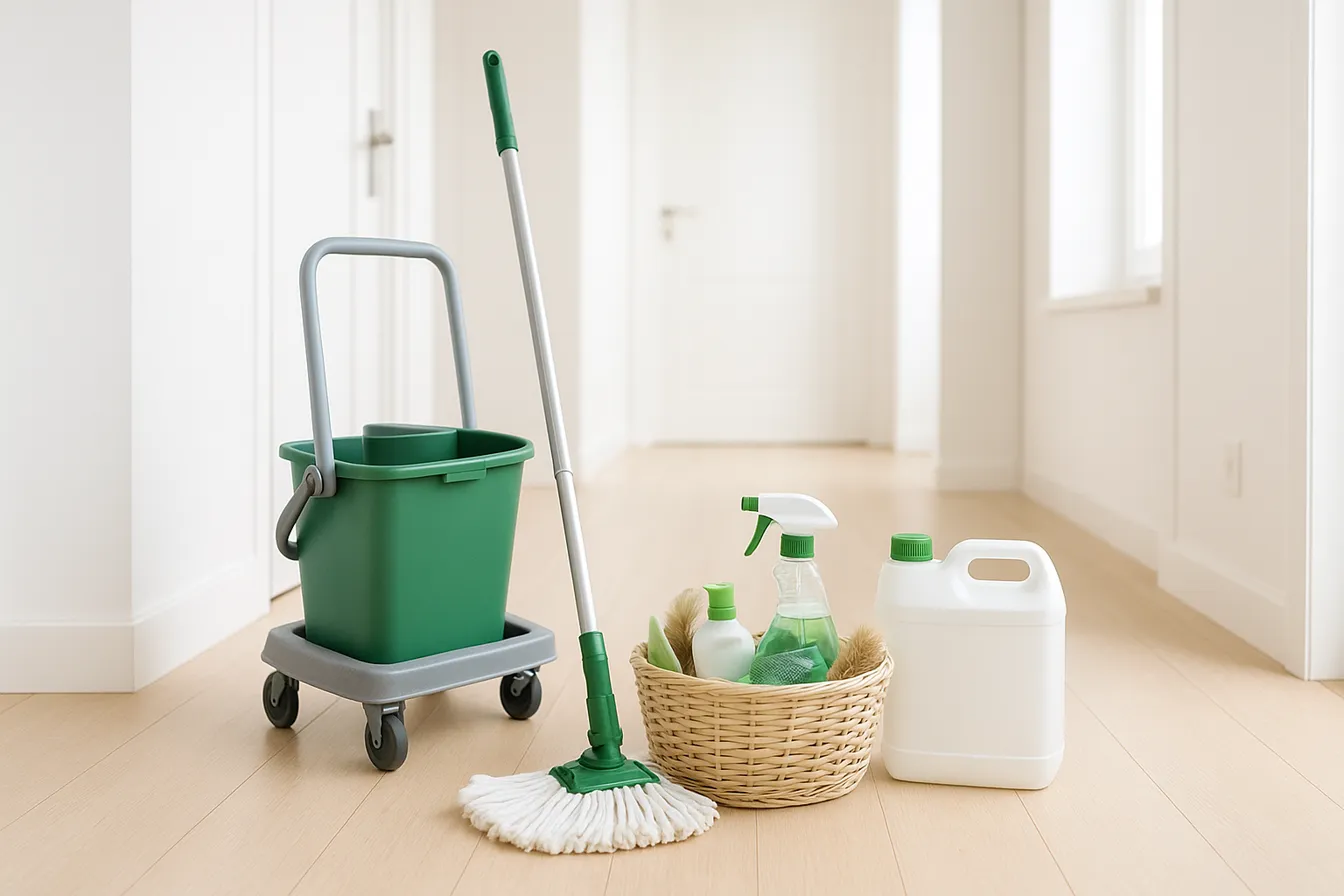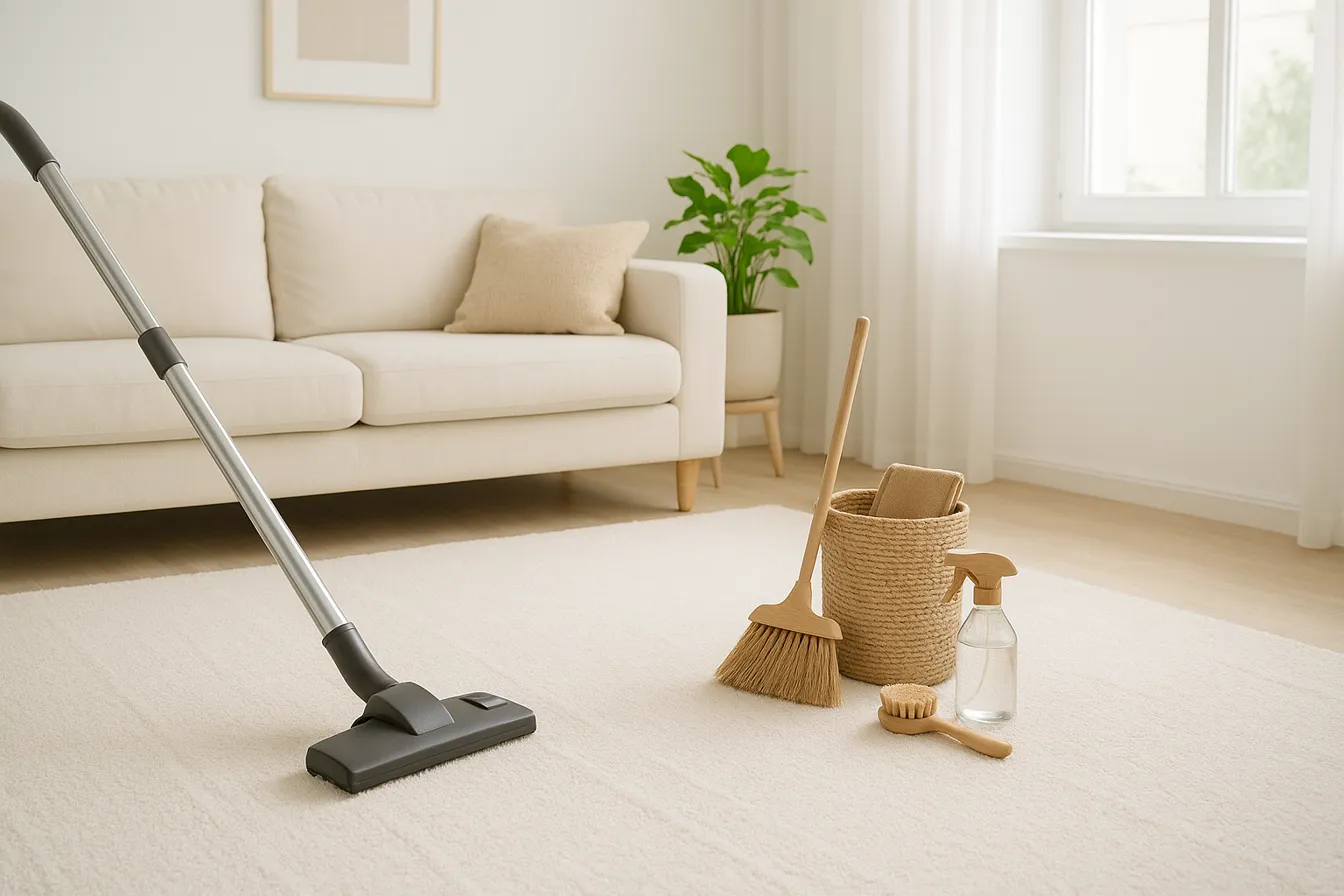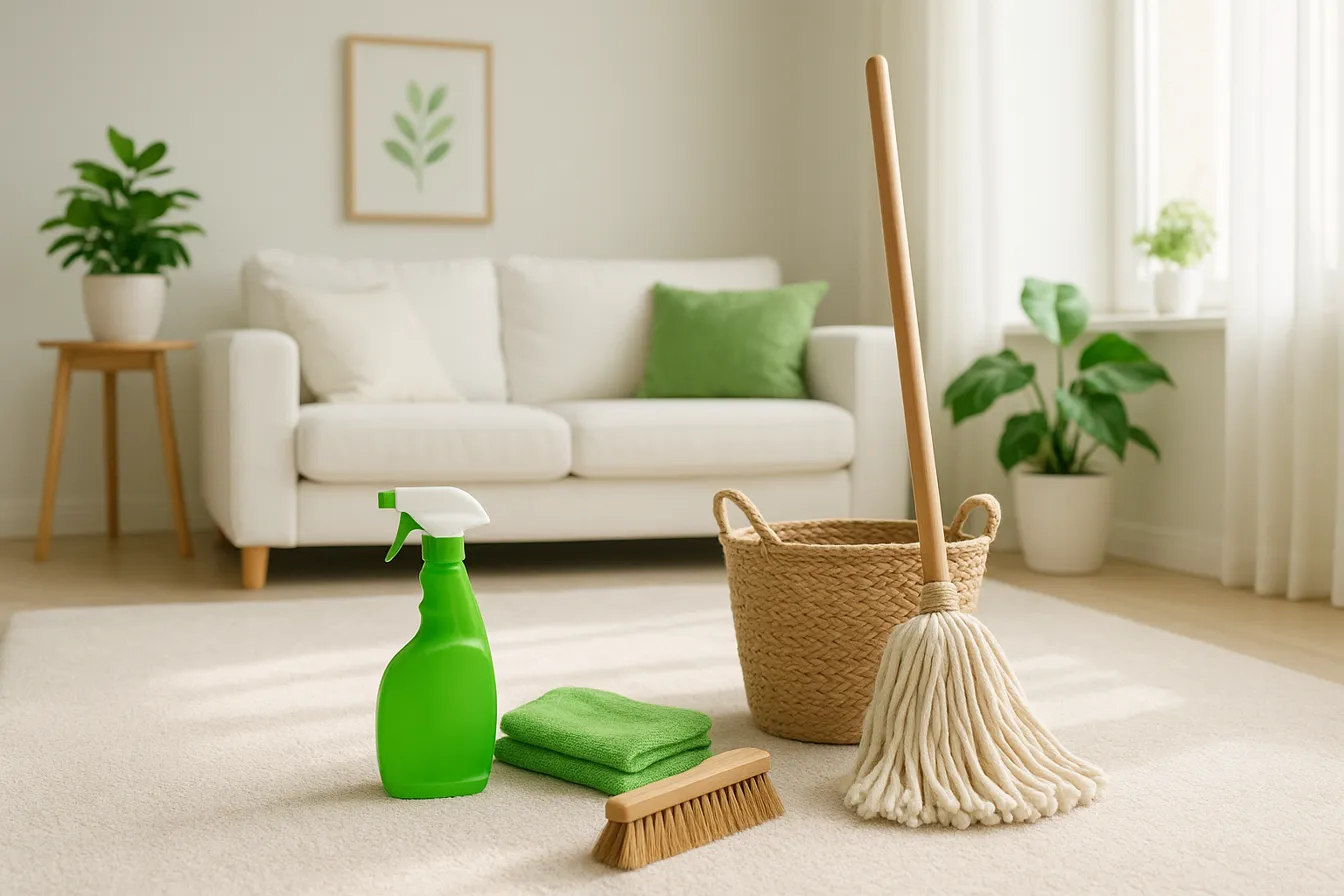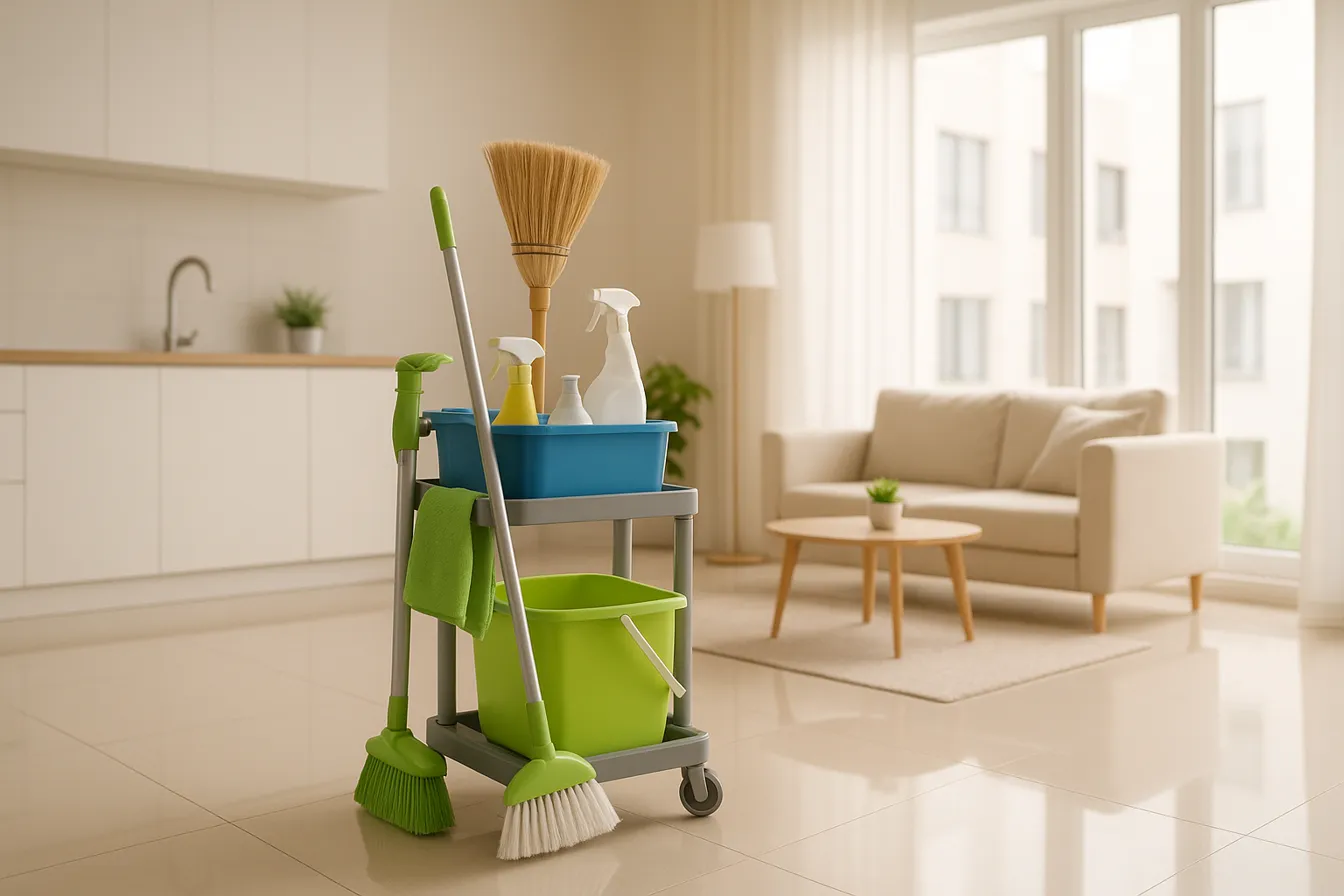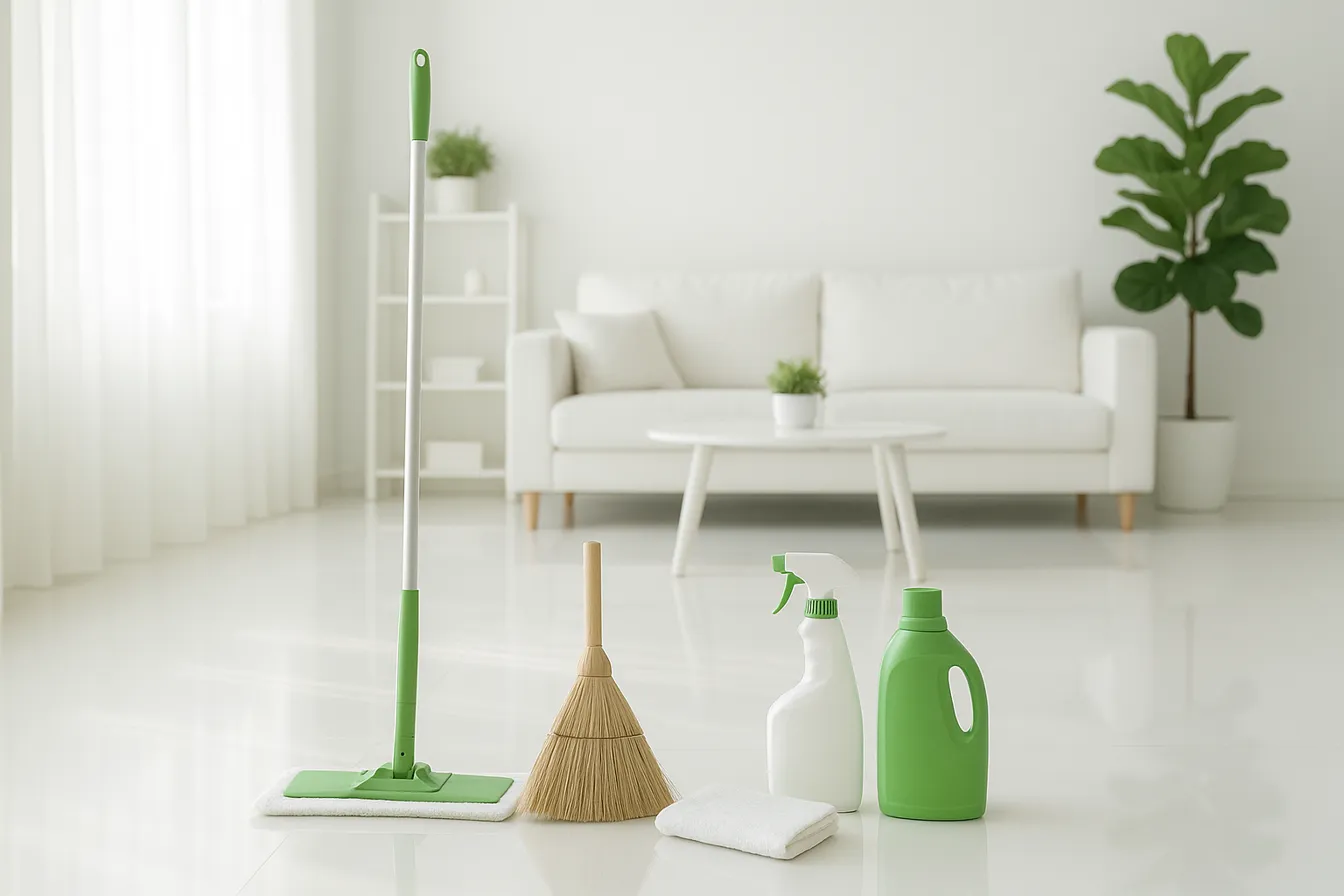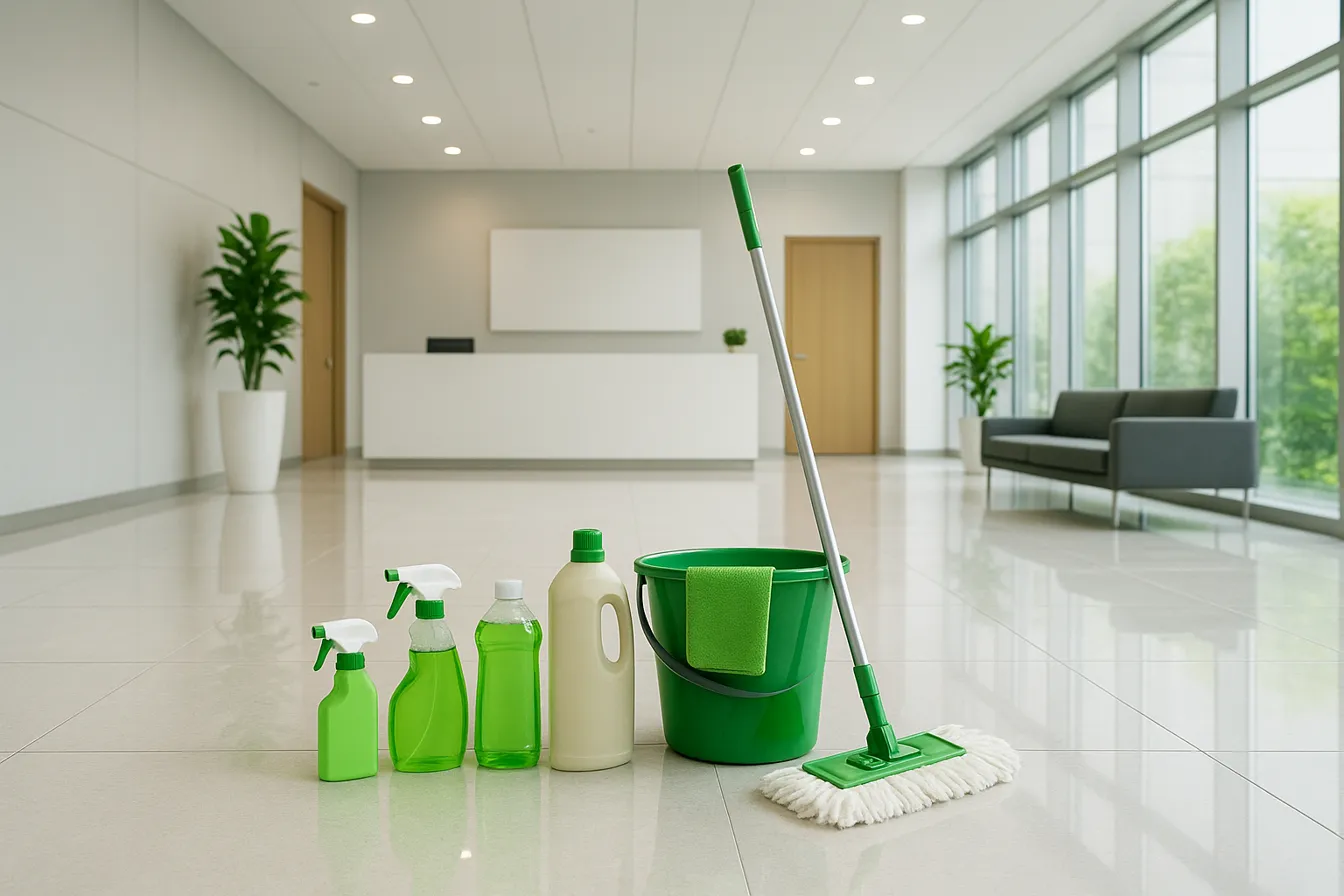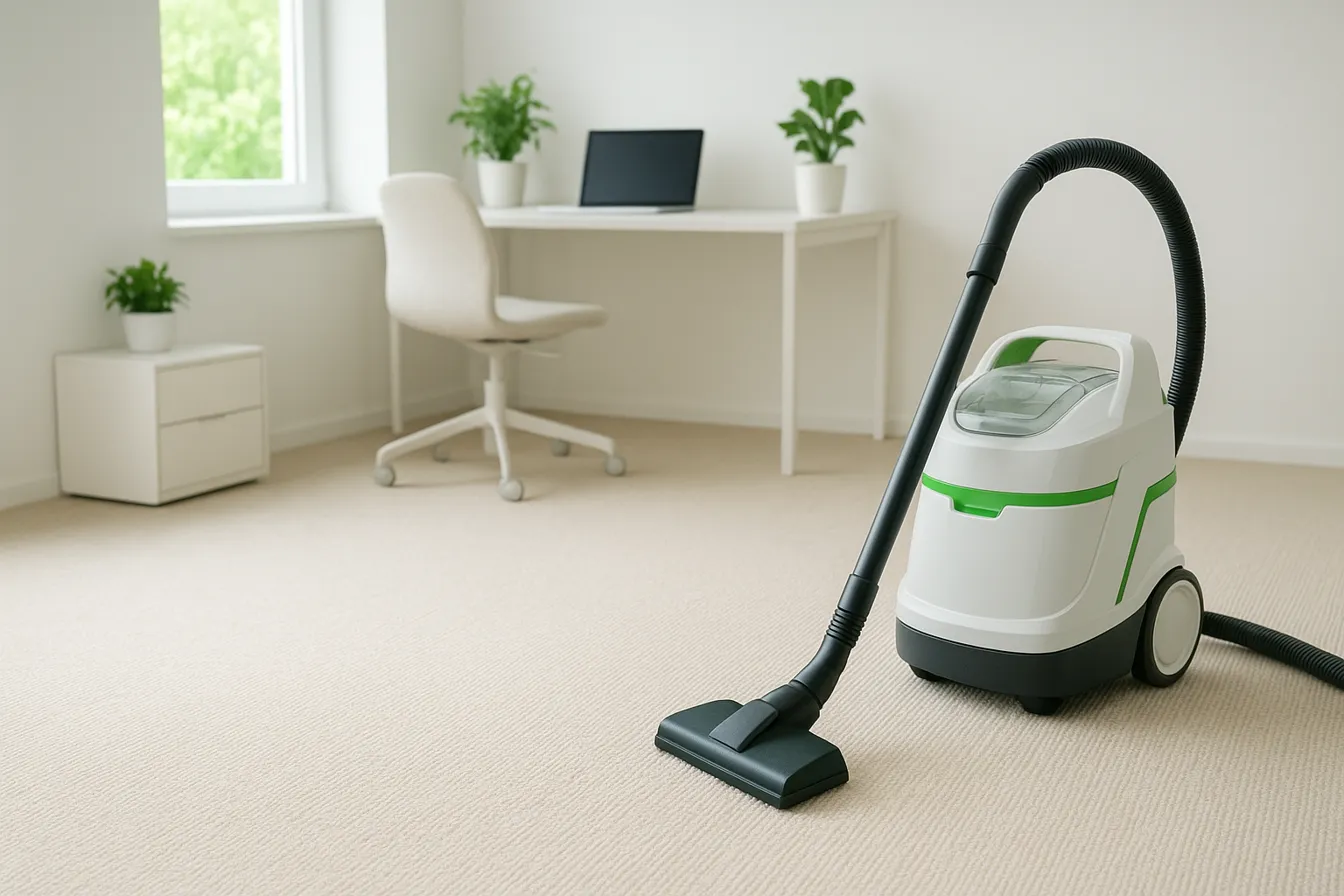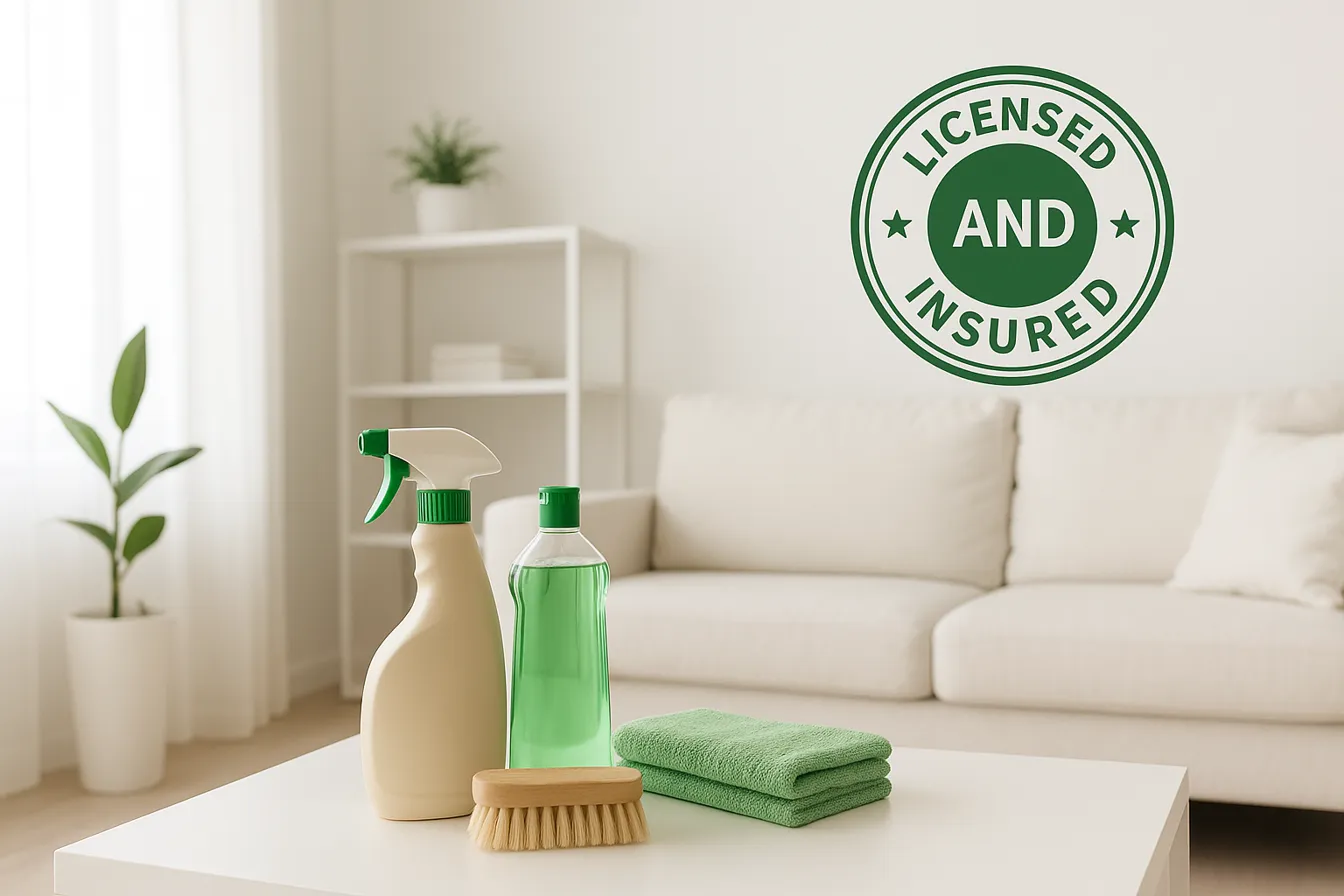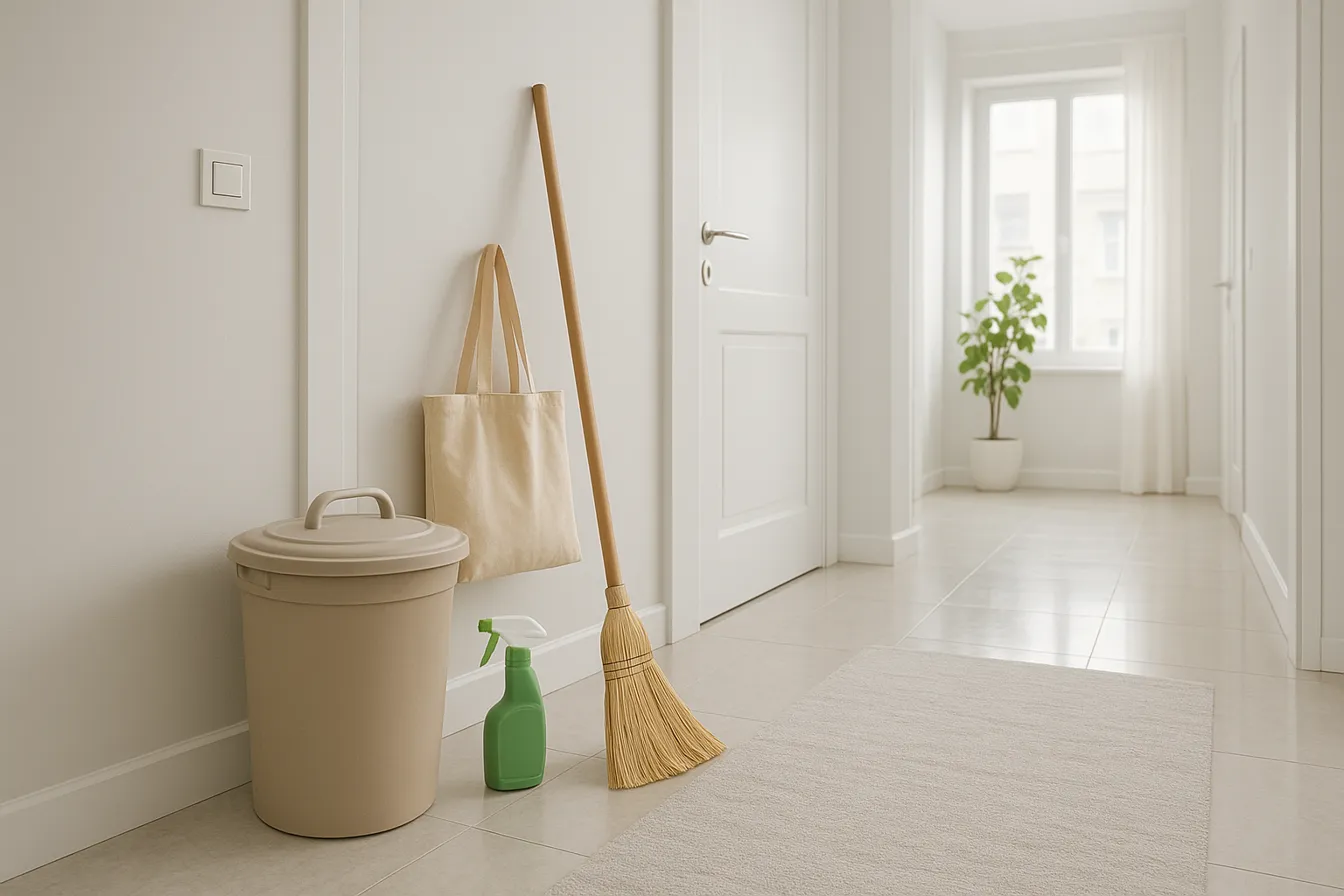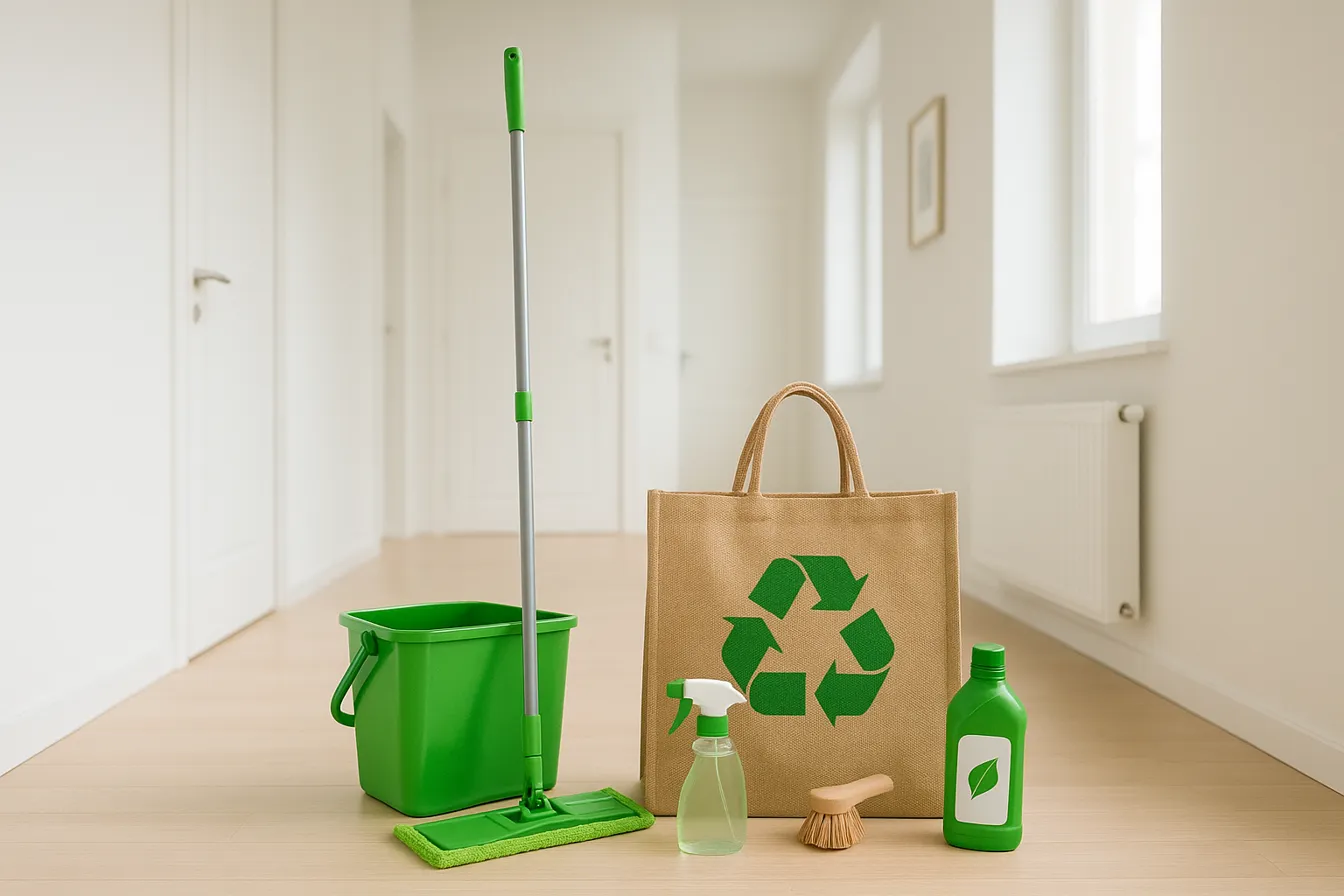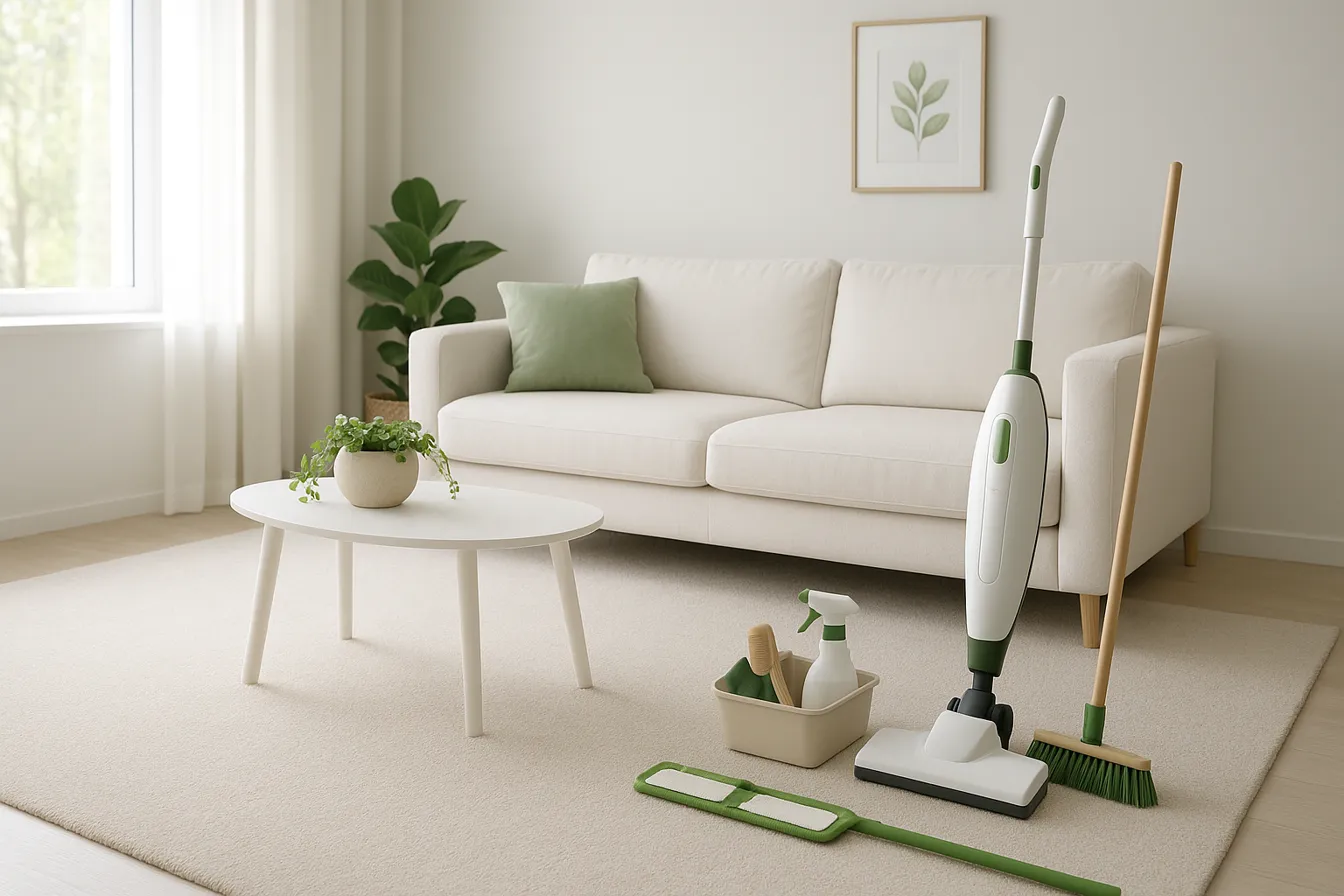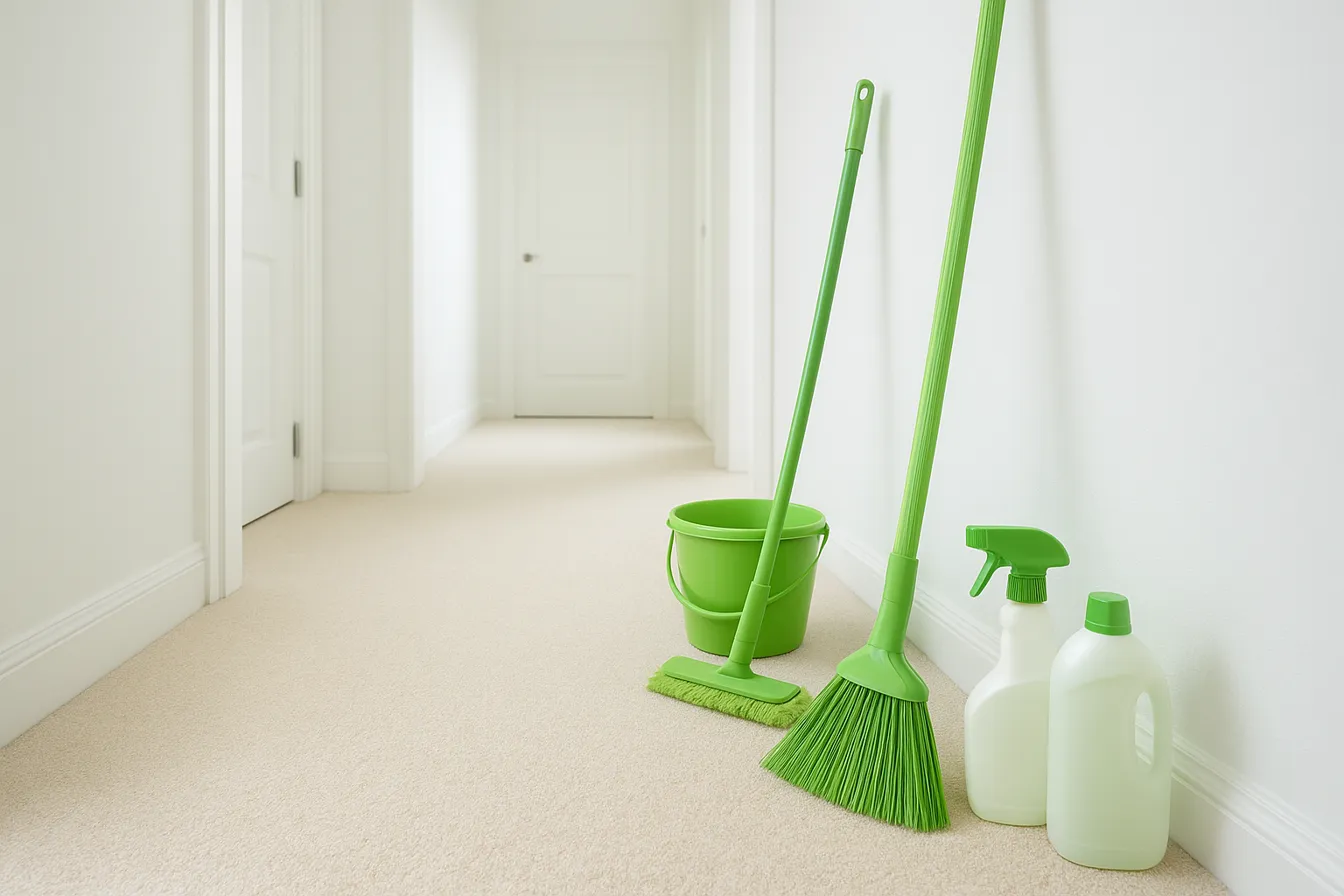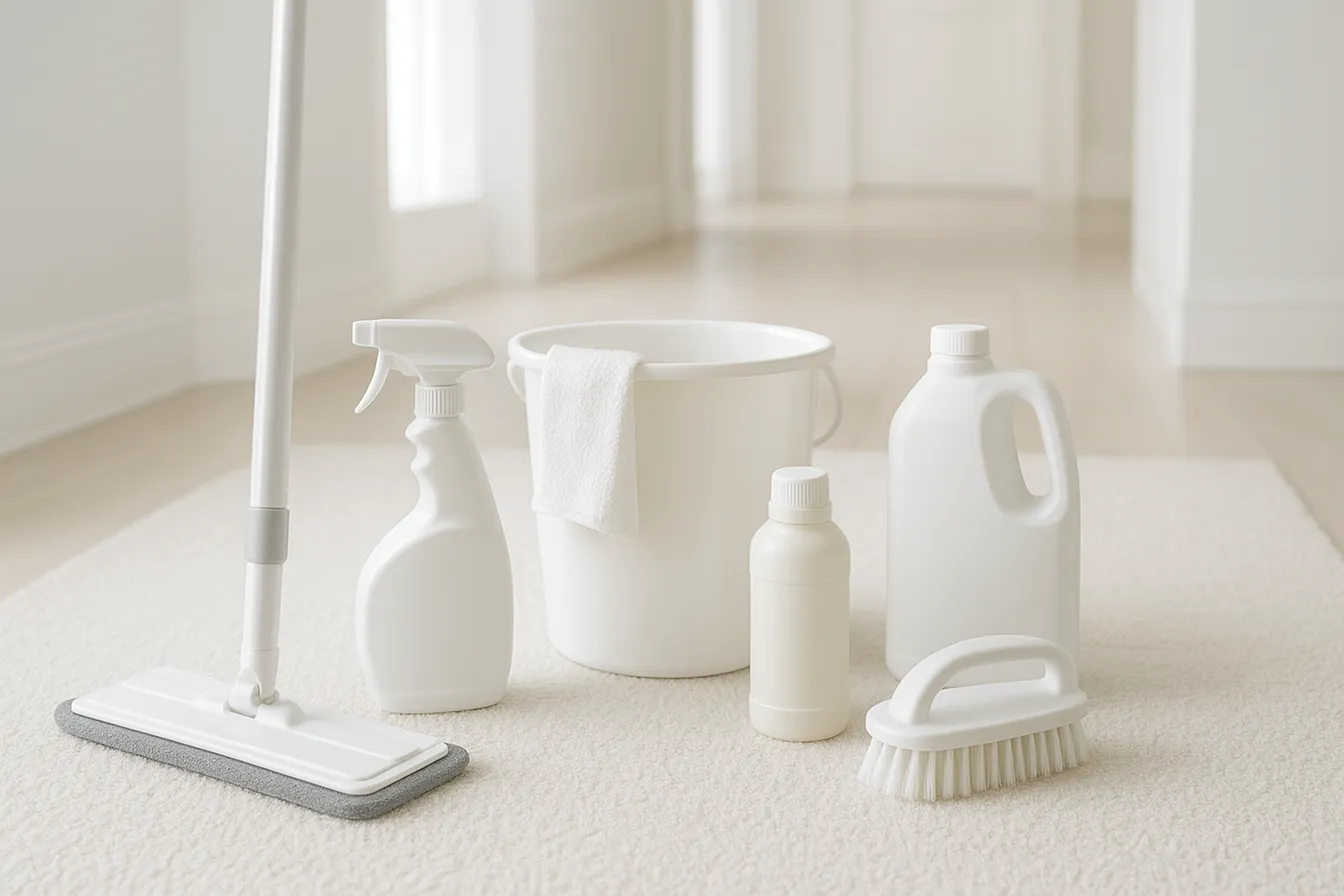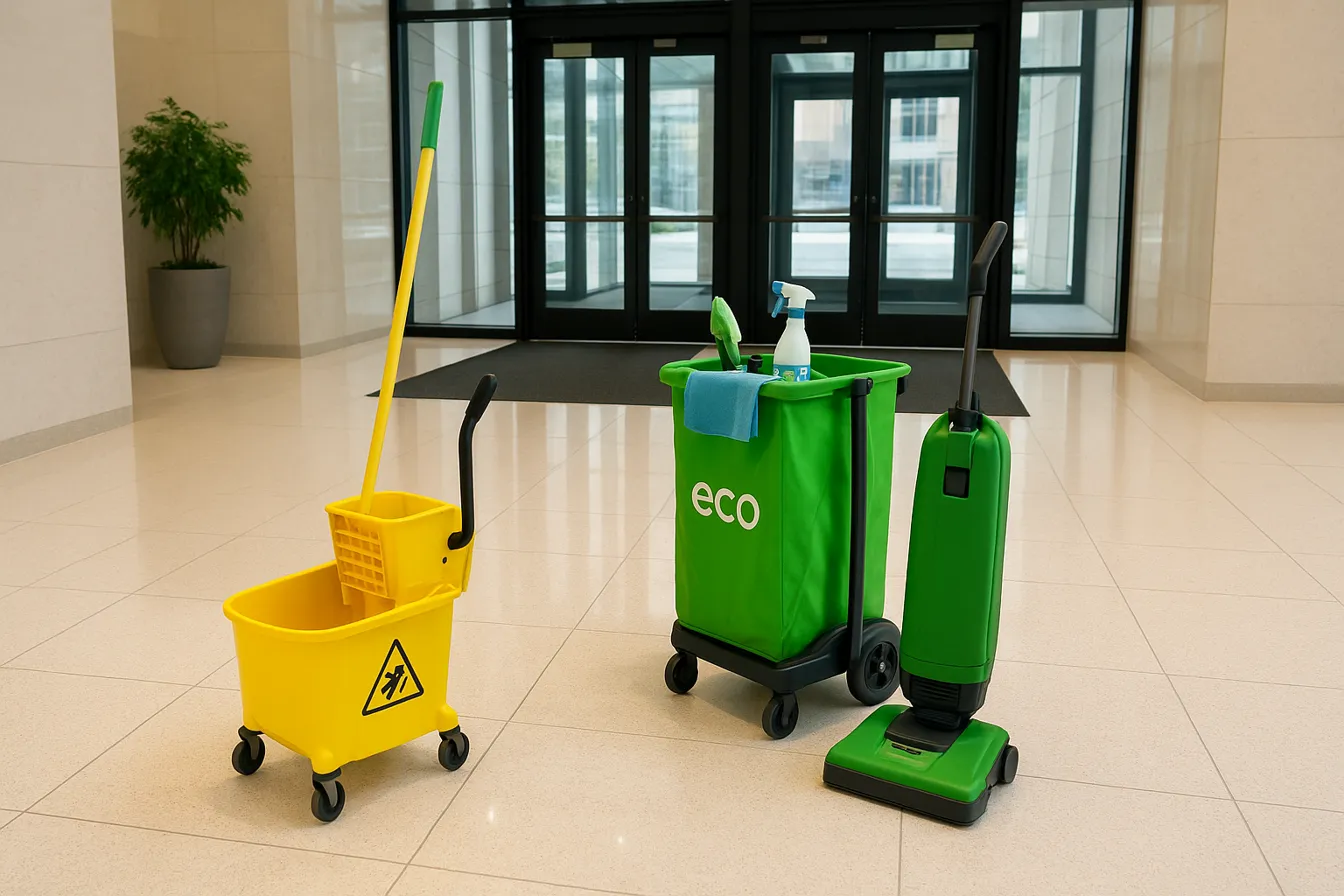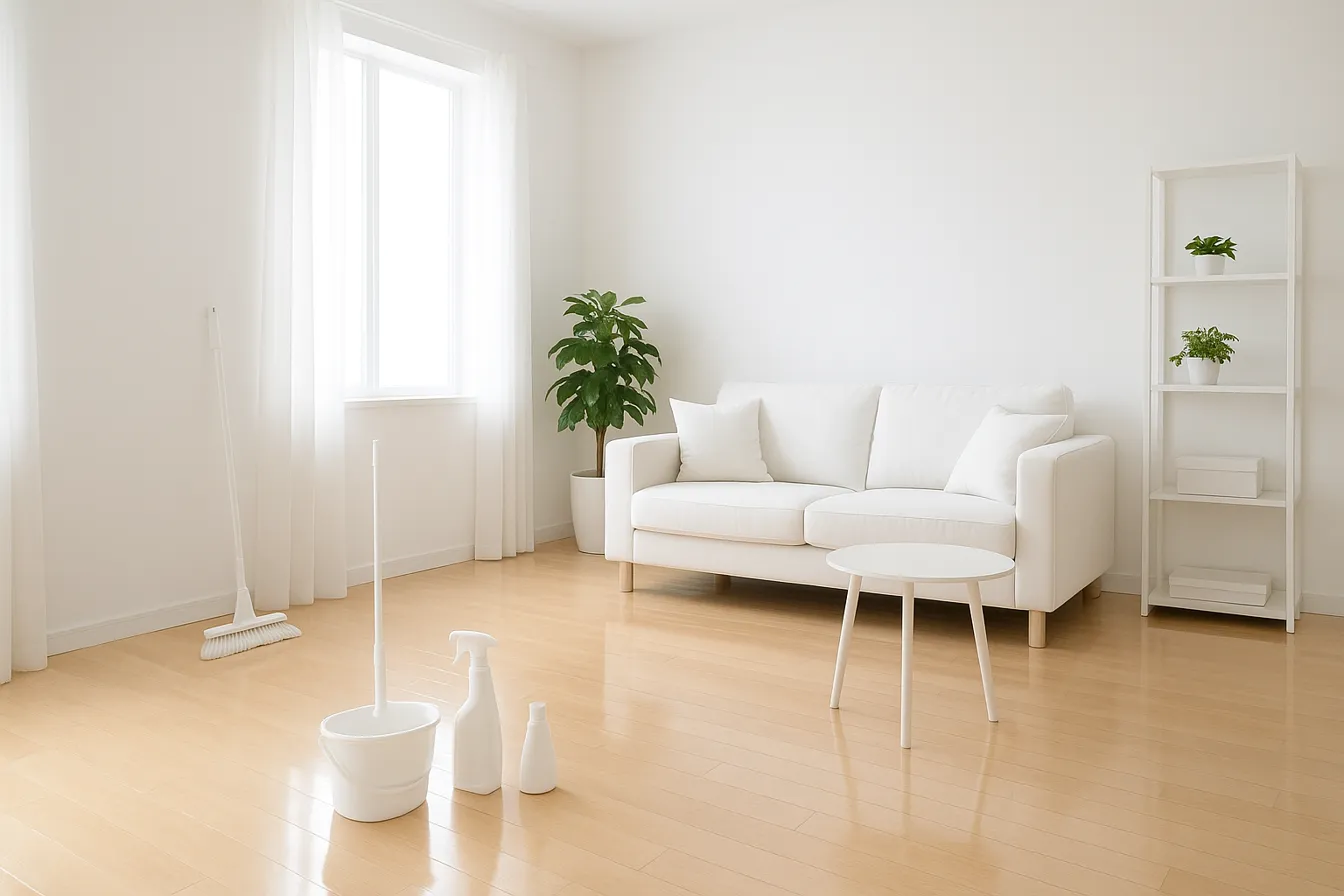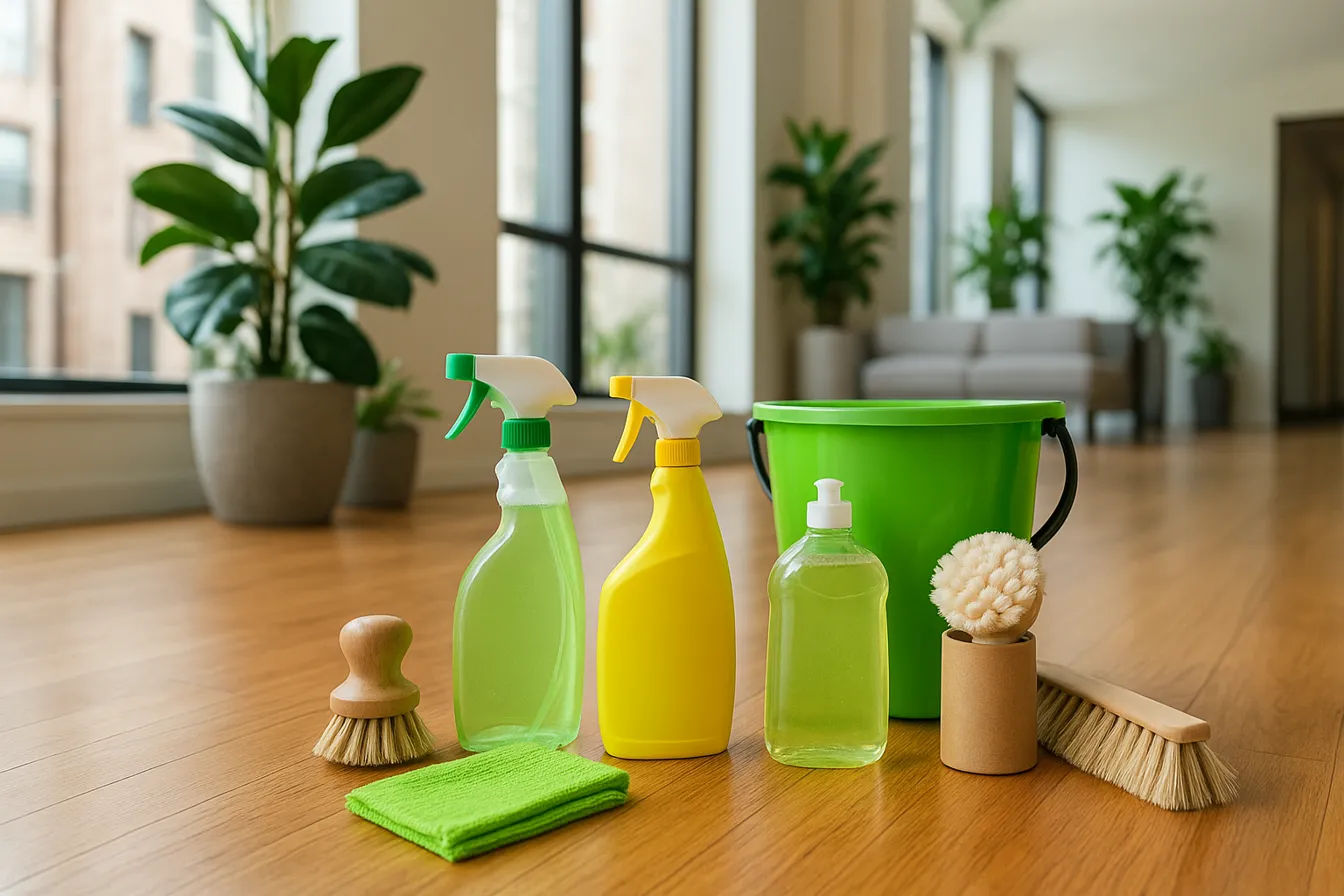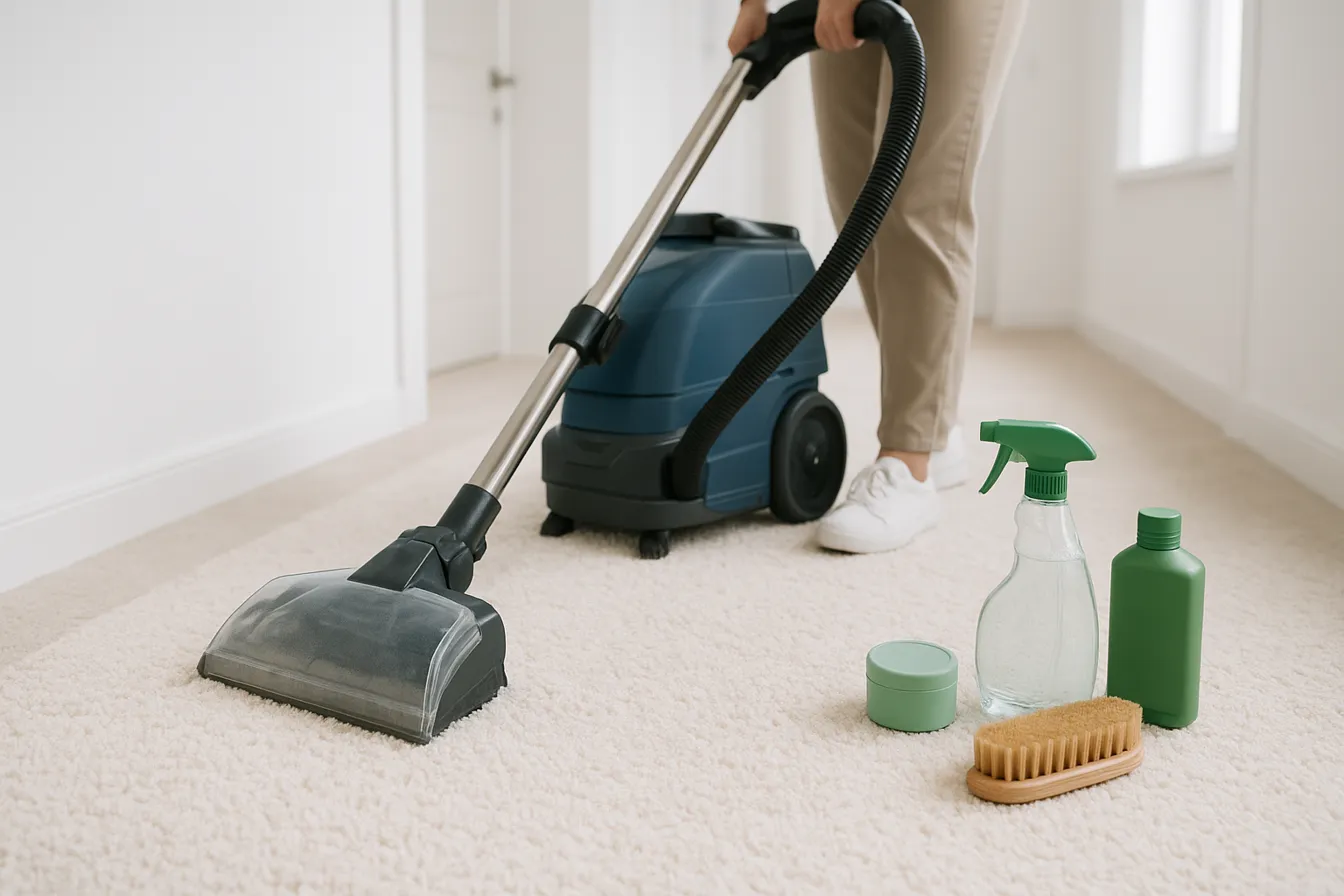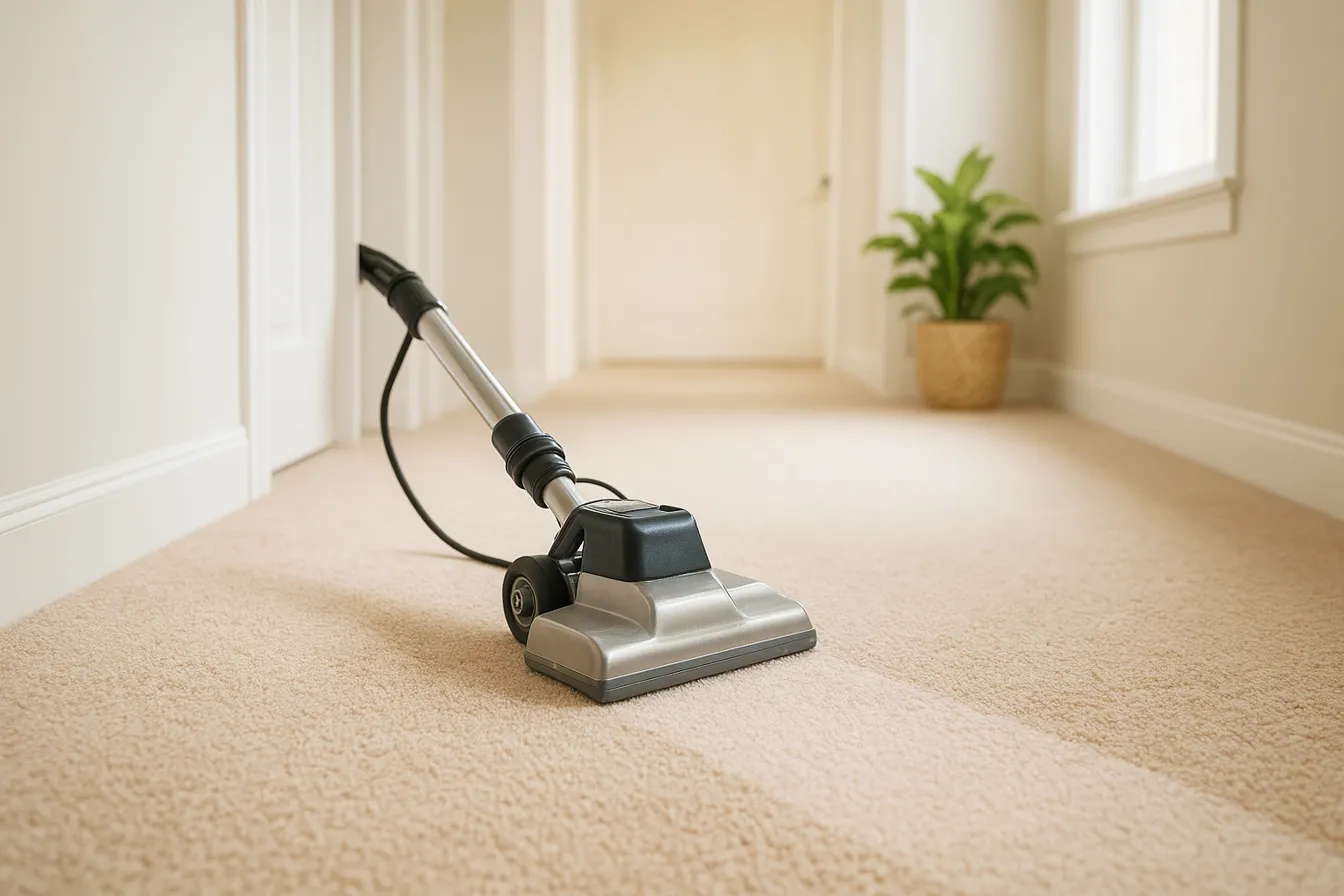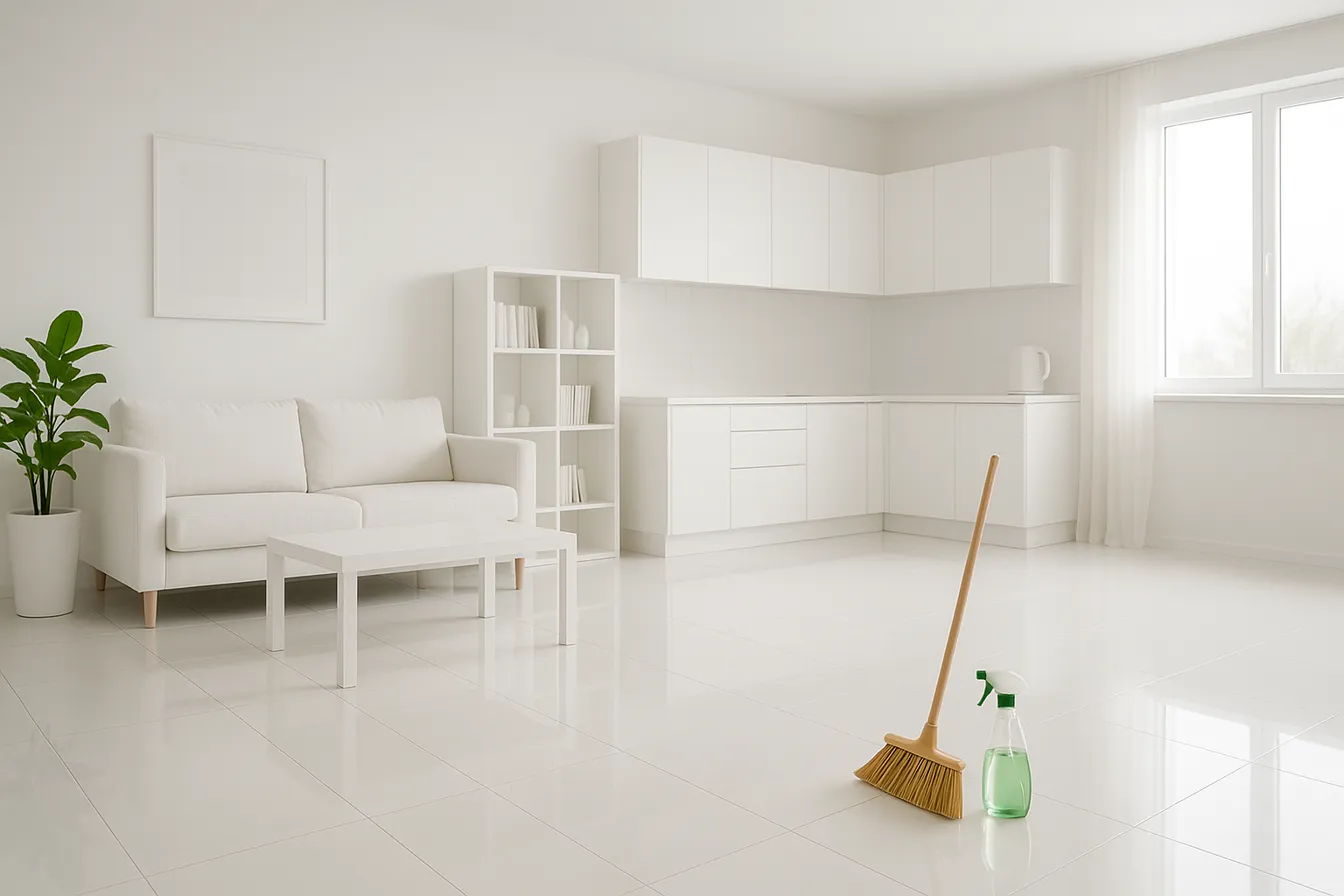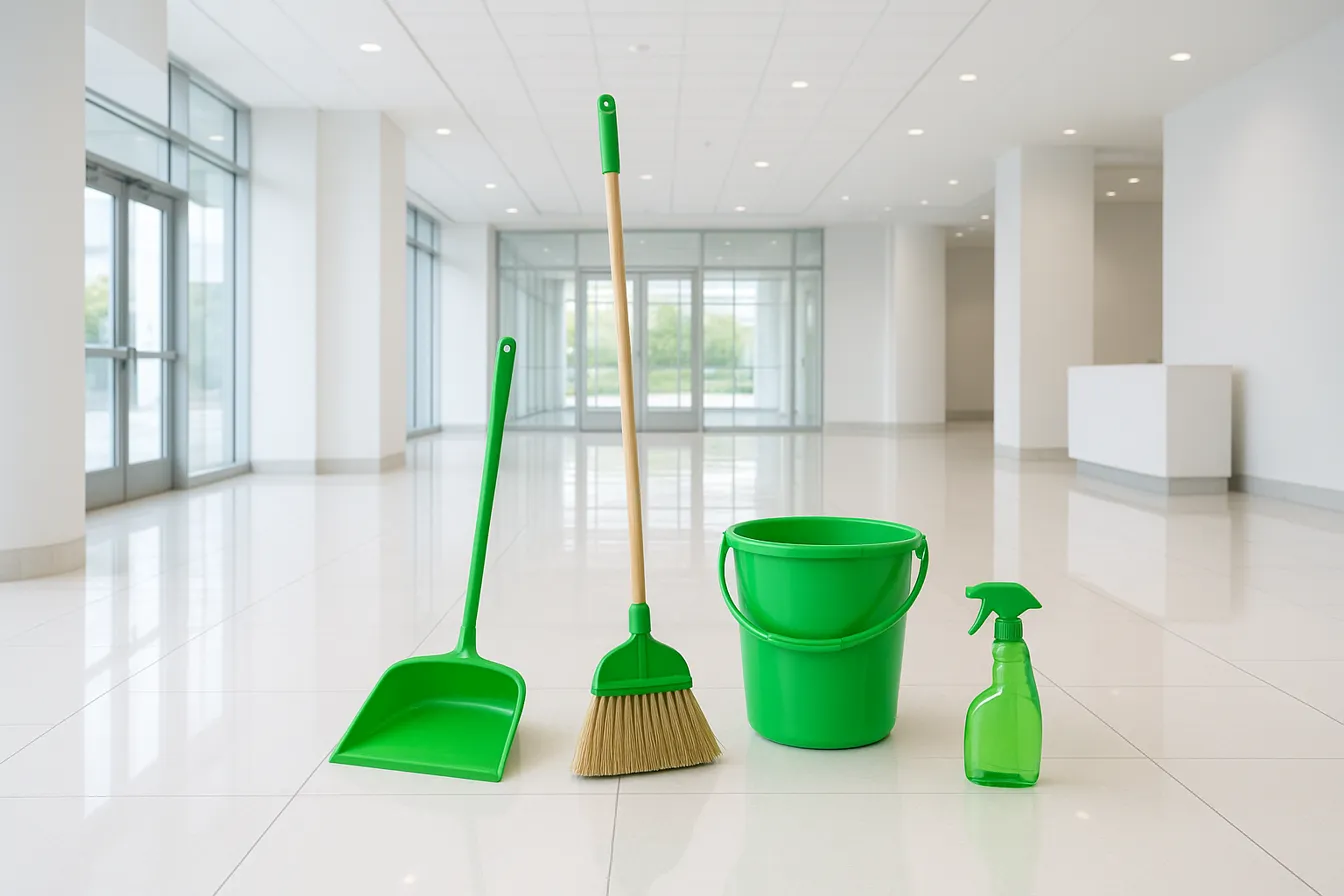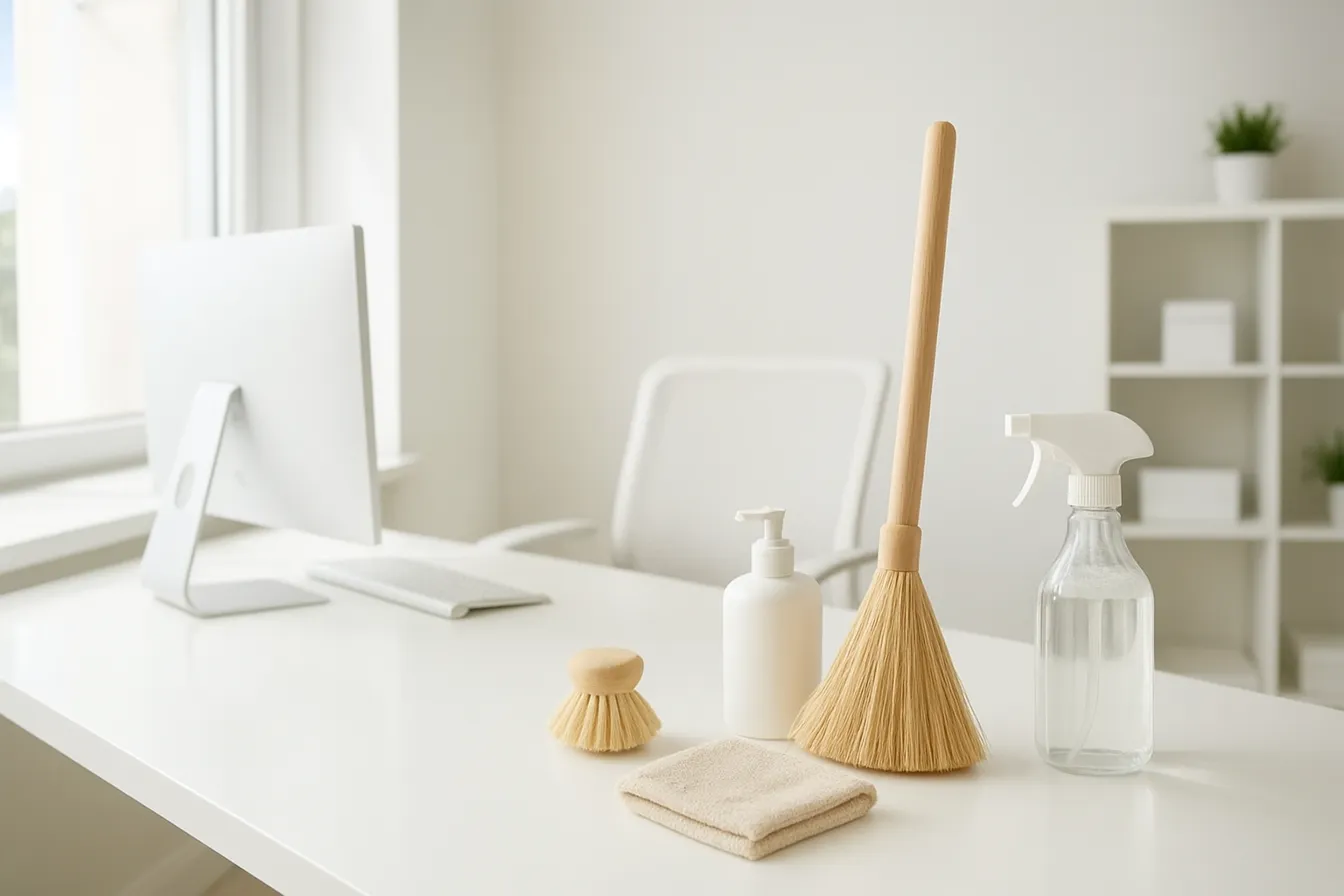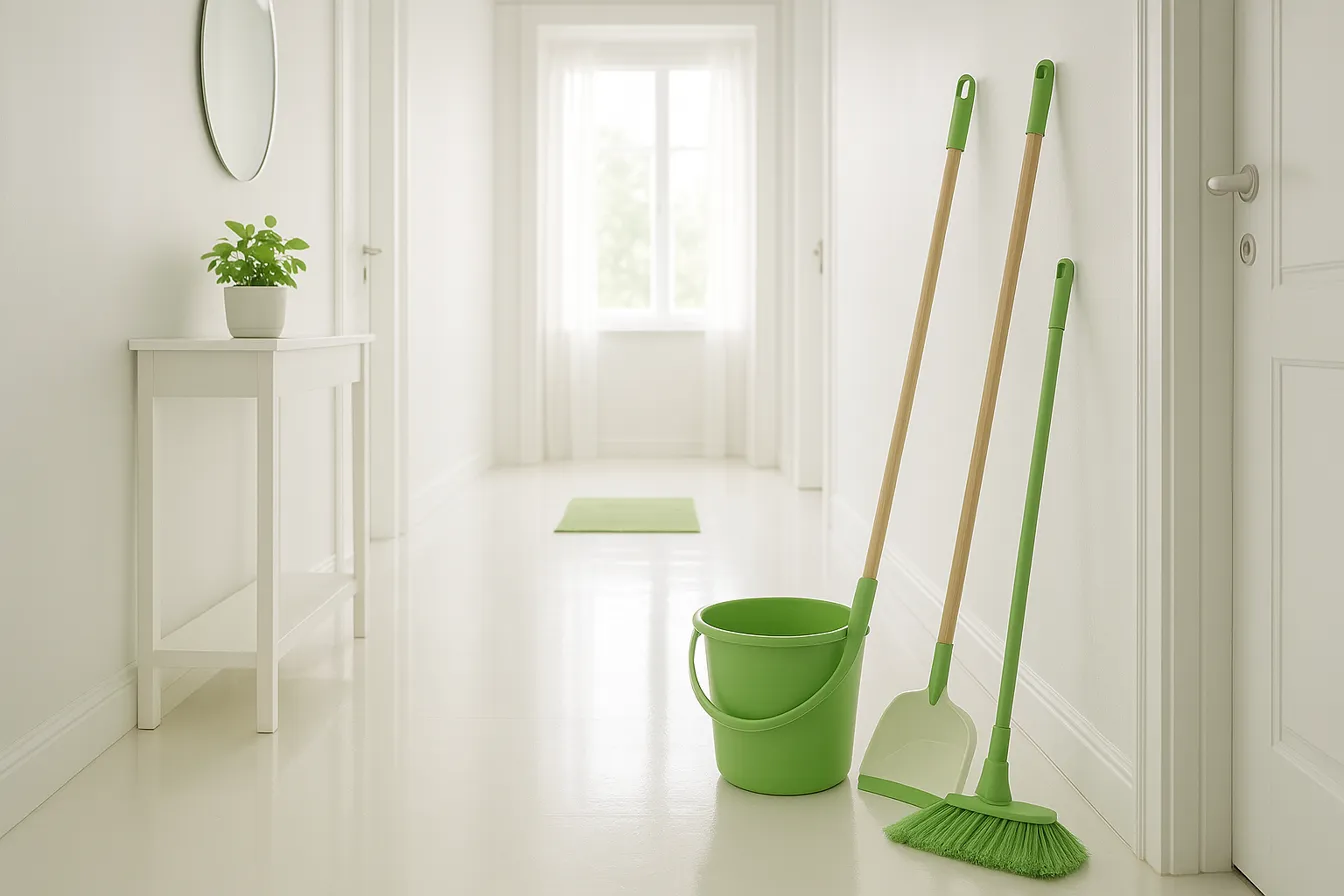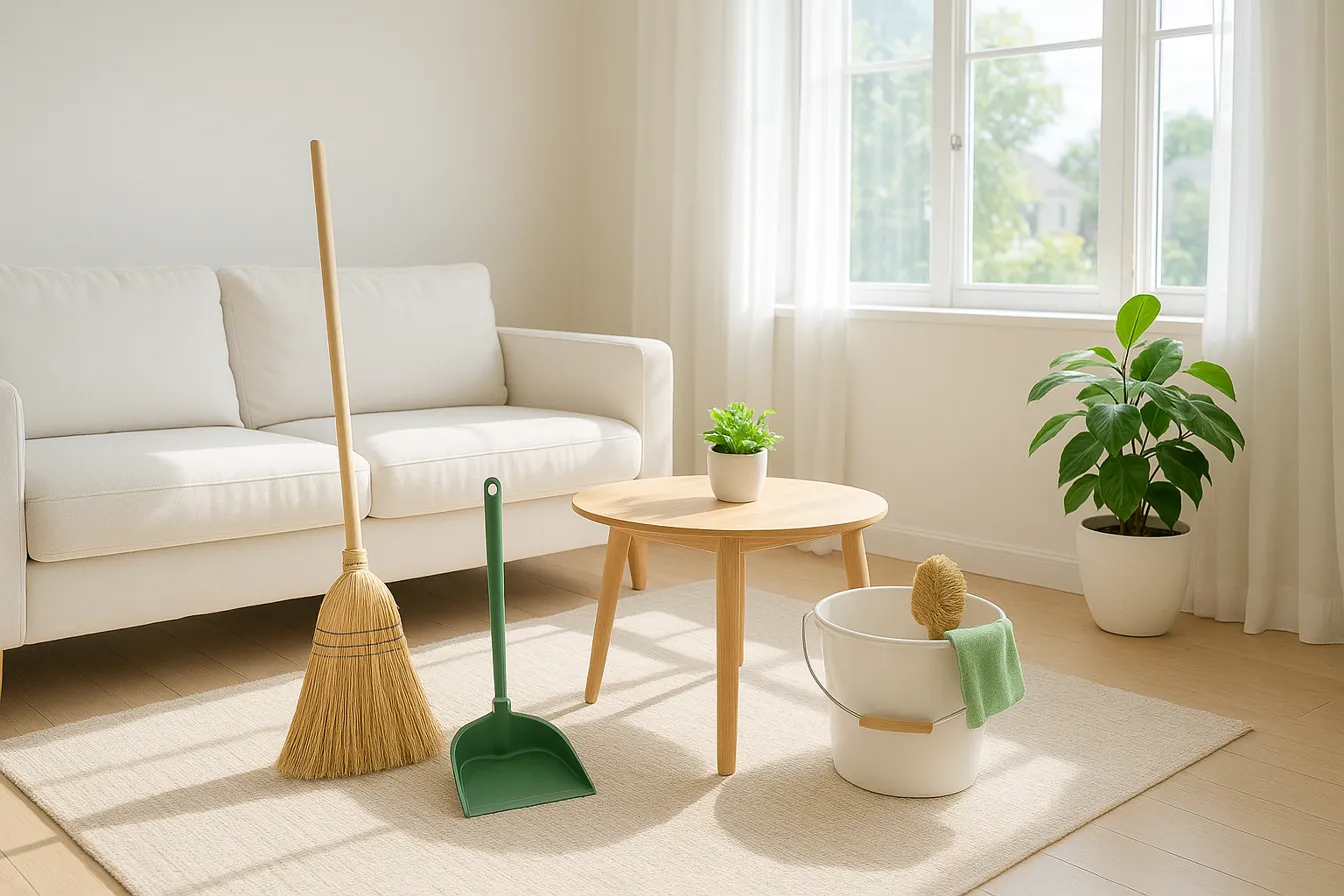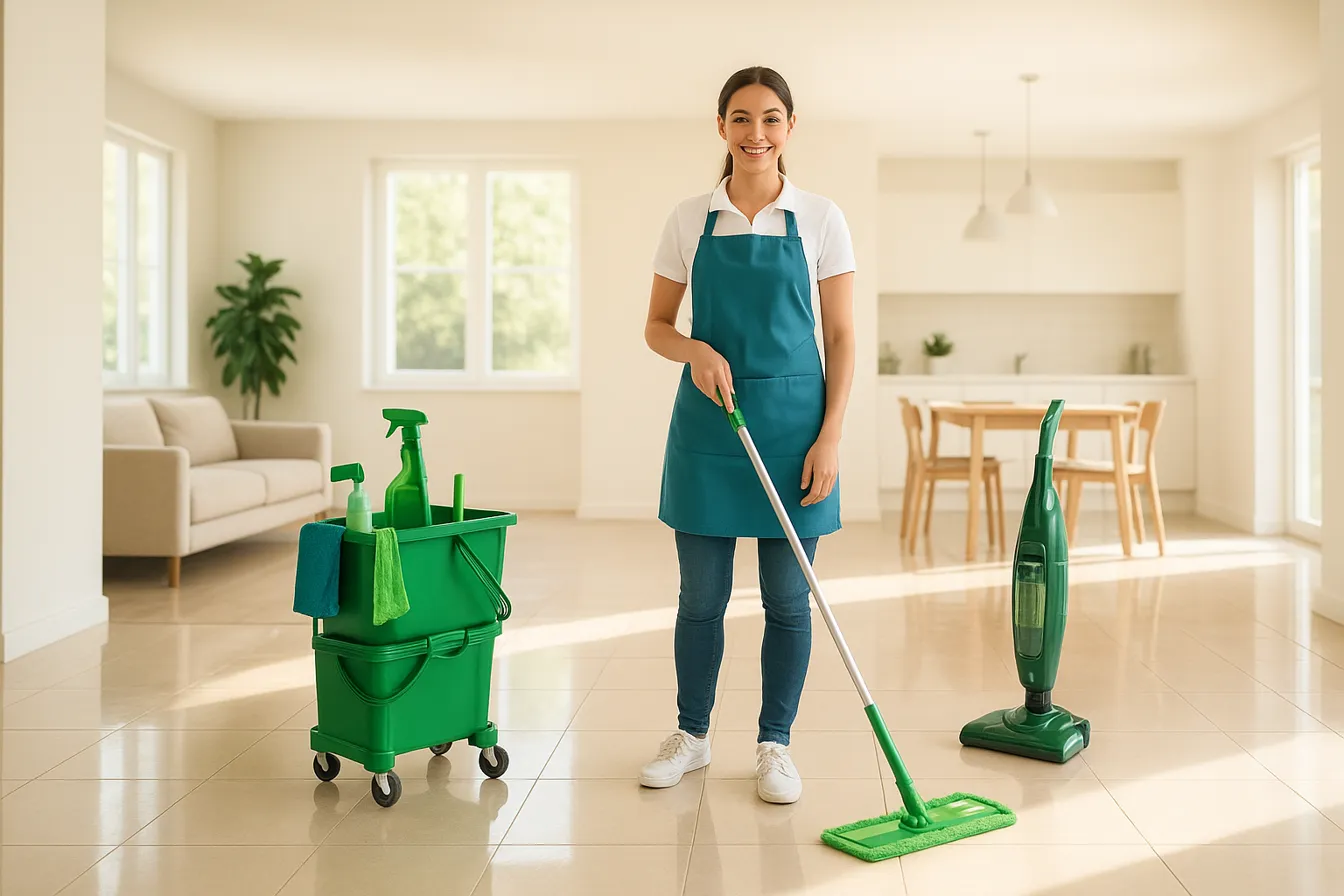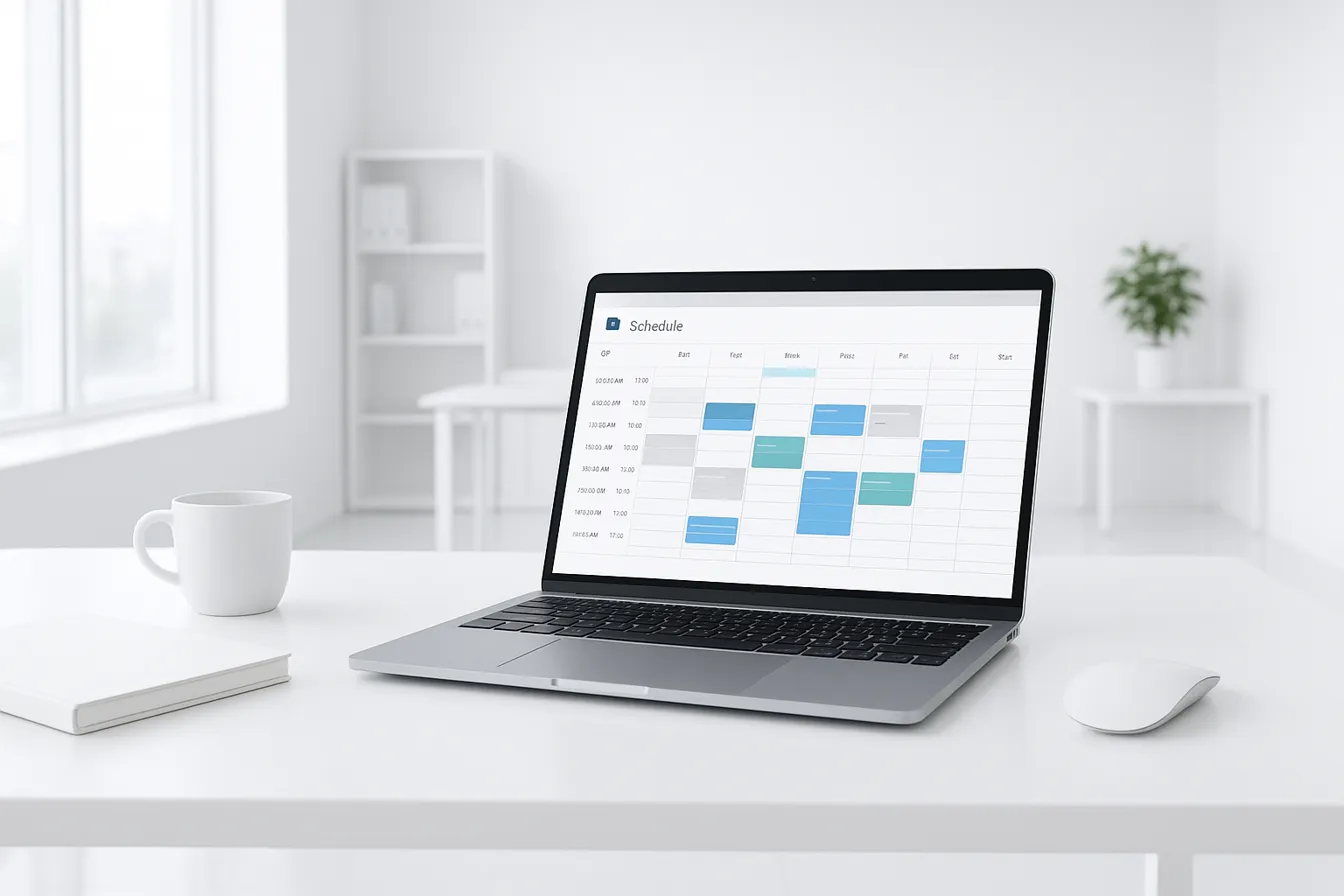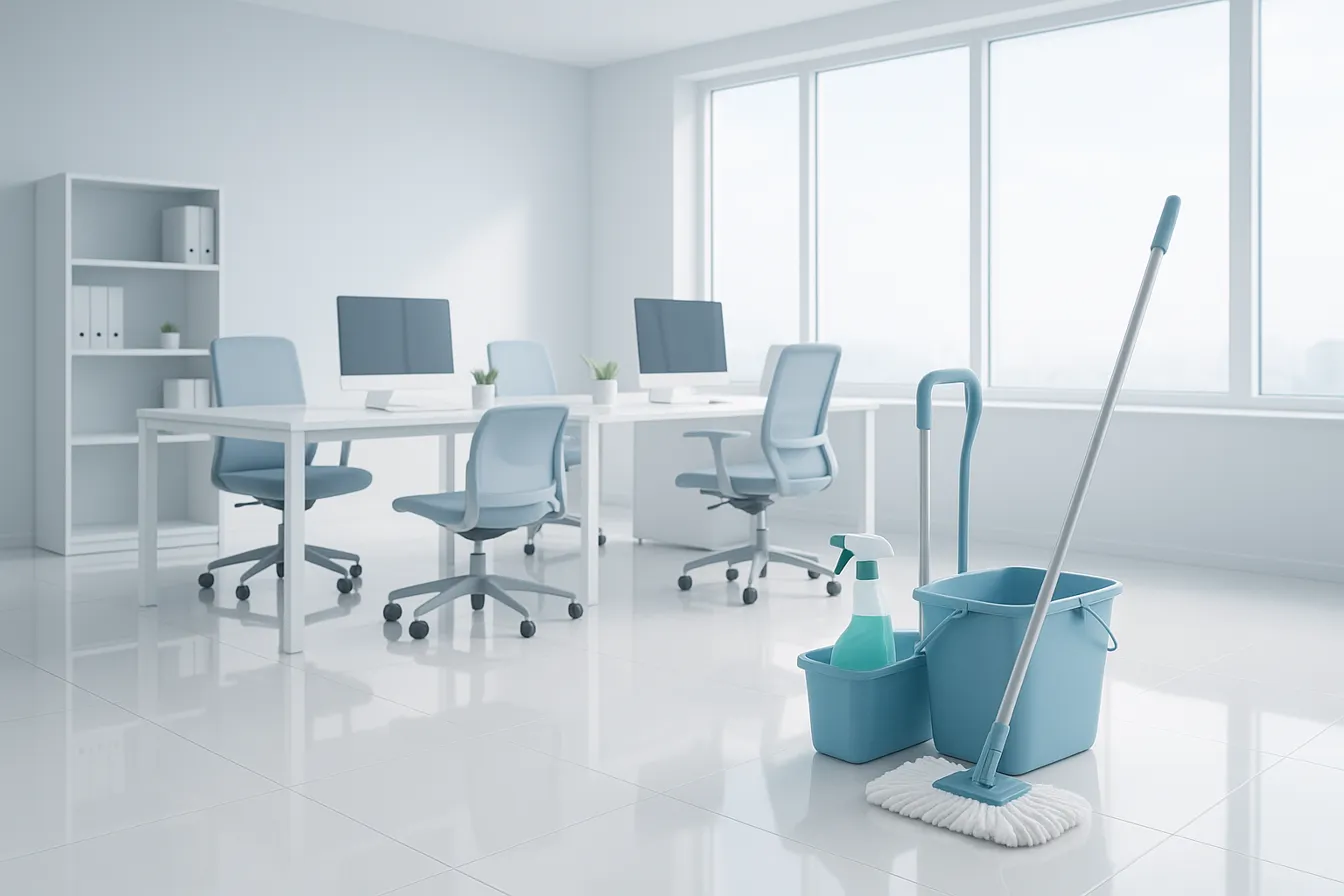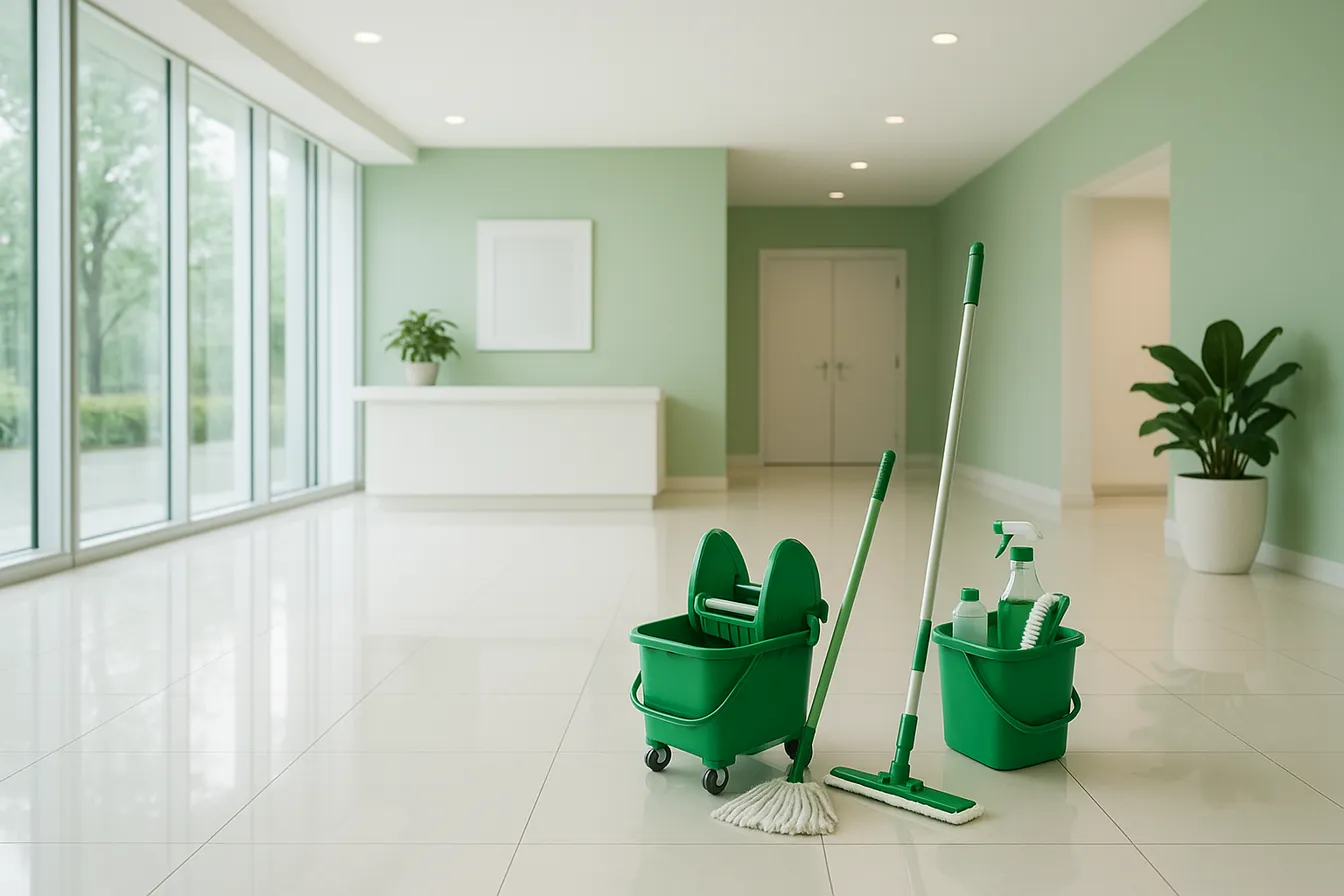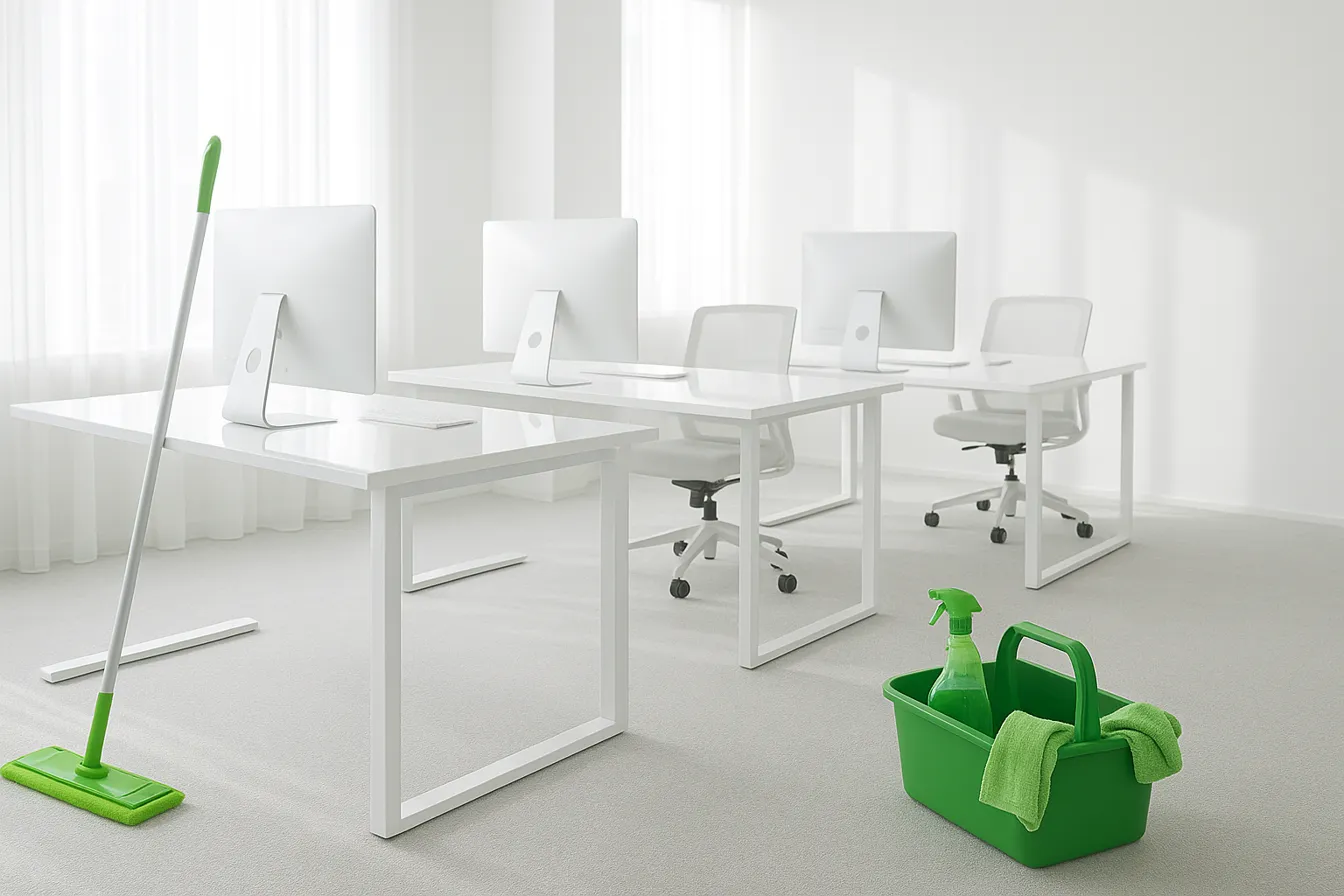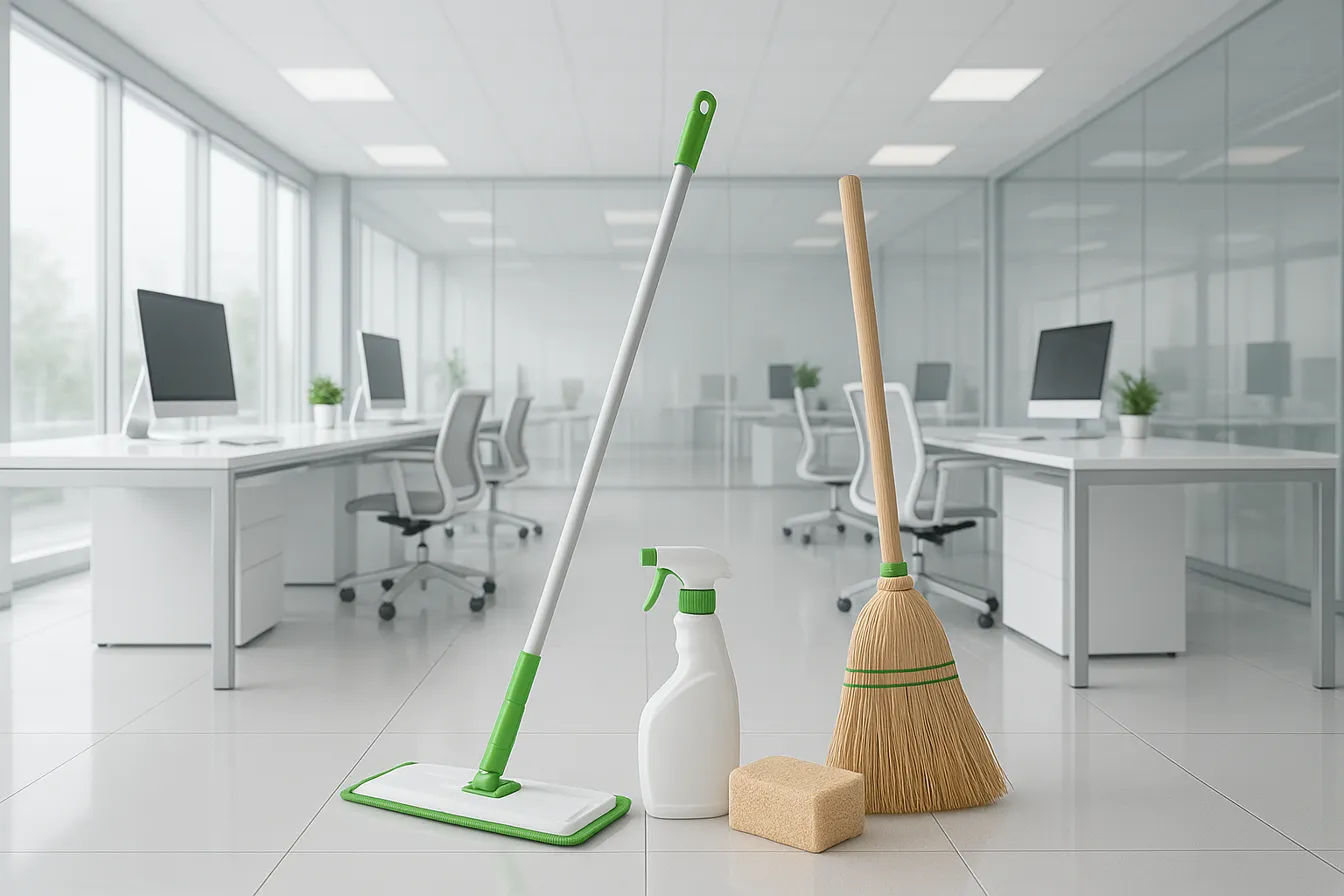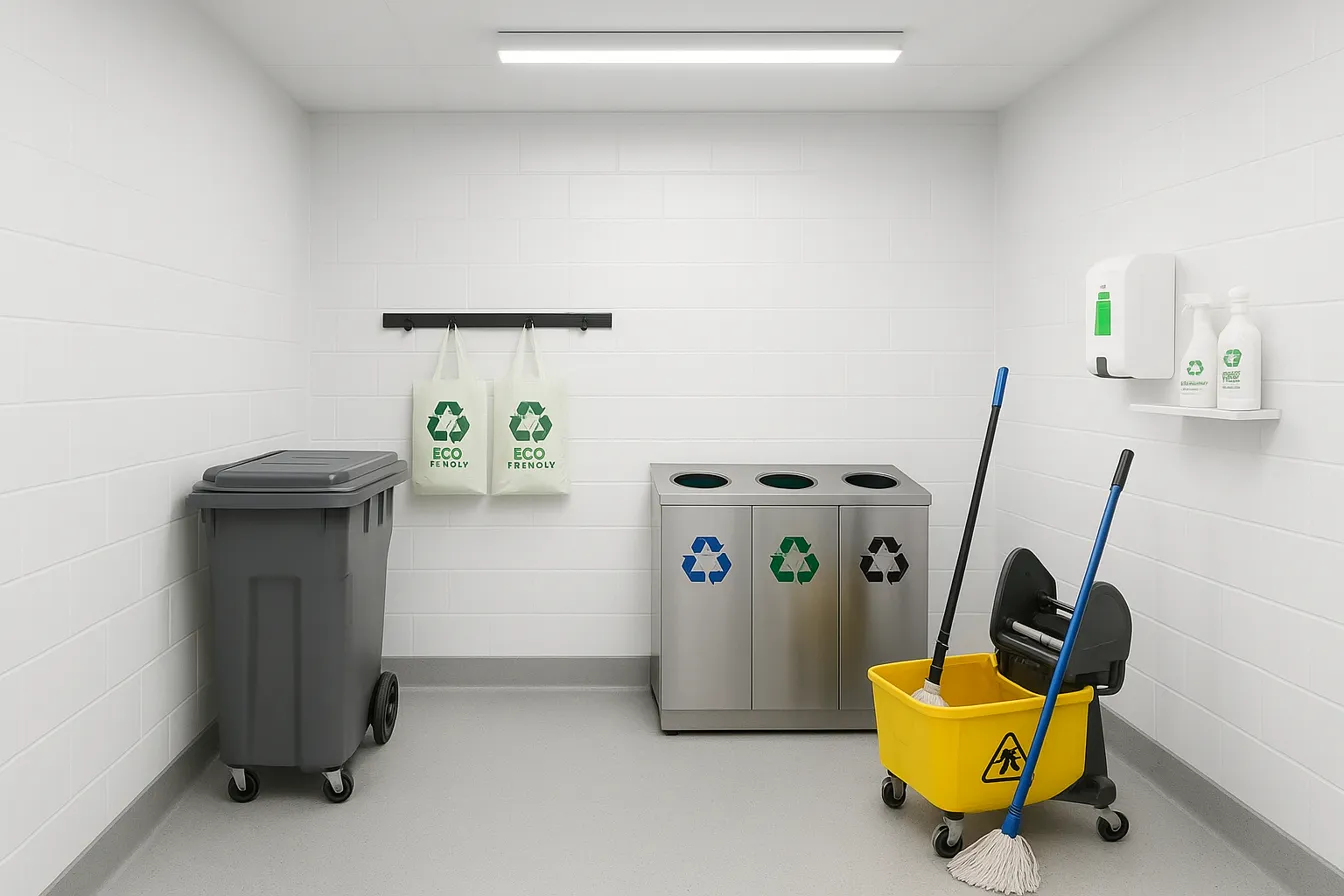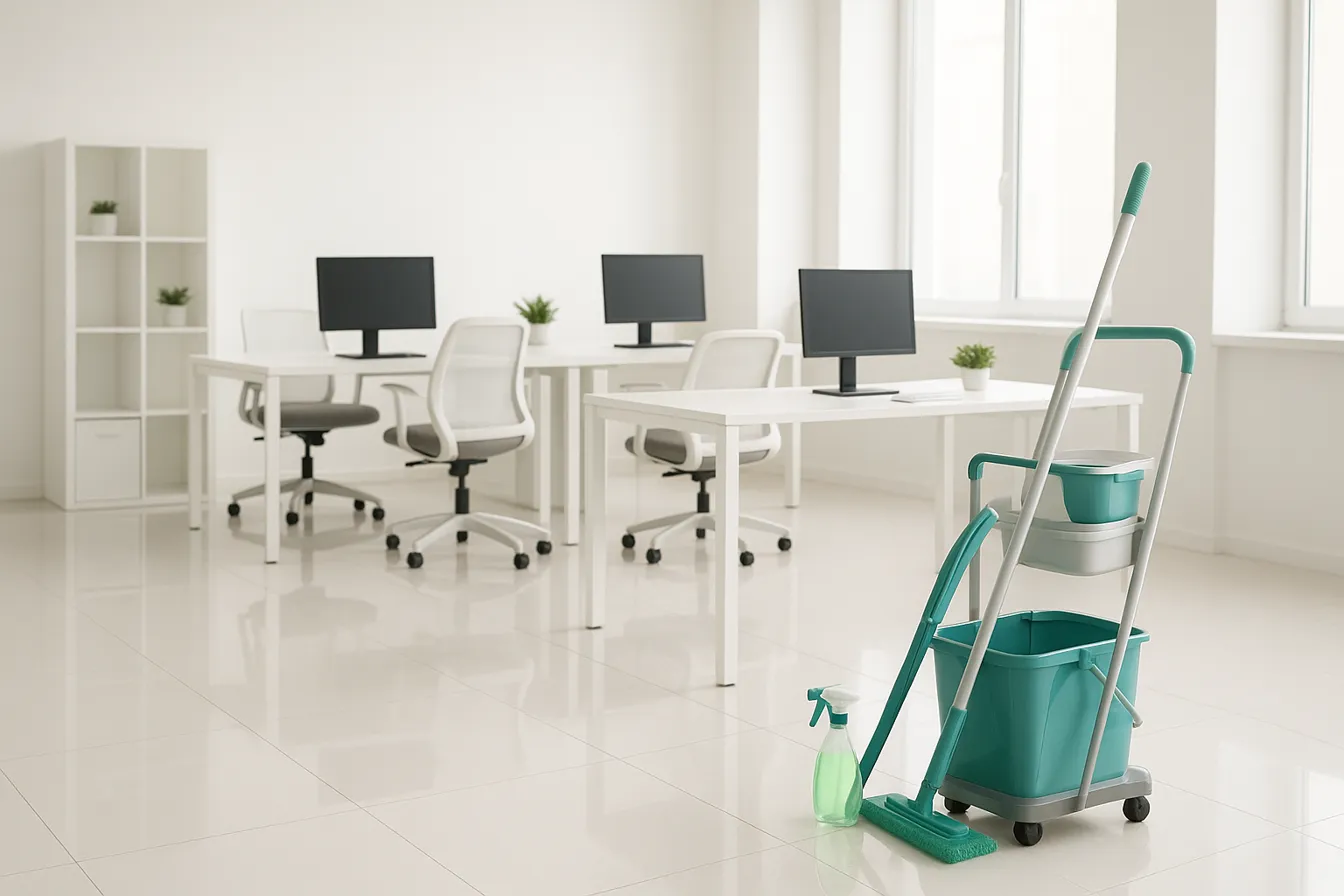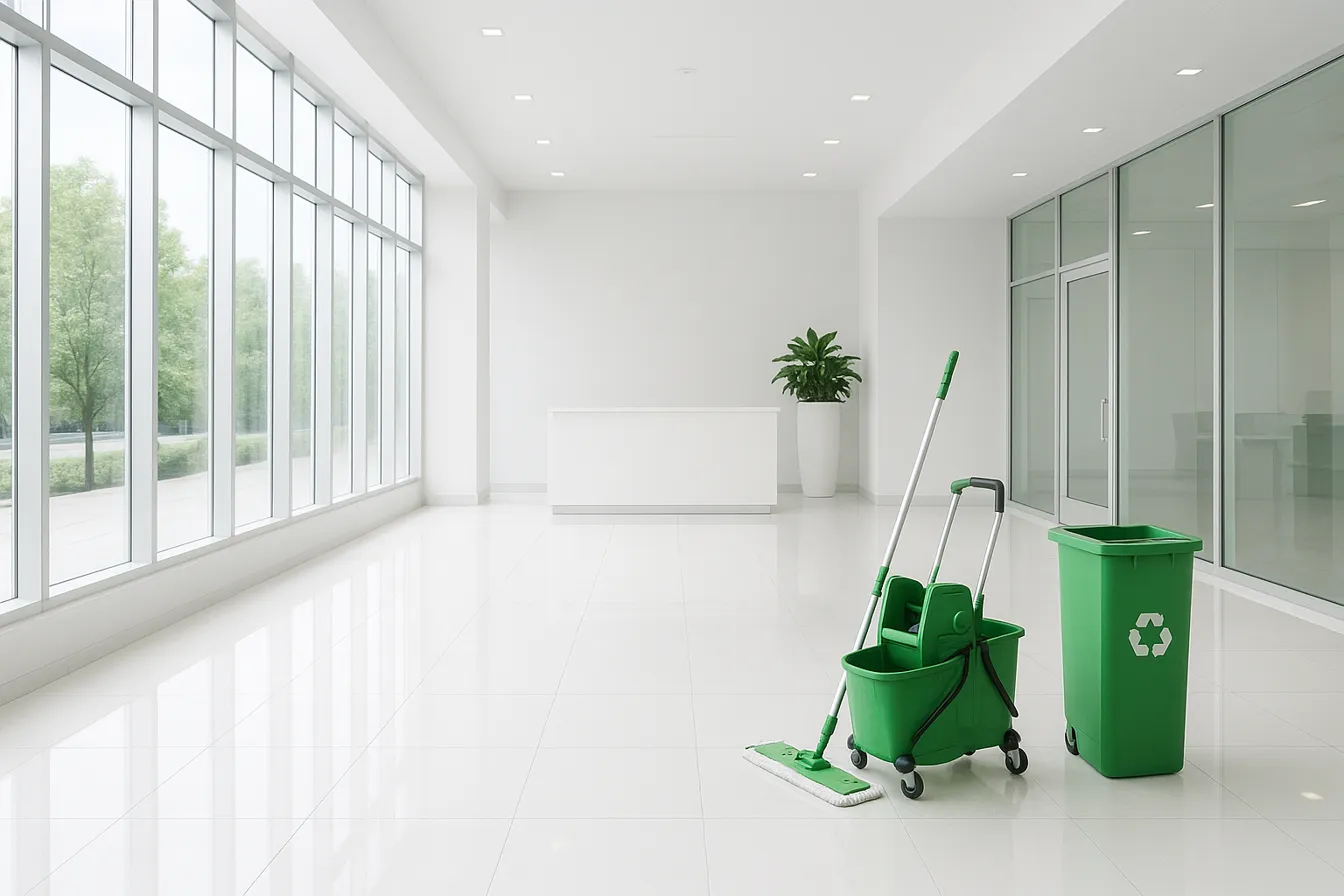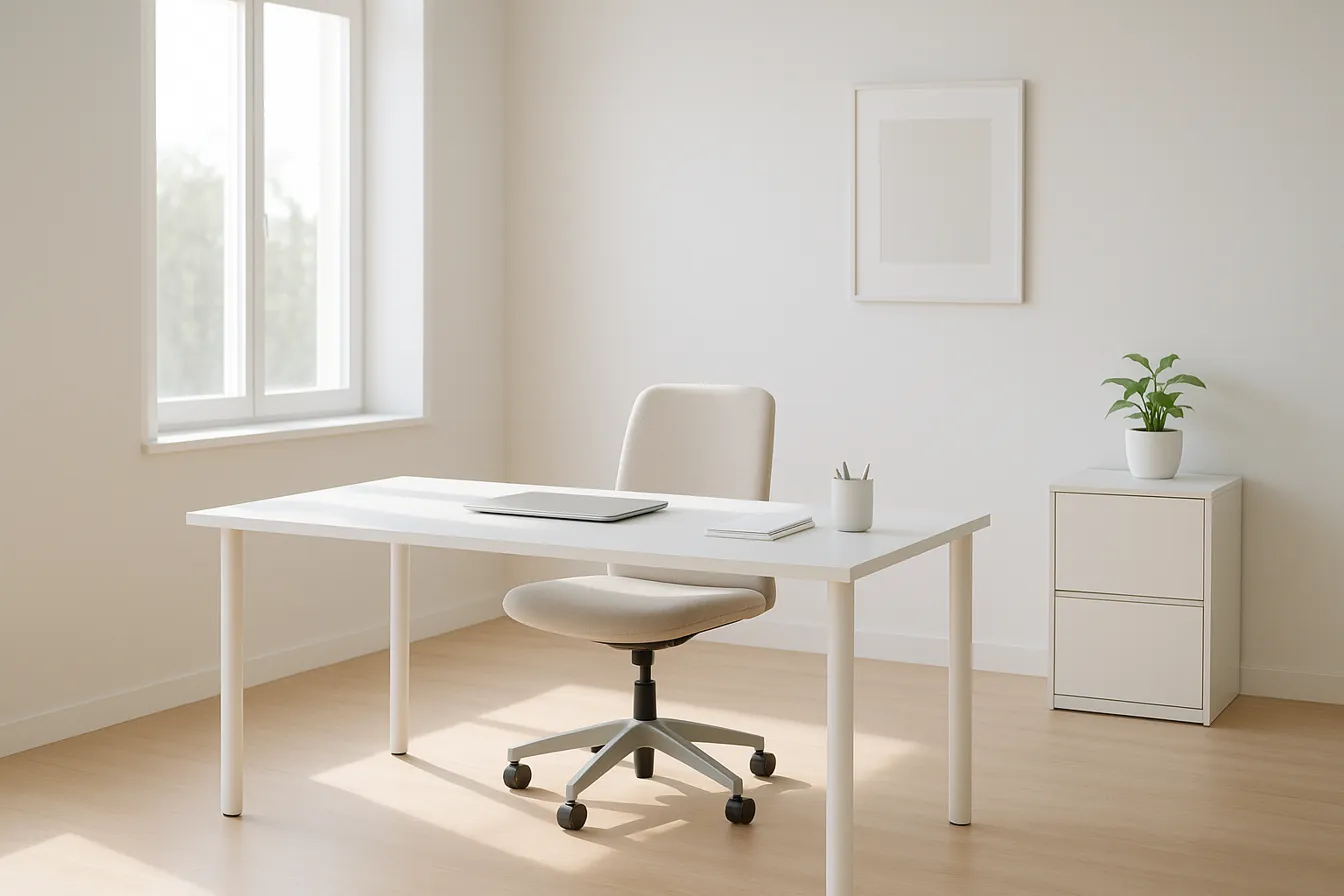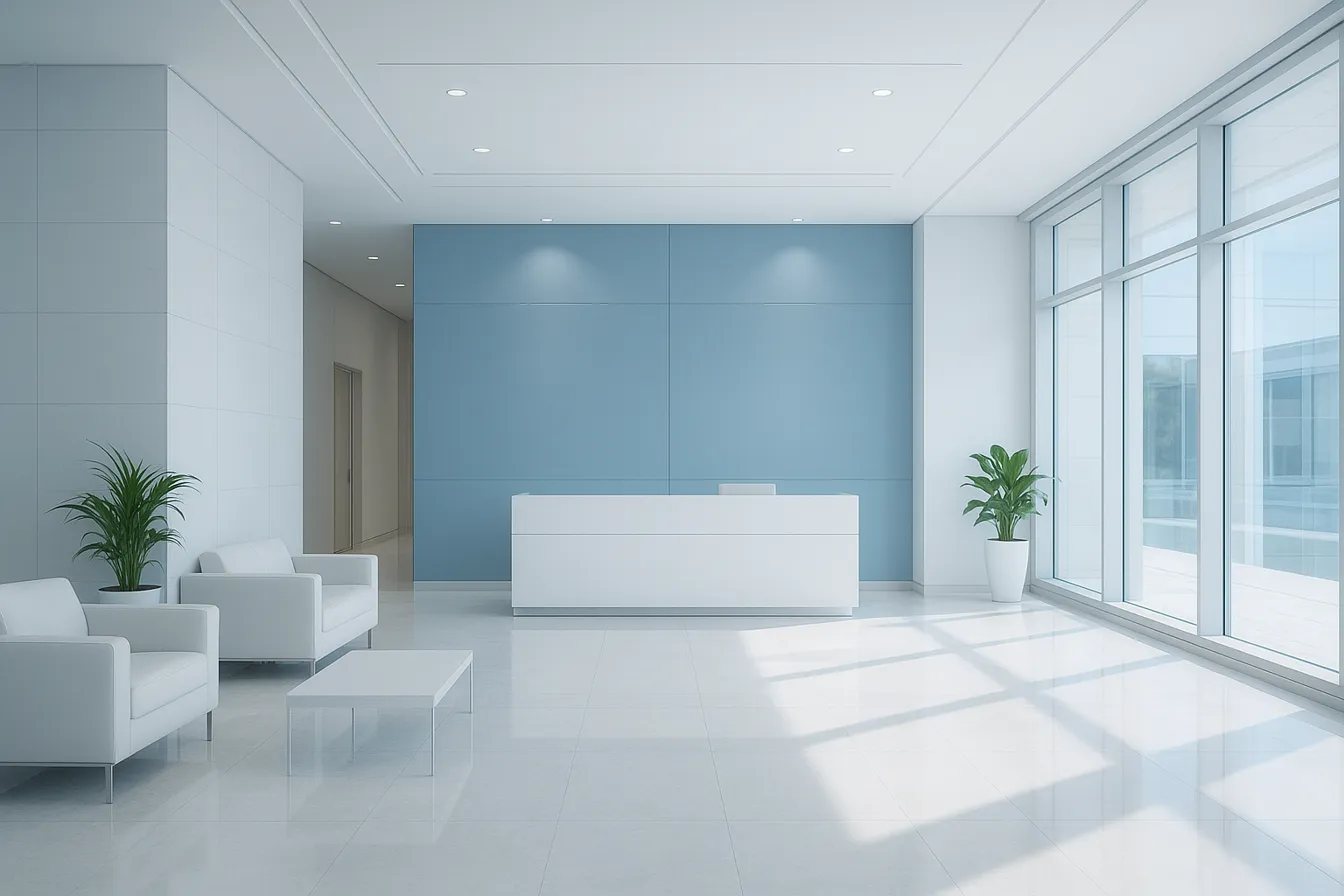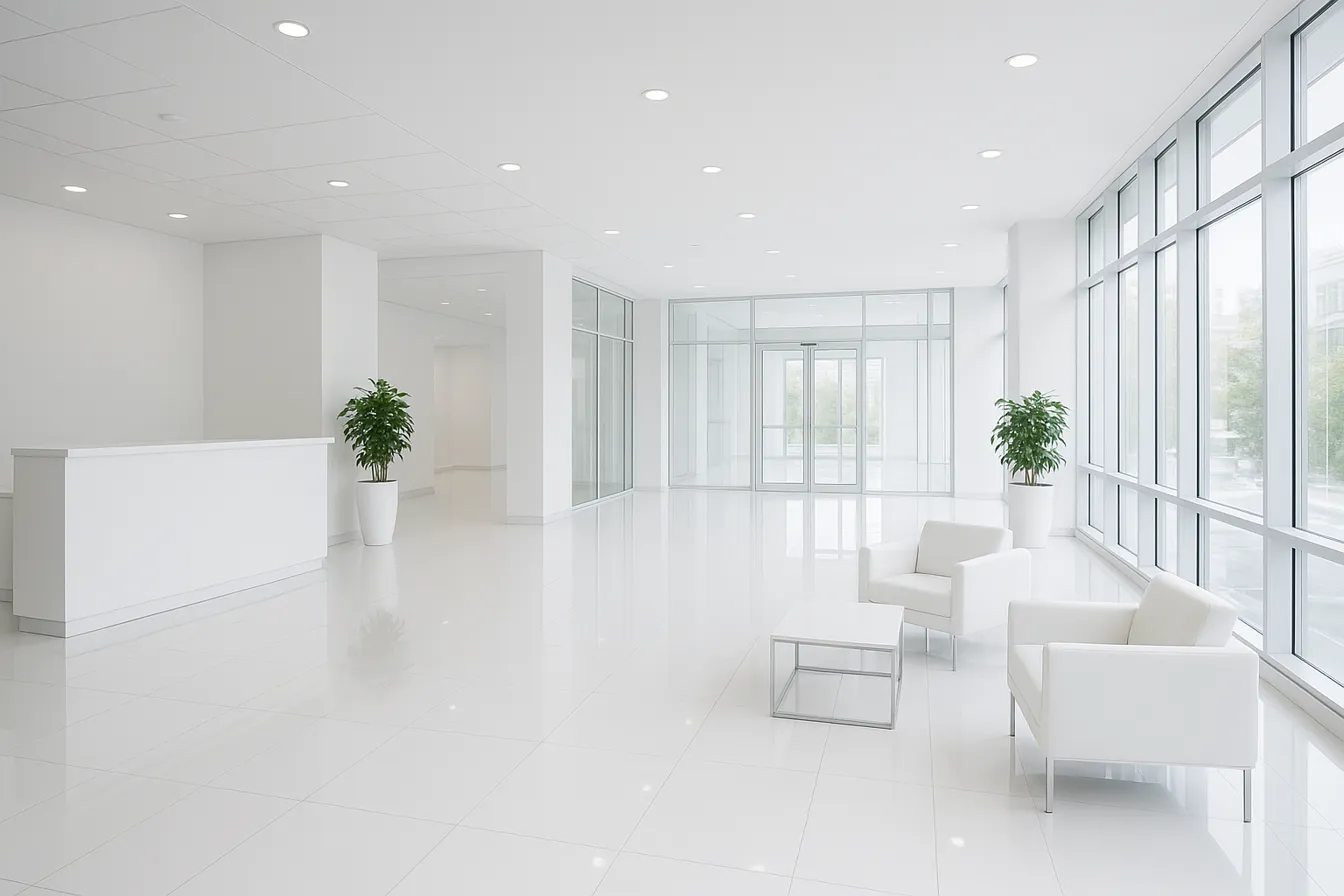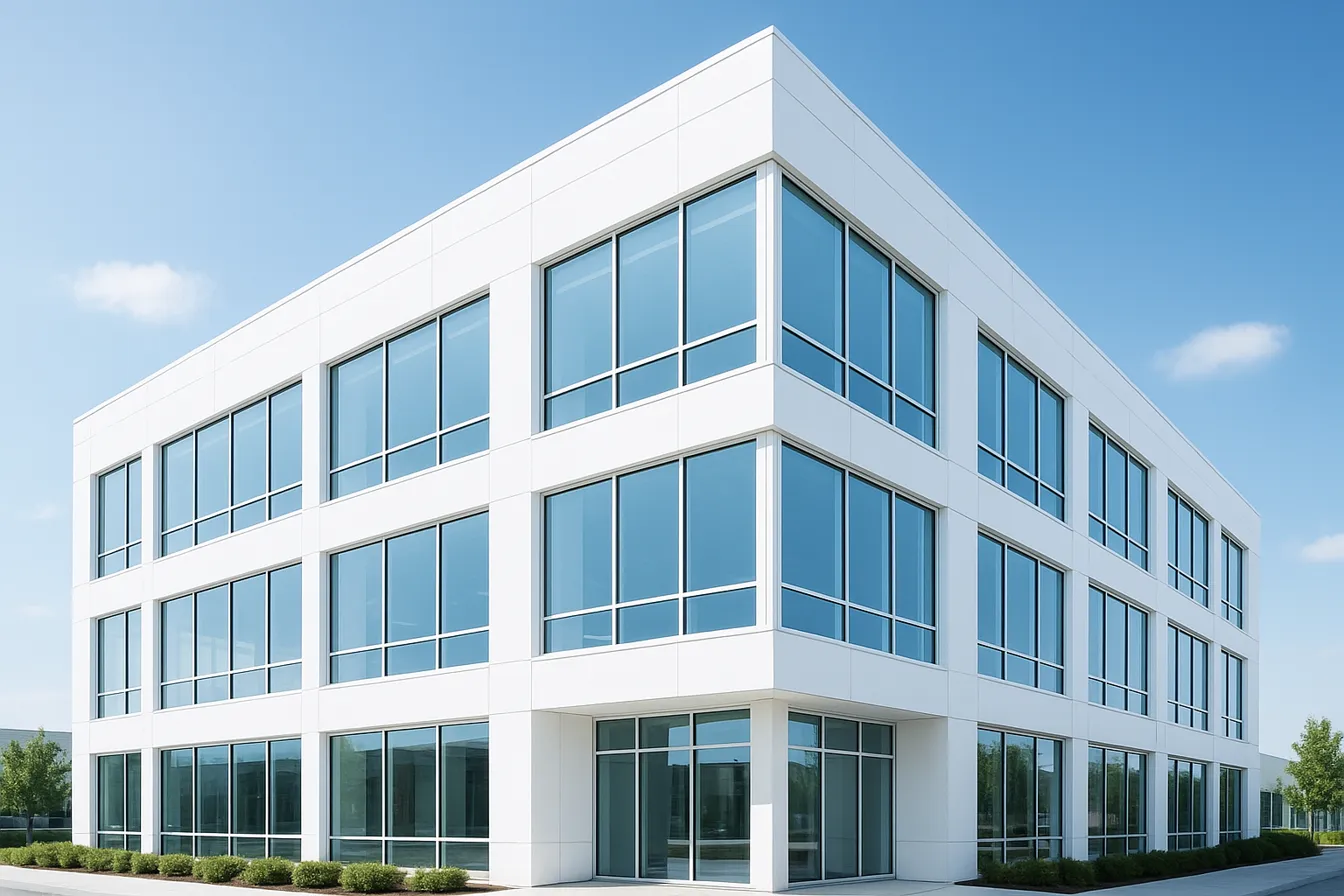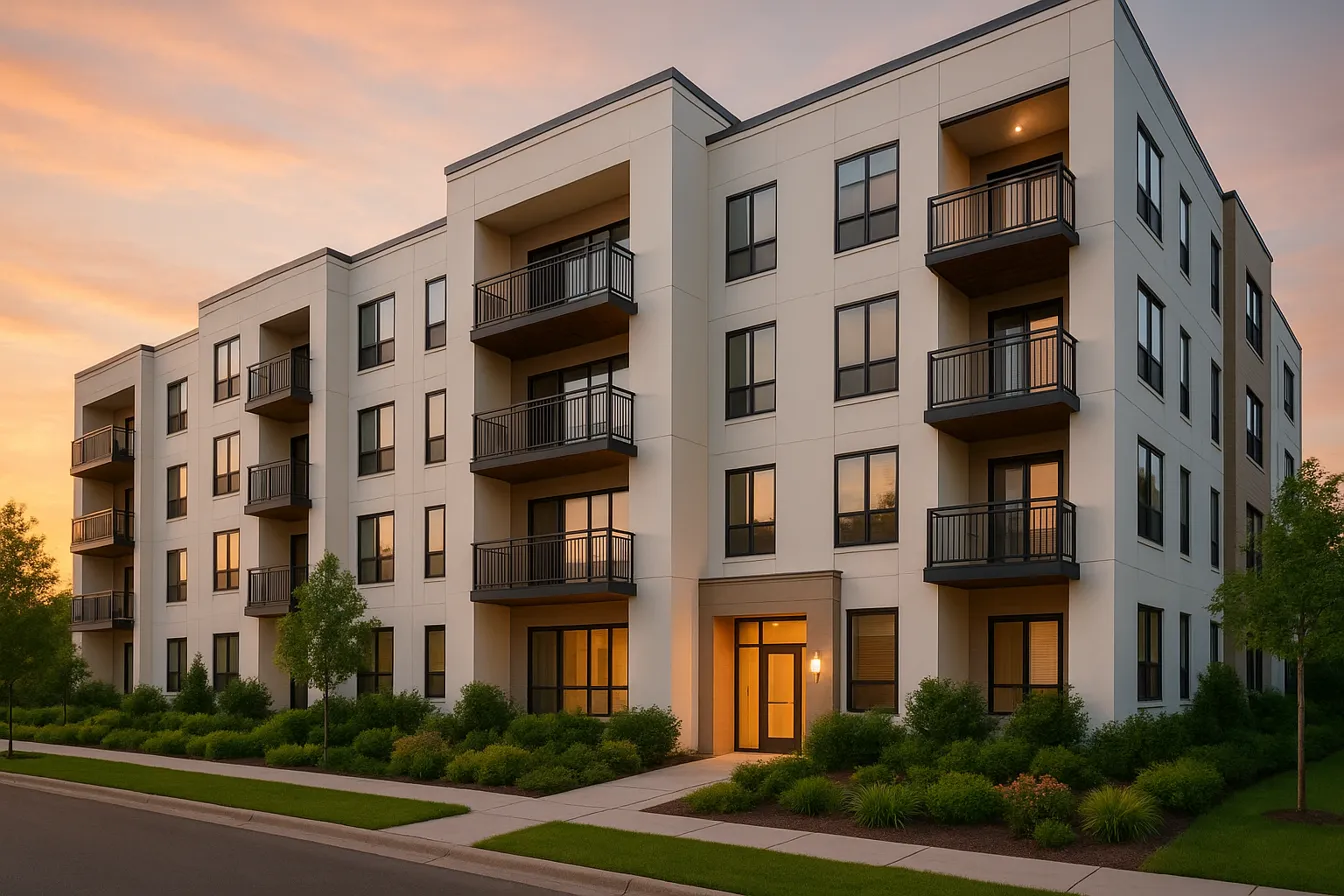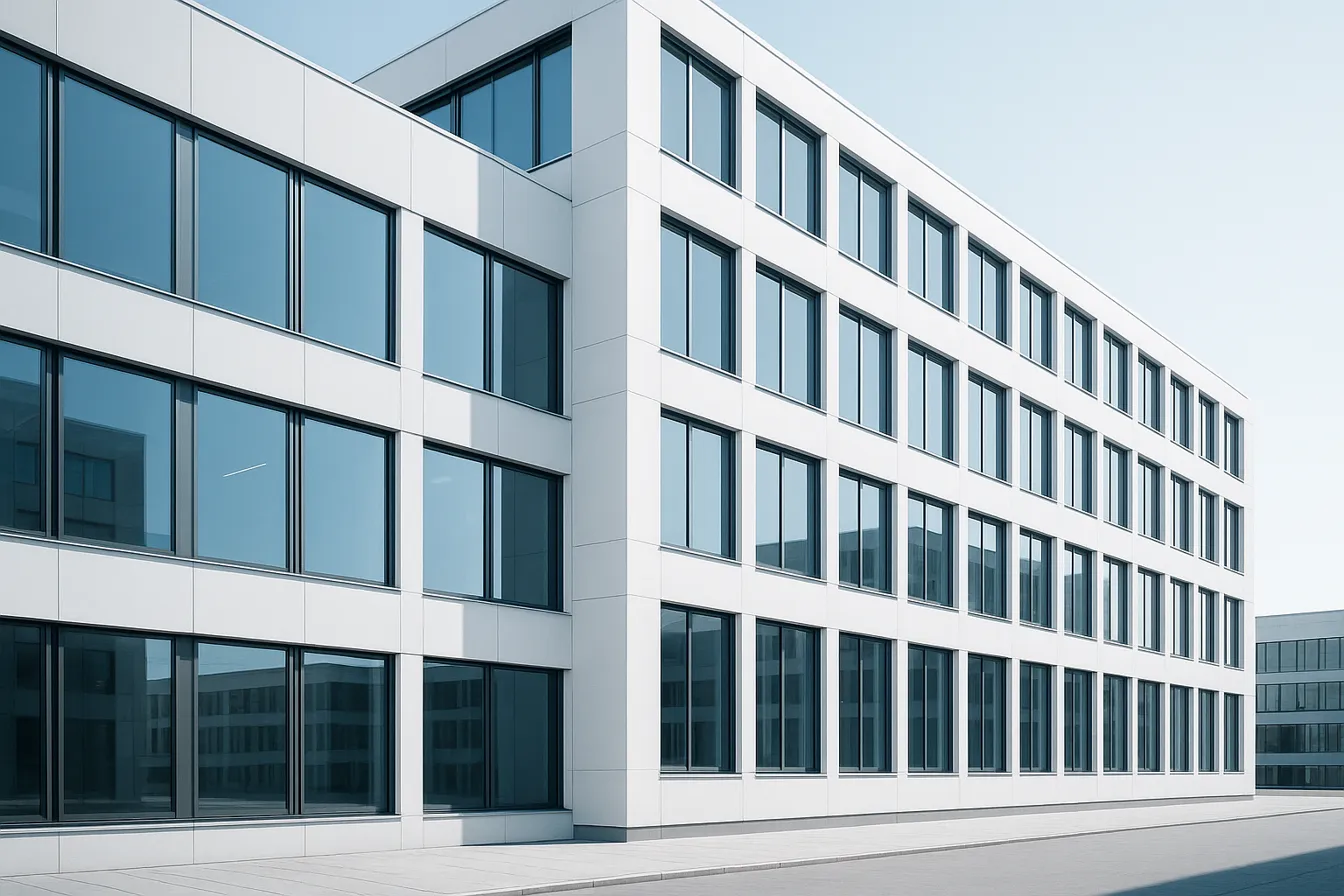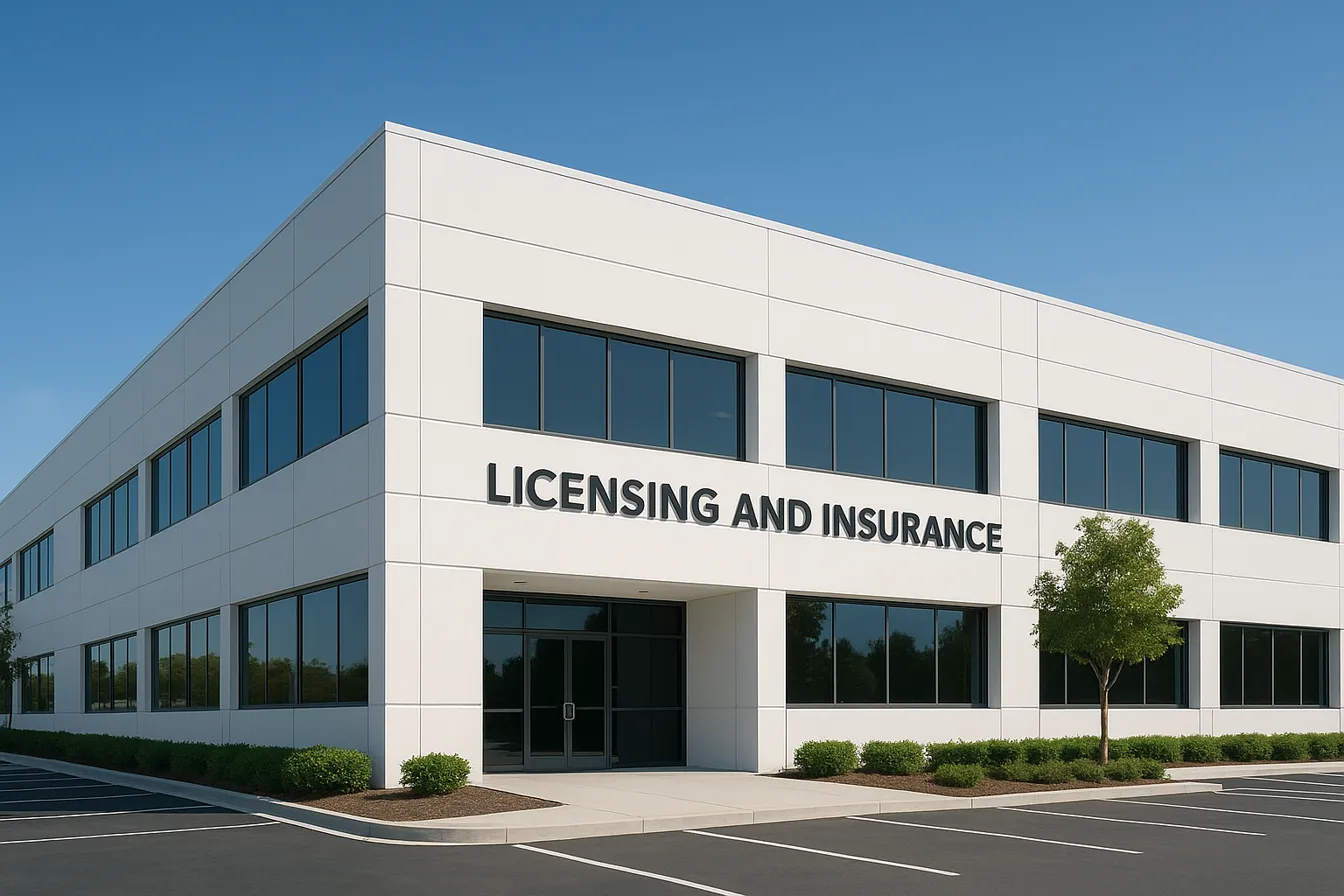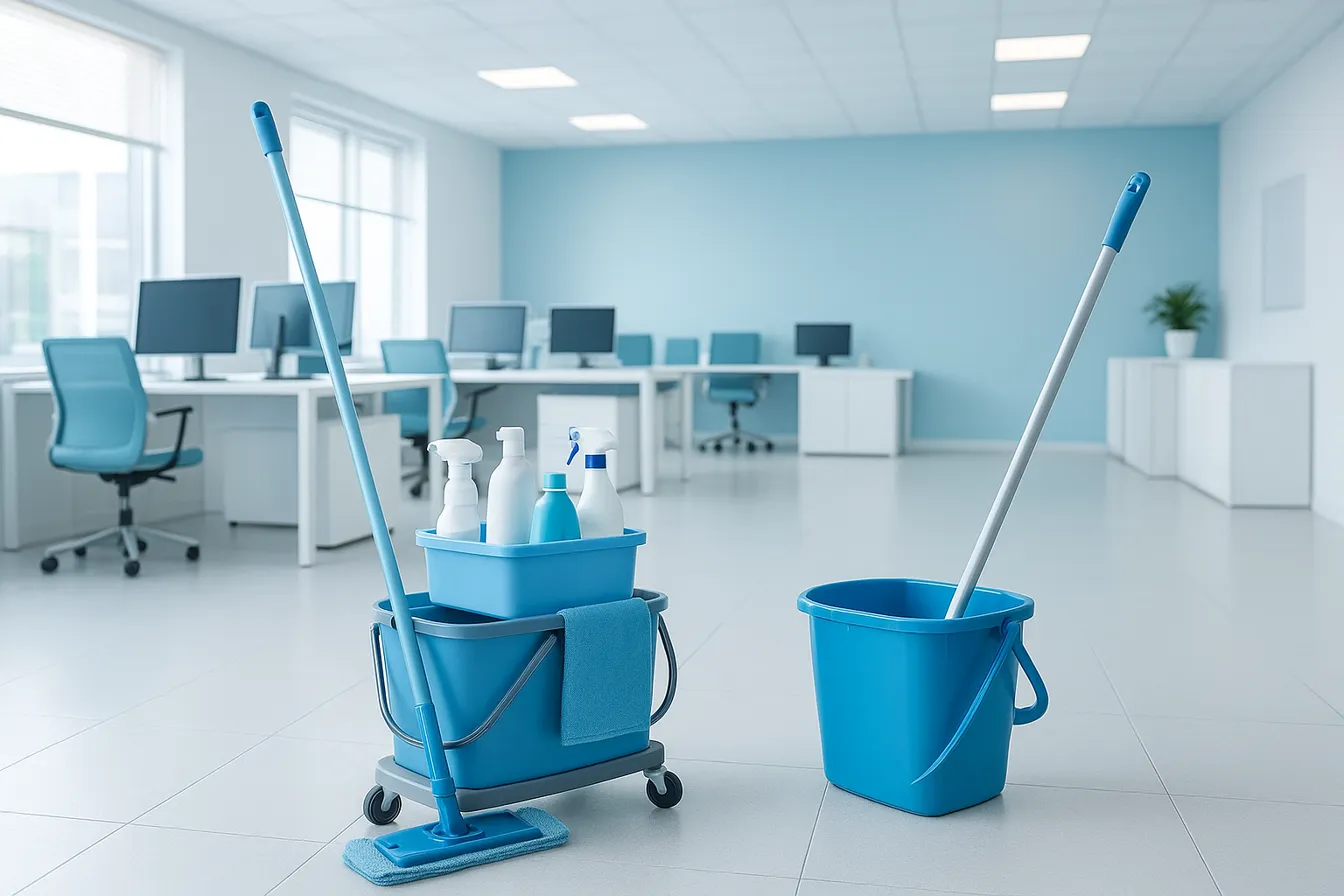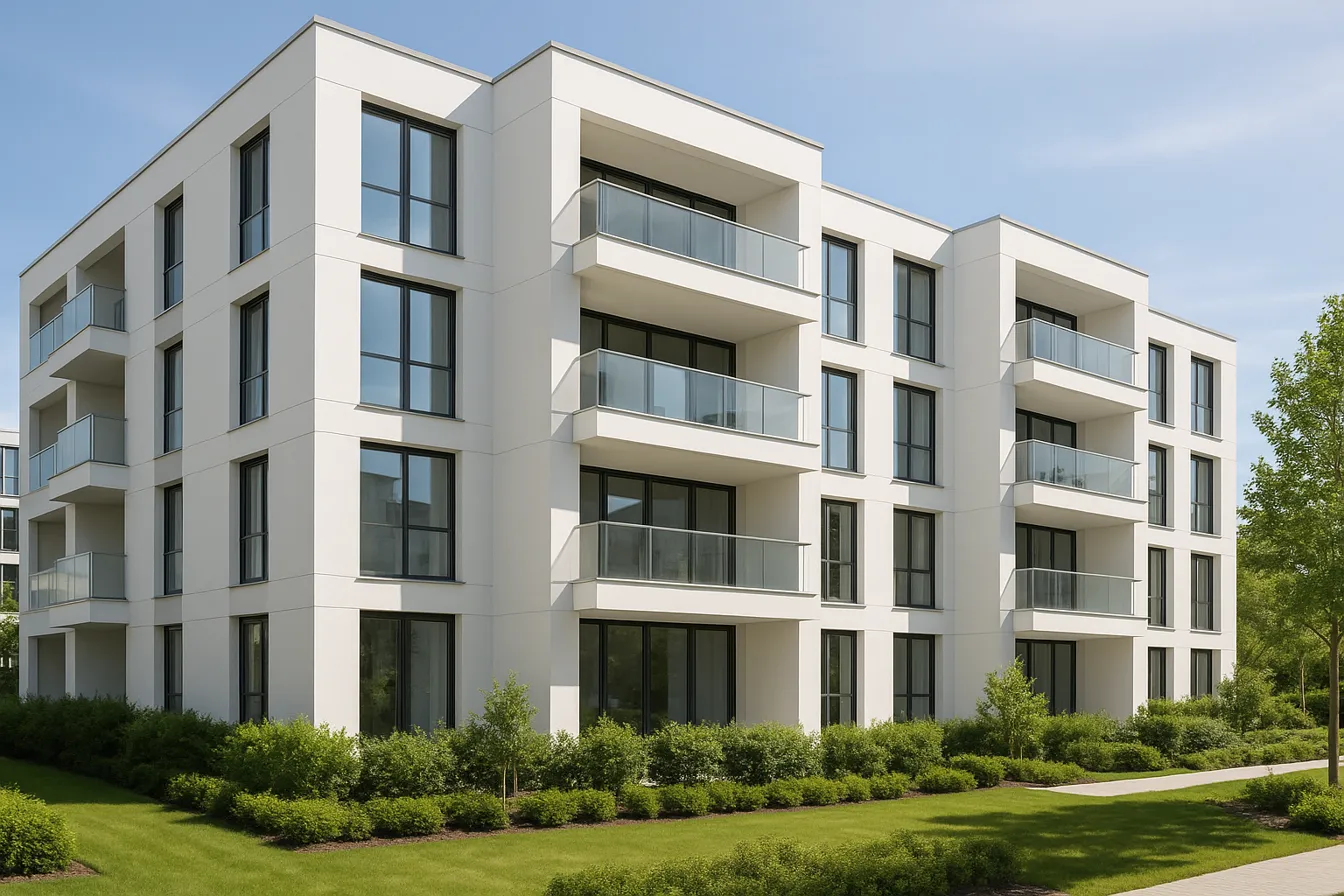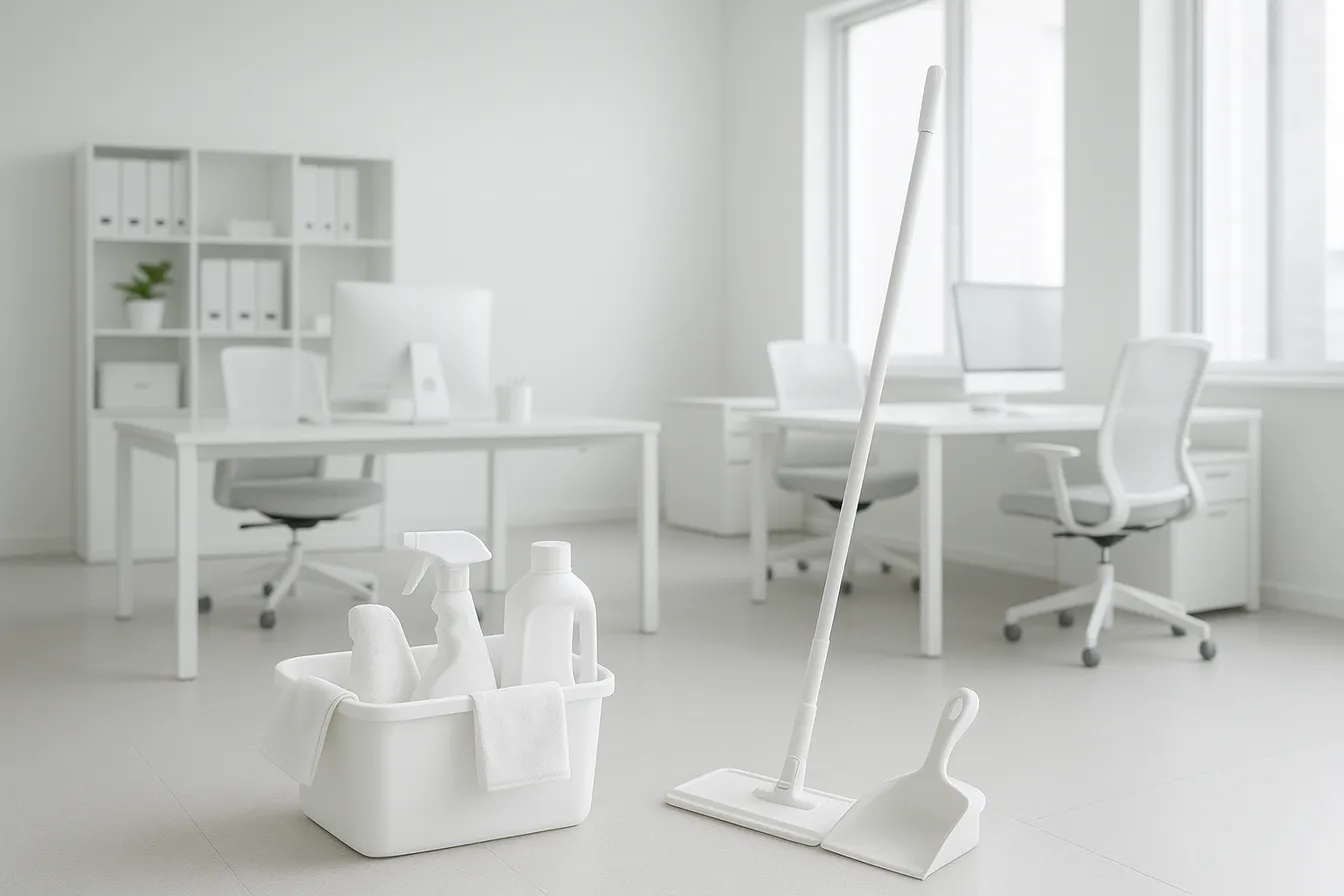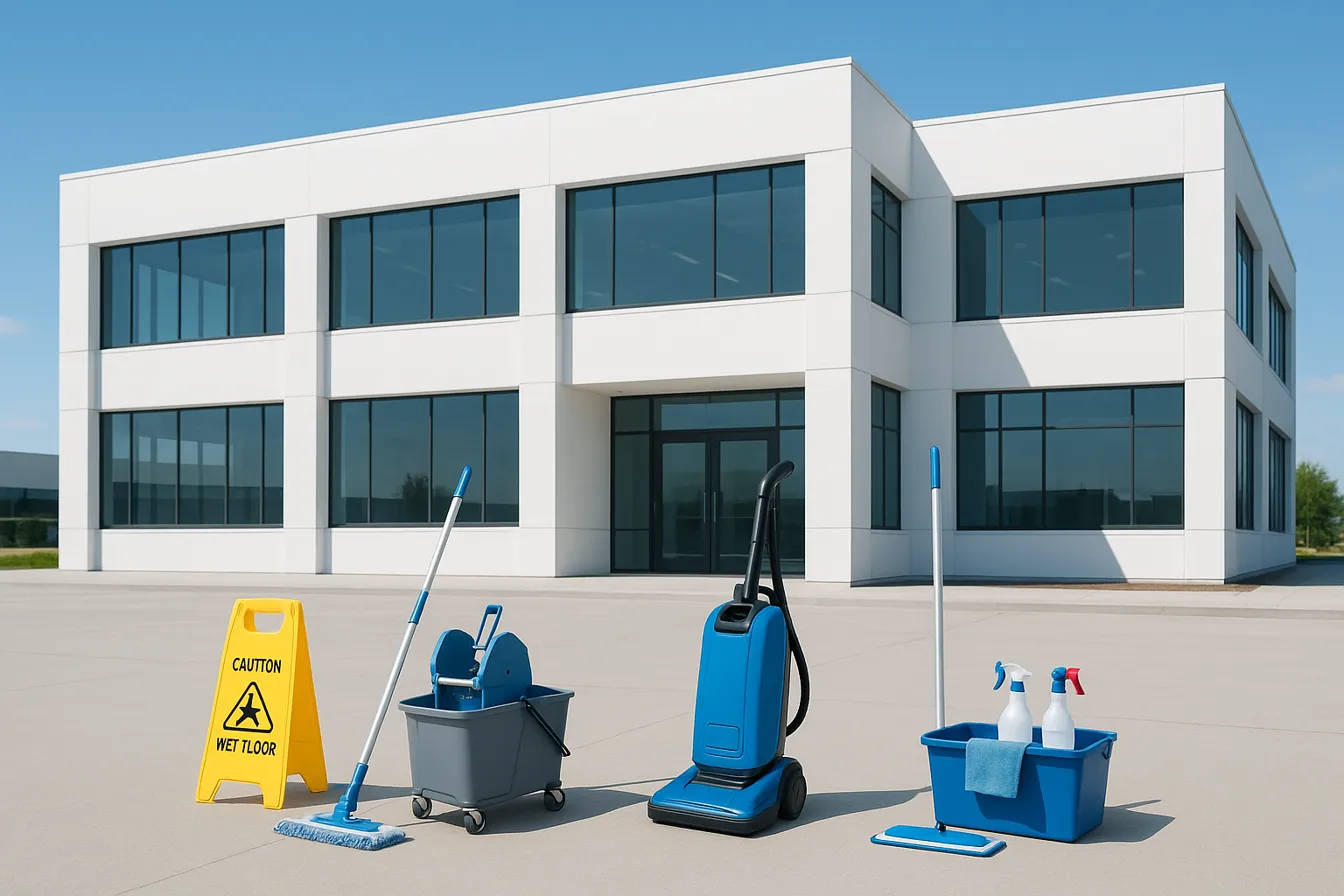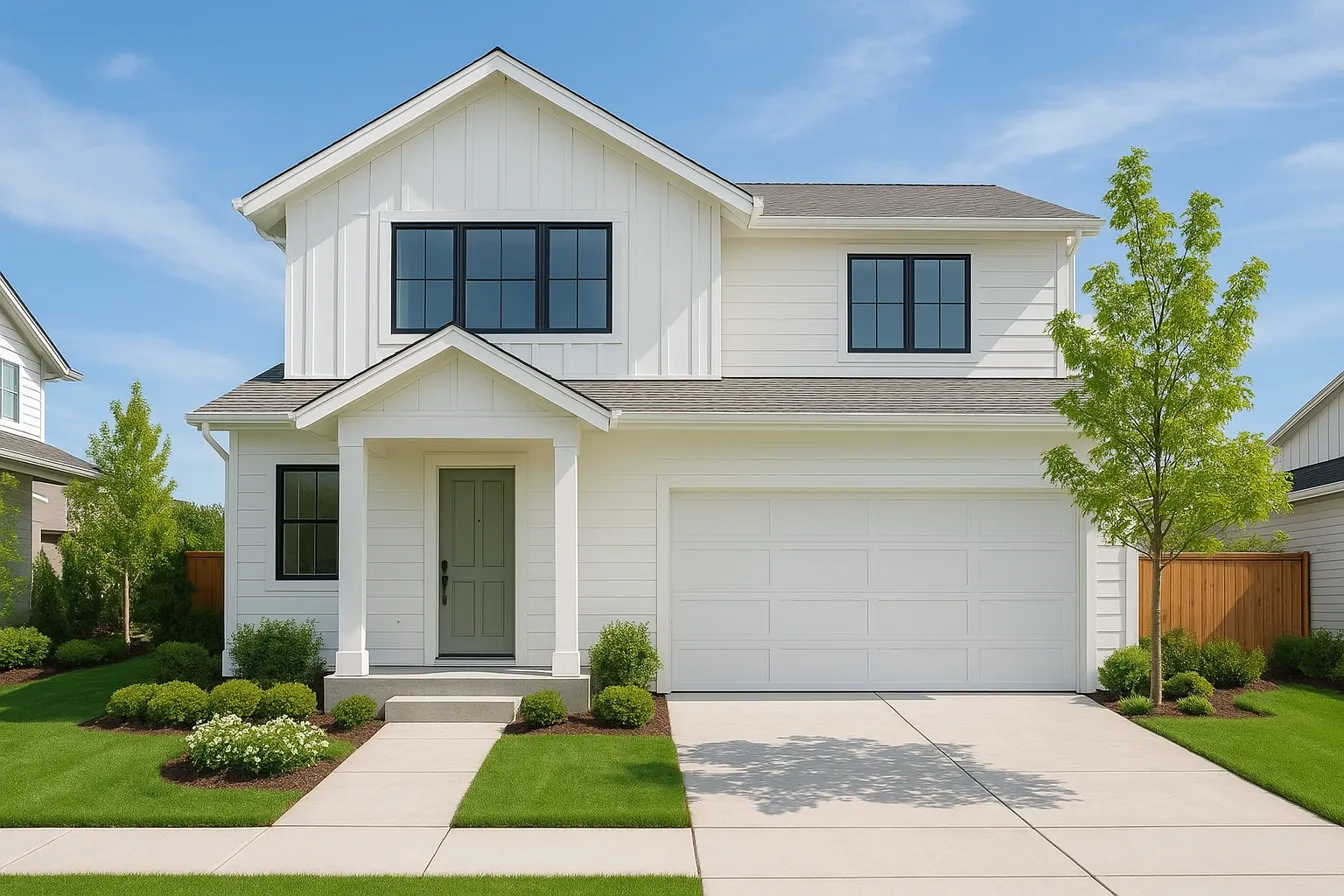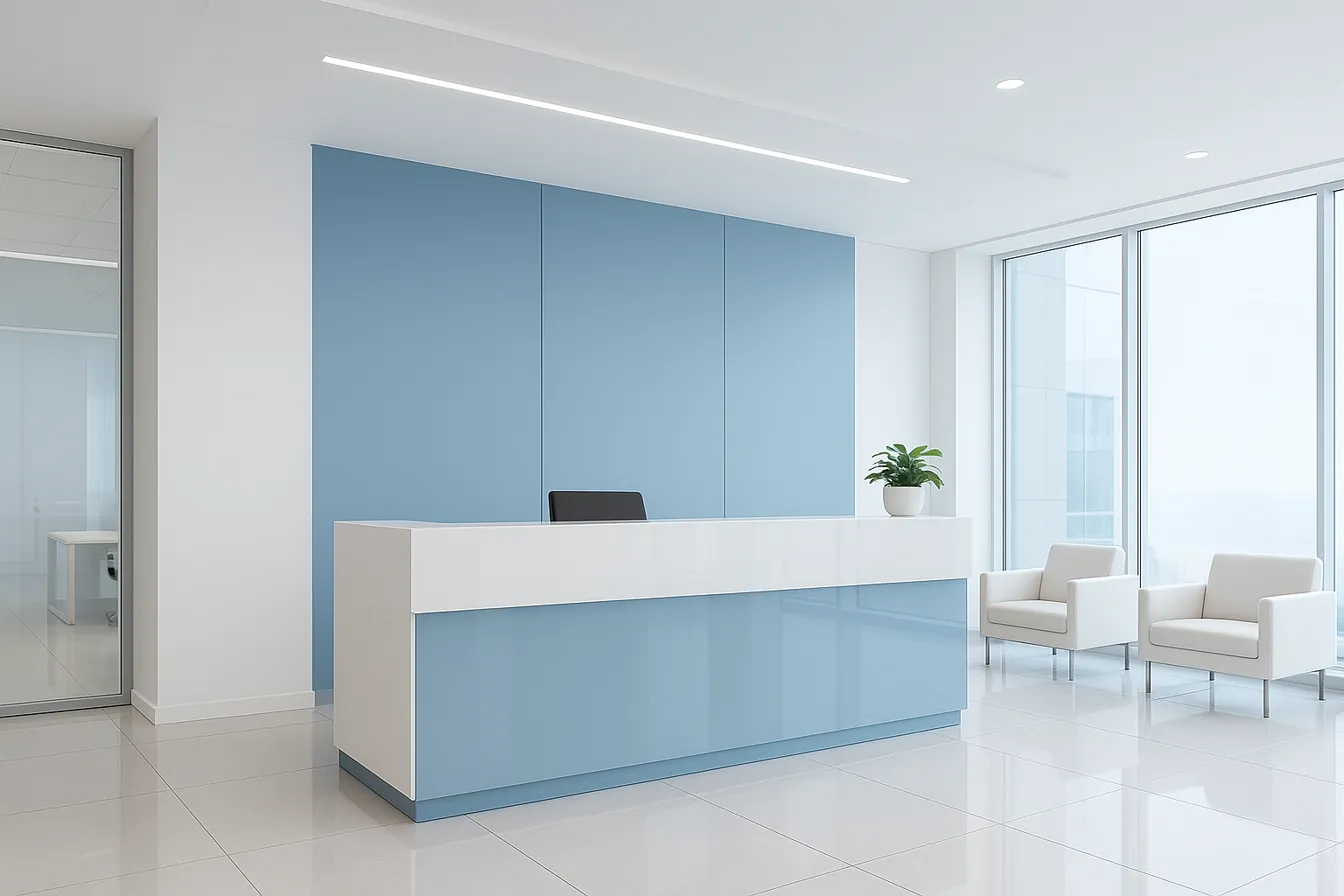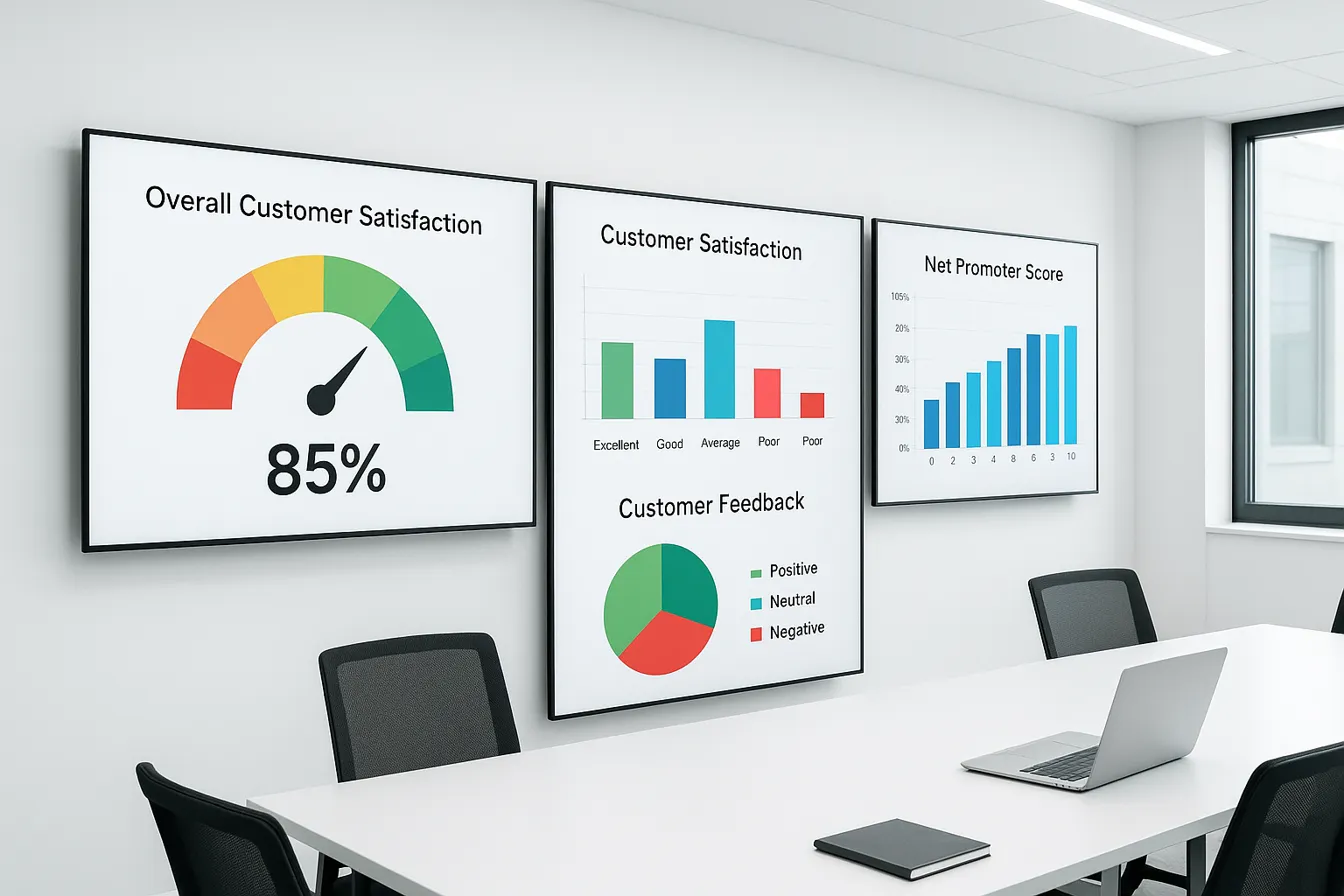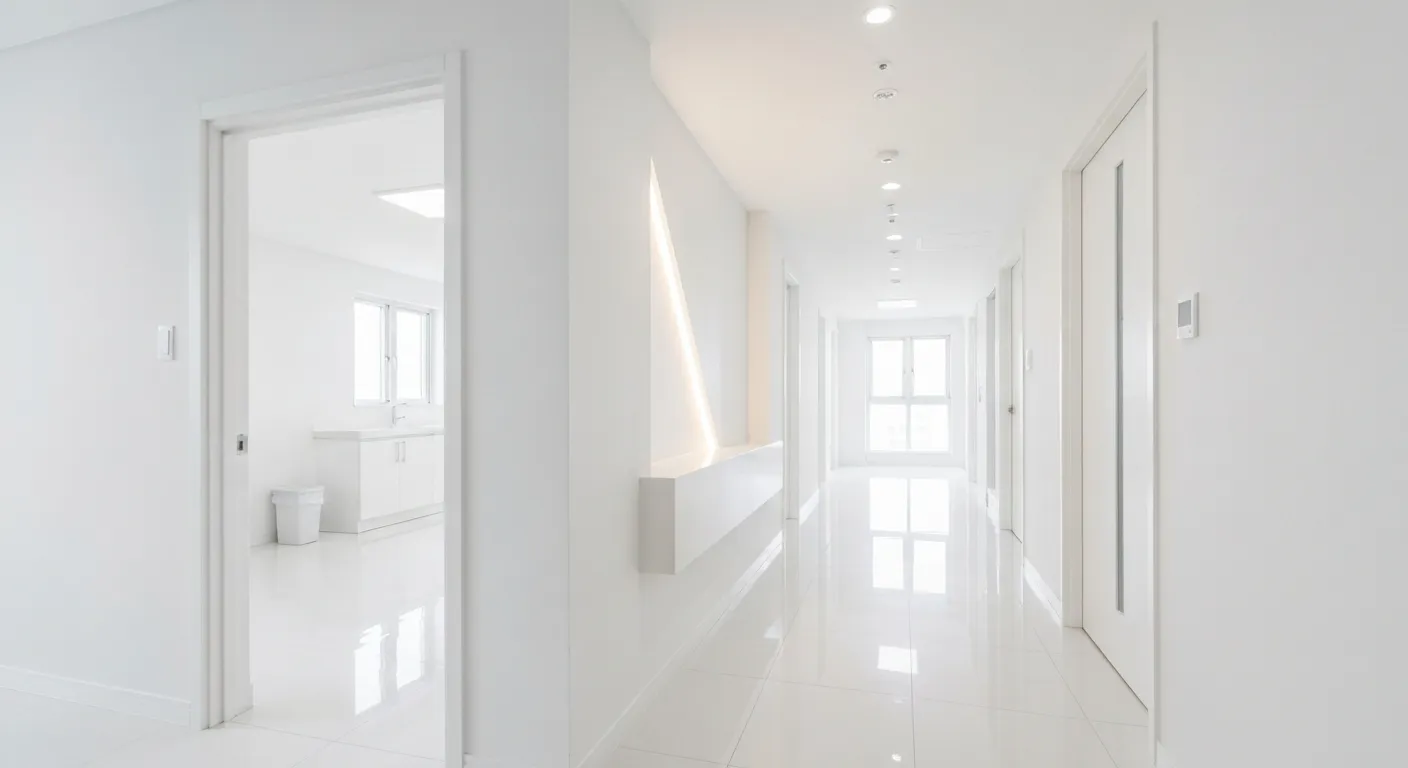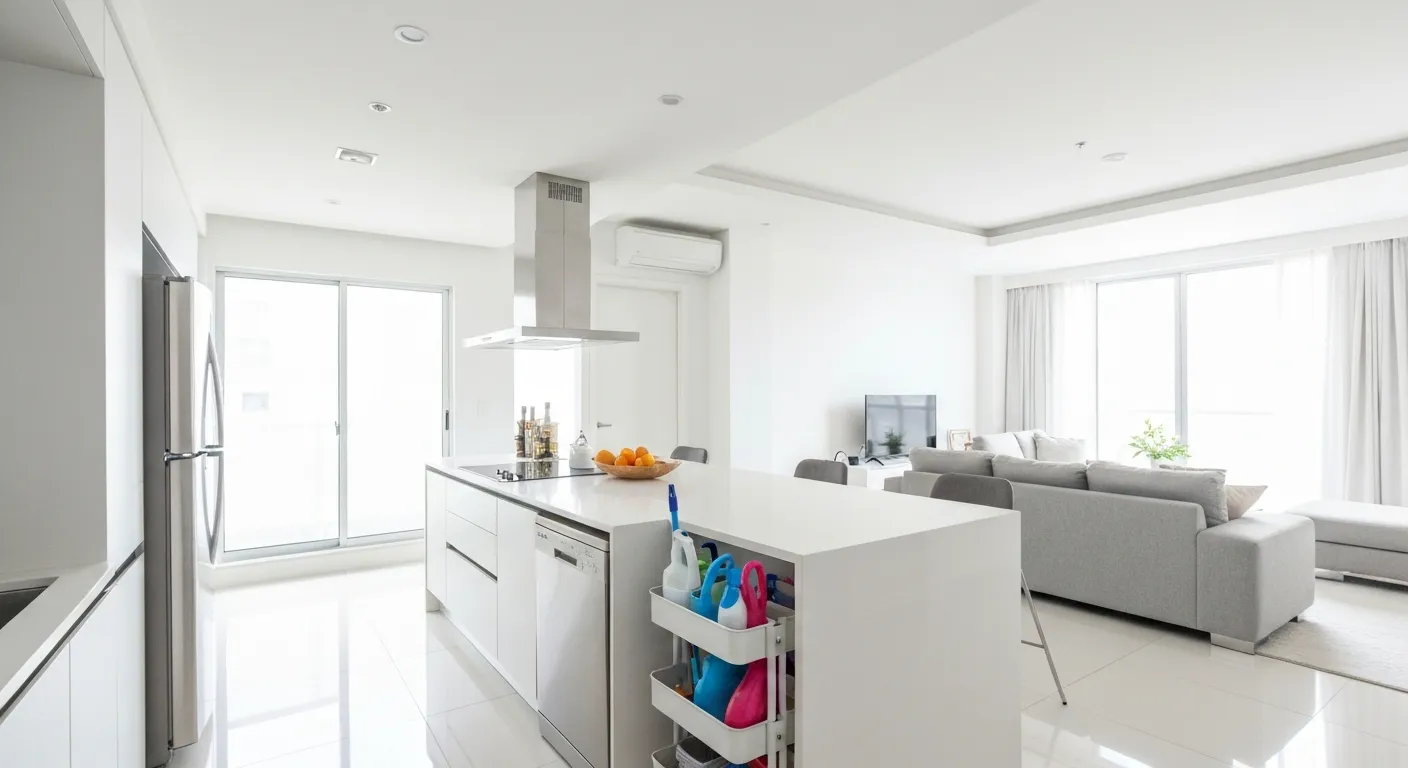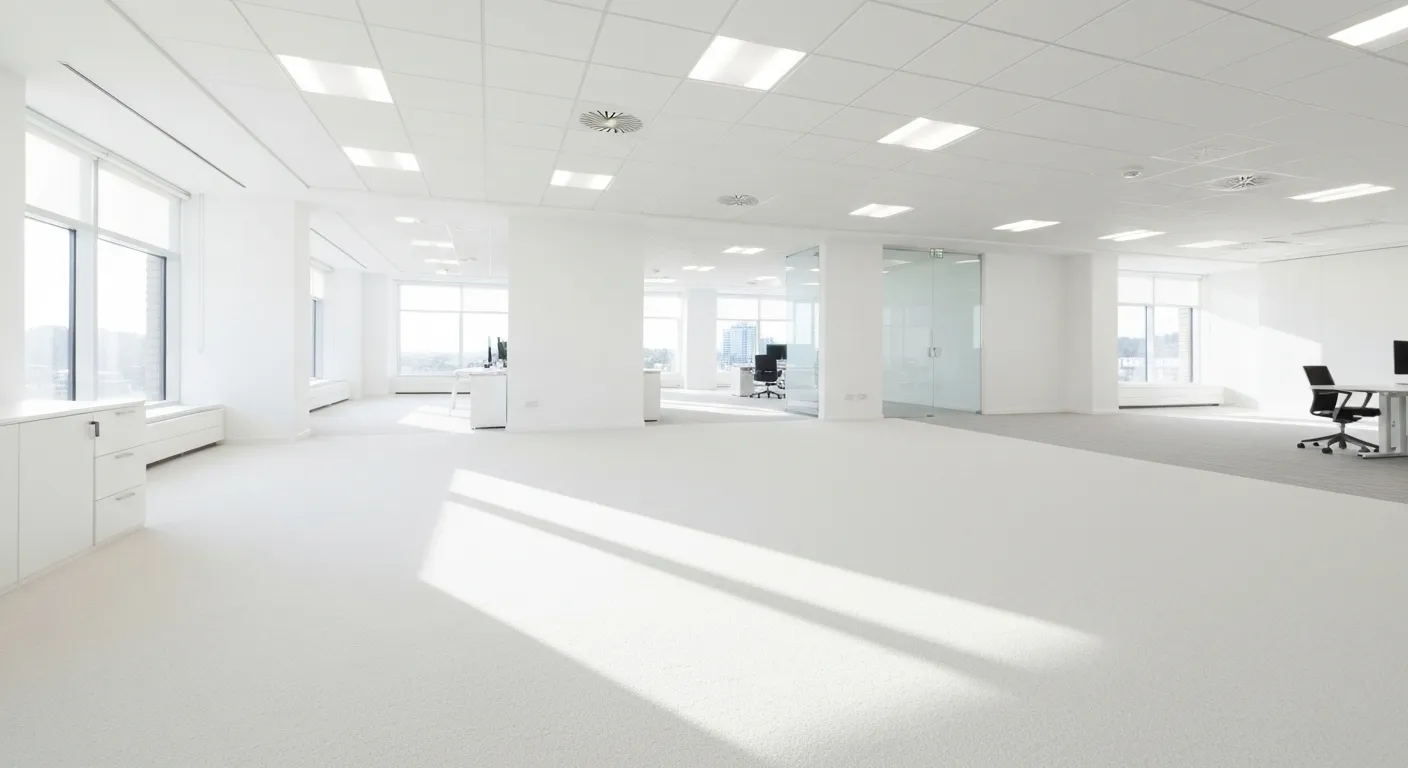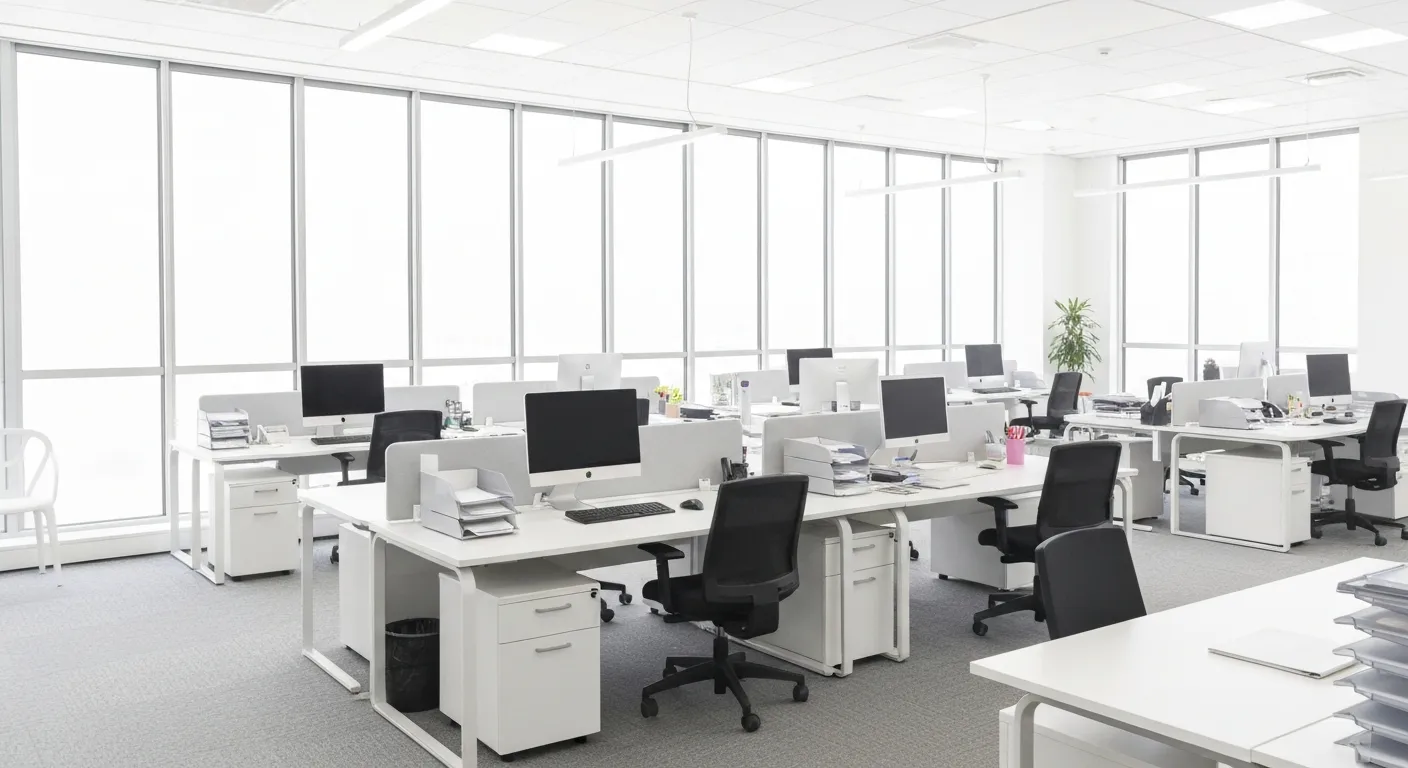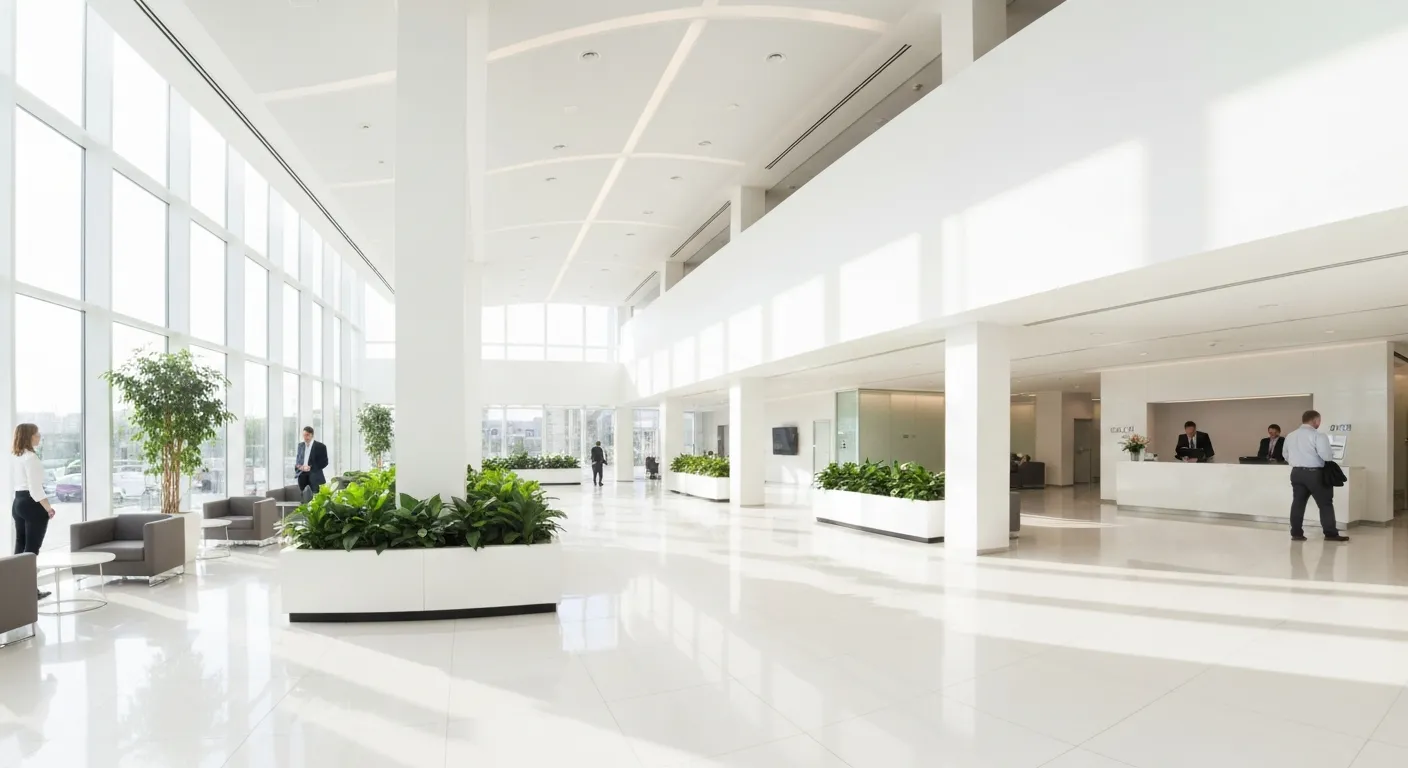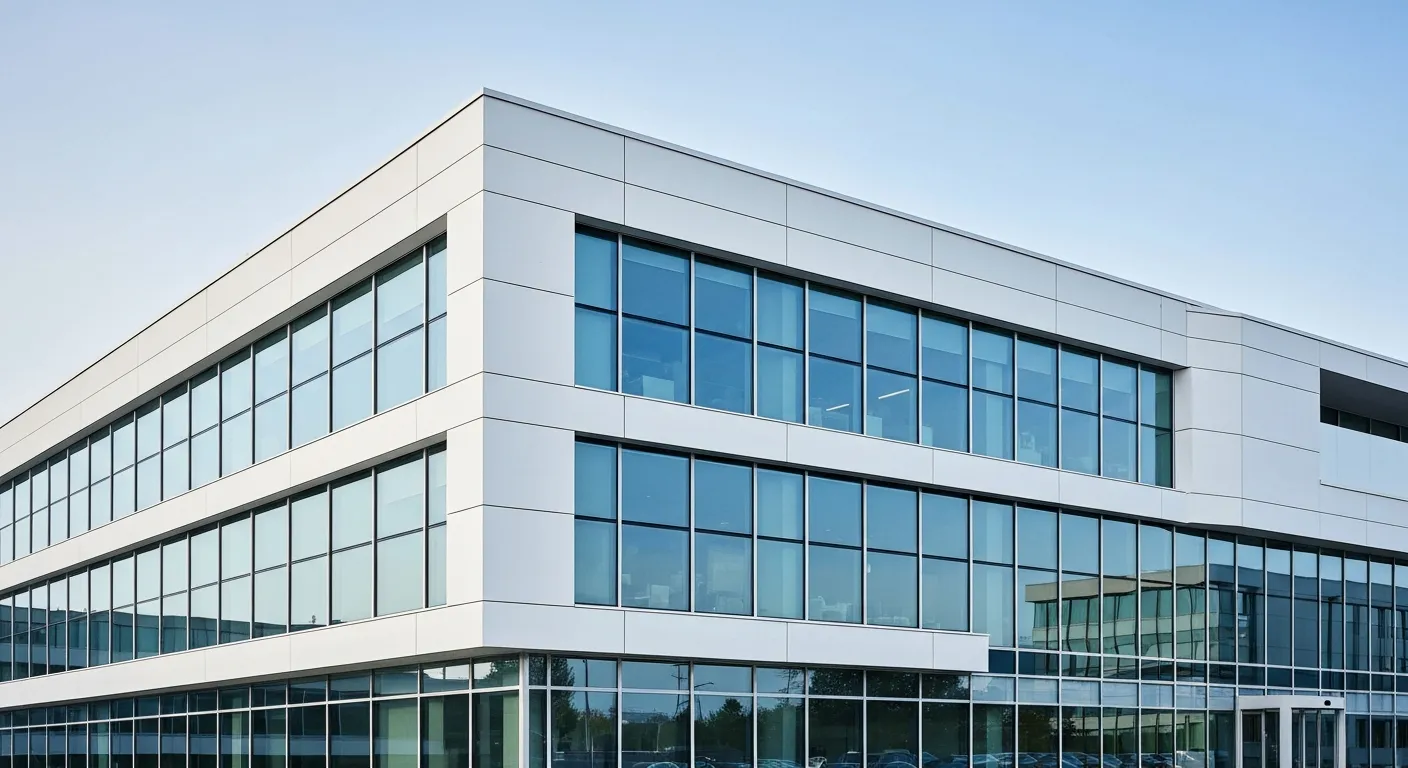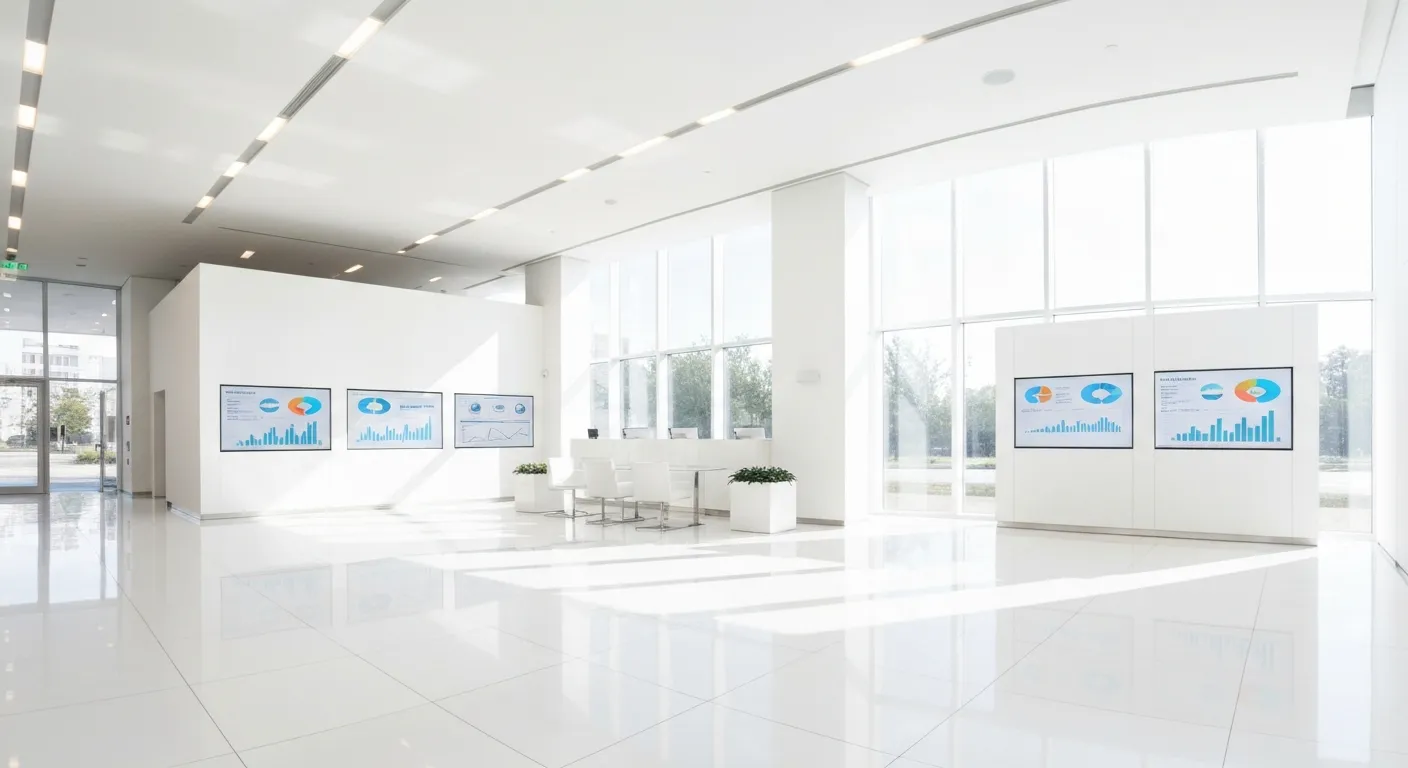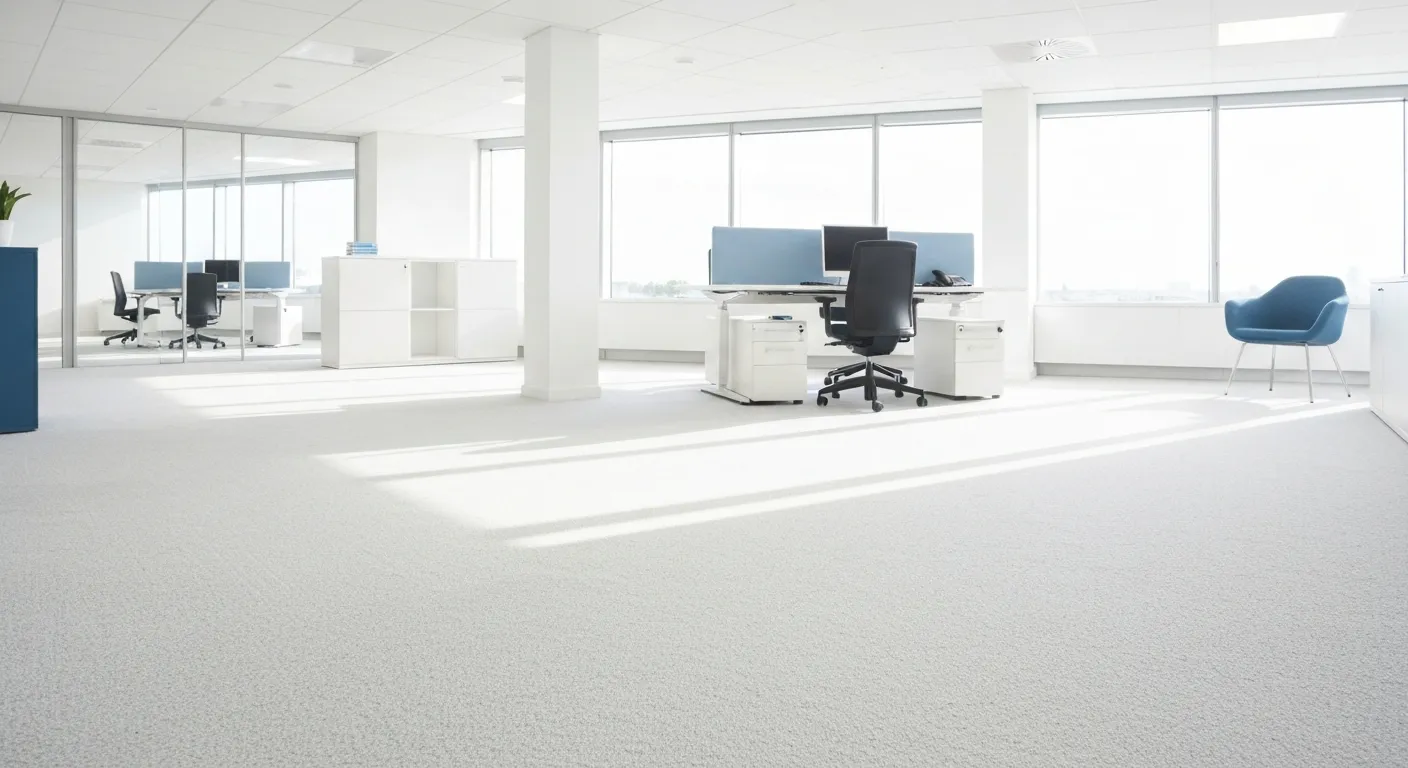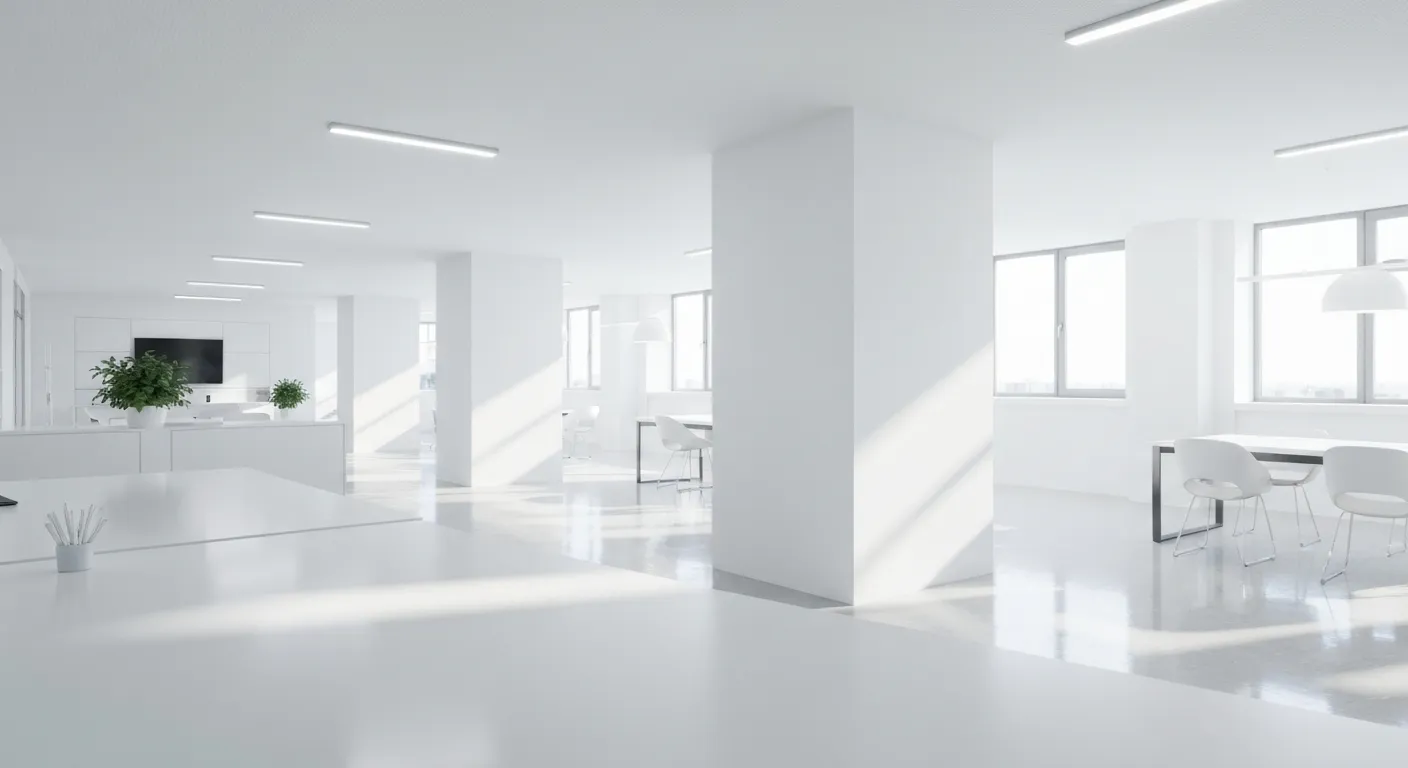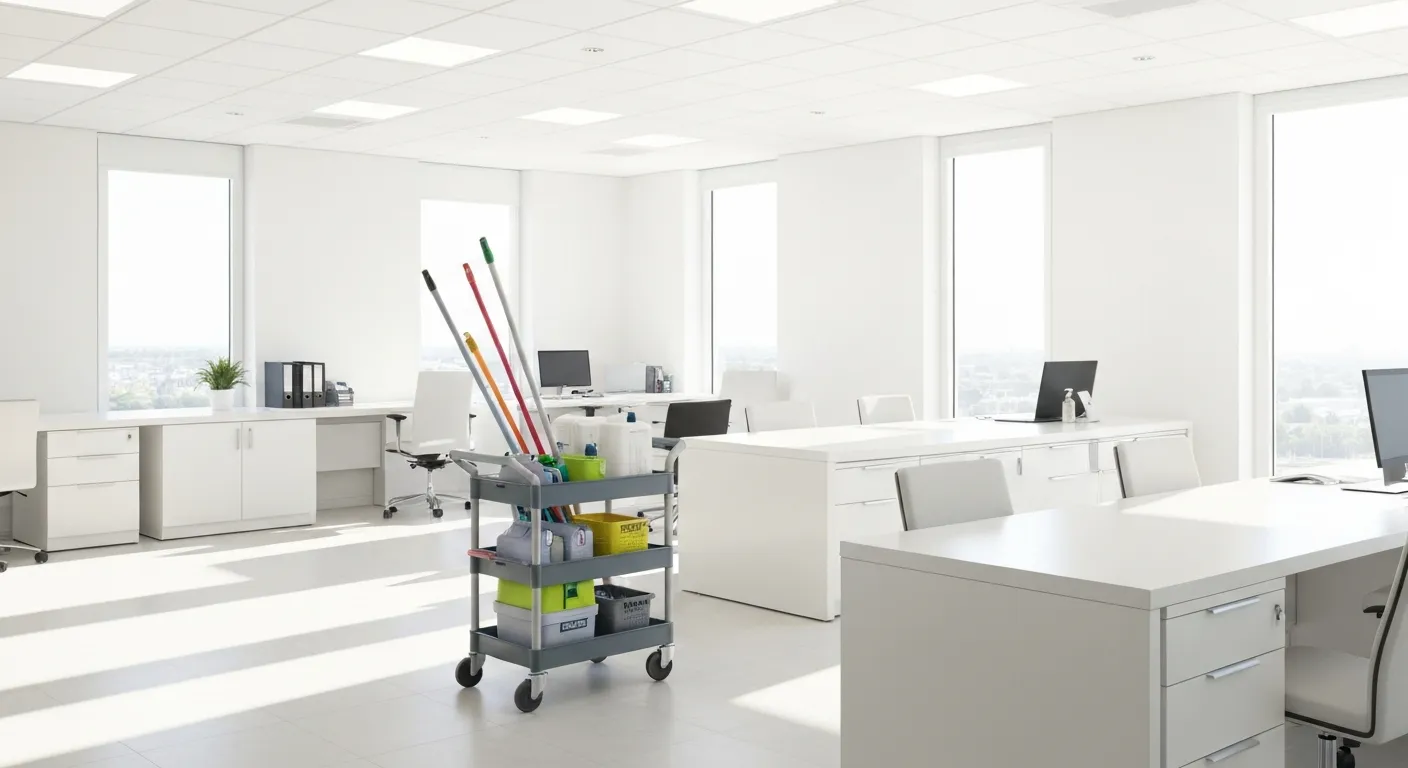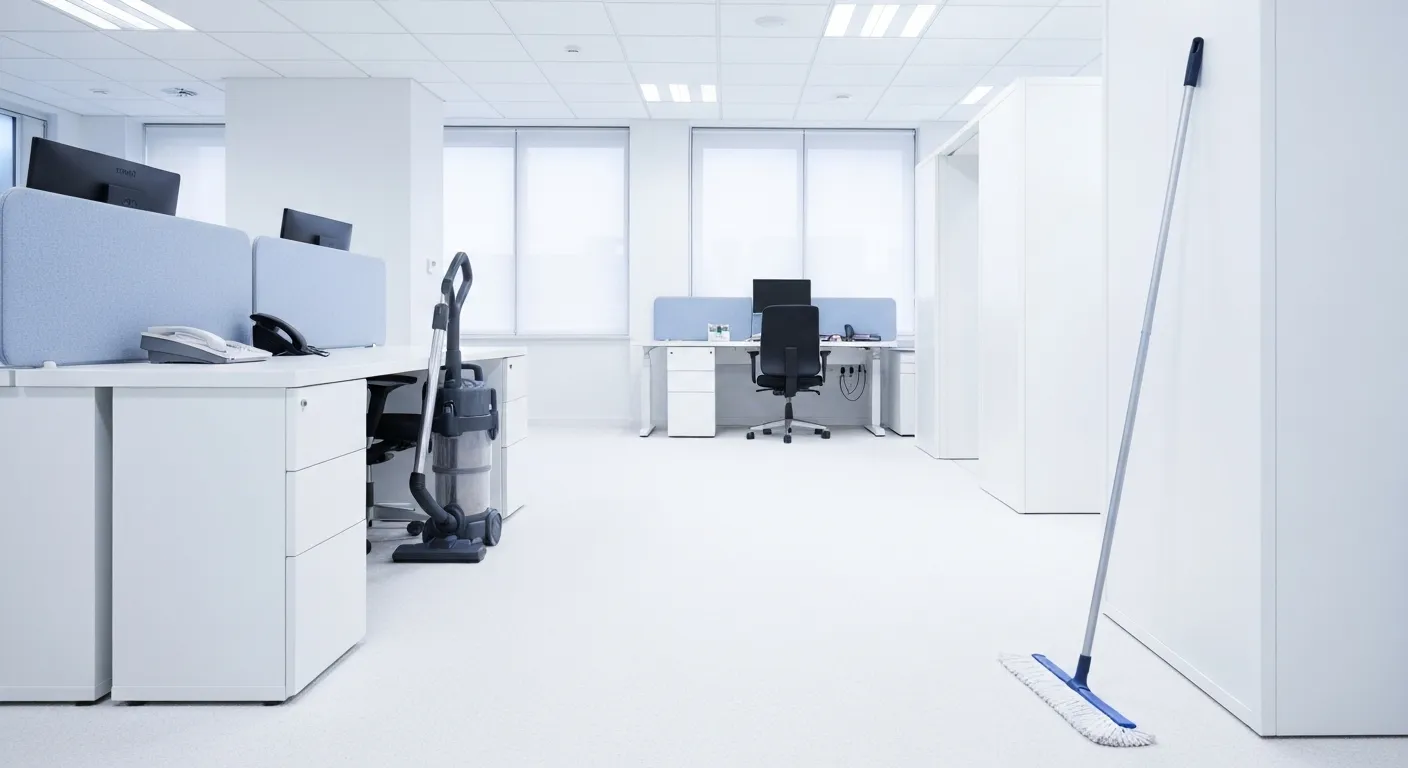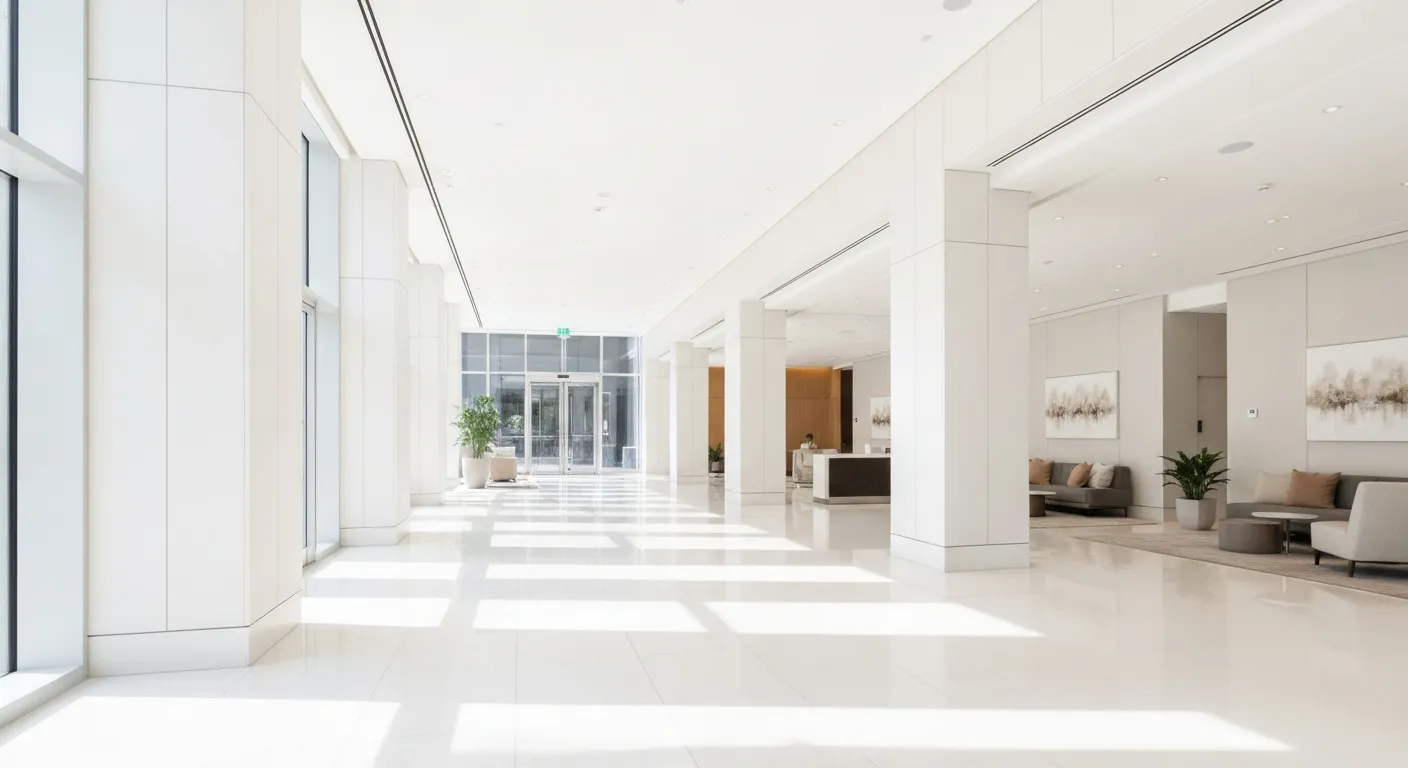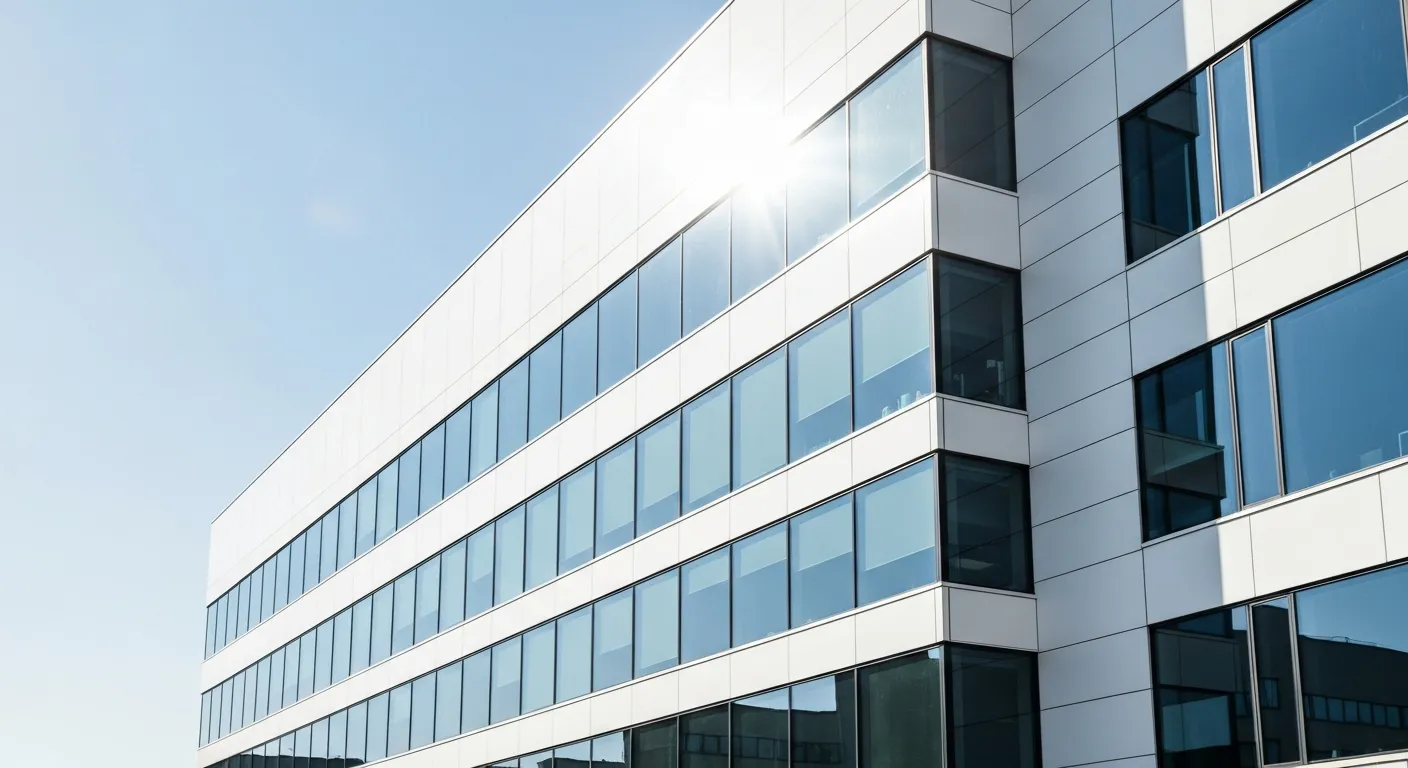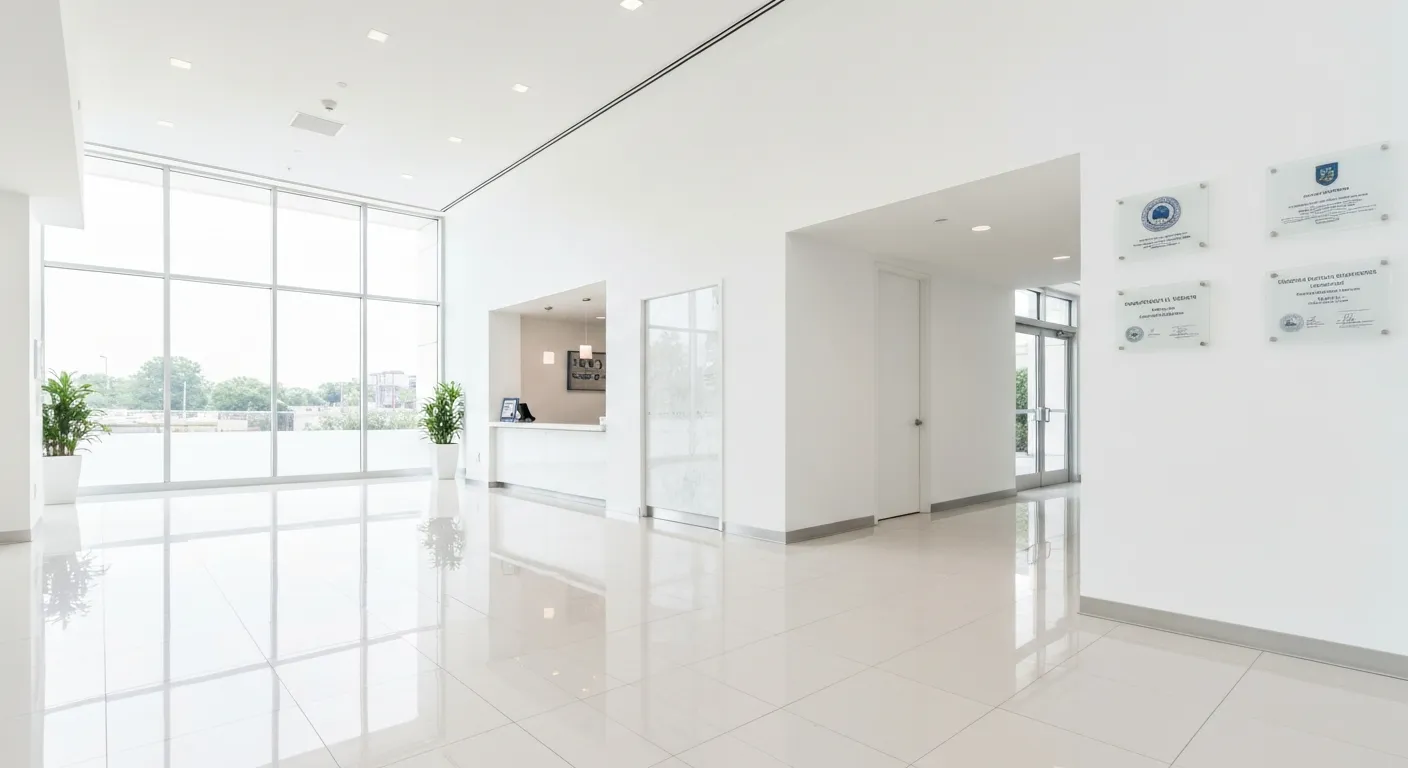Affordable Cleaning Solutions for Large Apartment Complexes
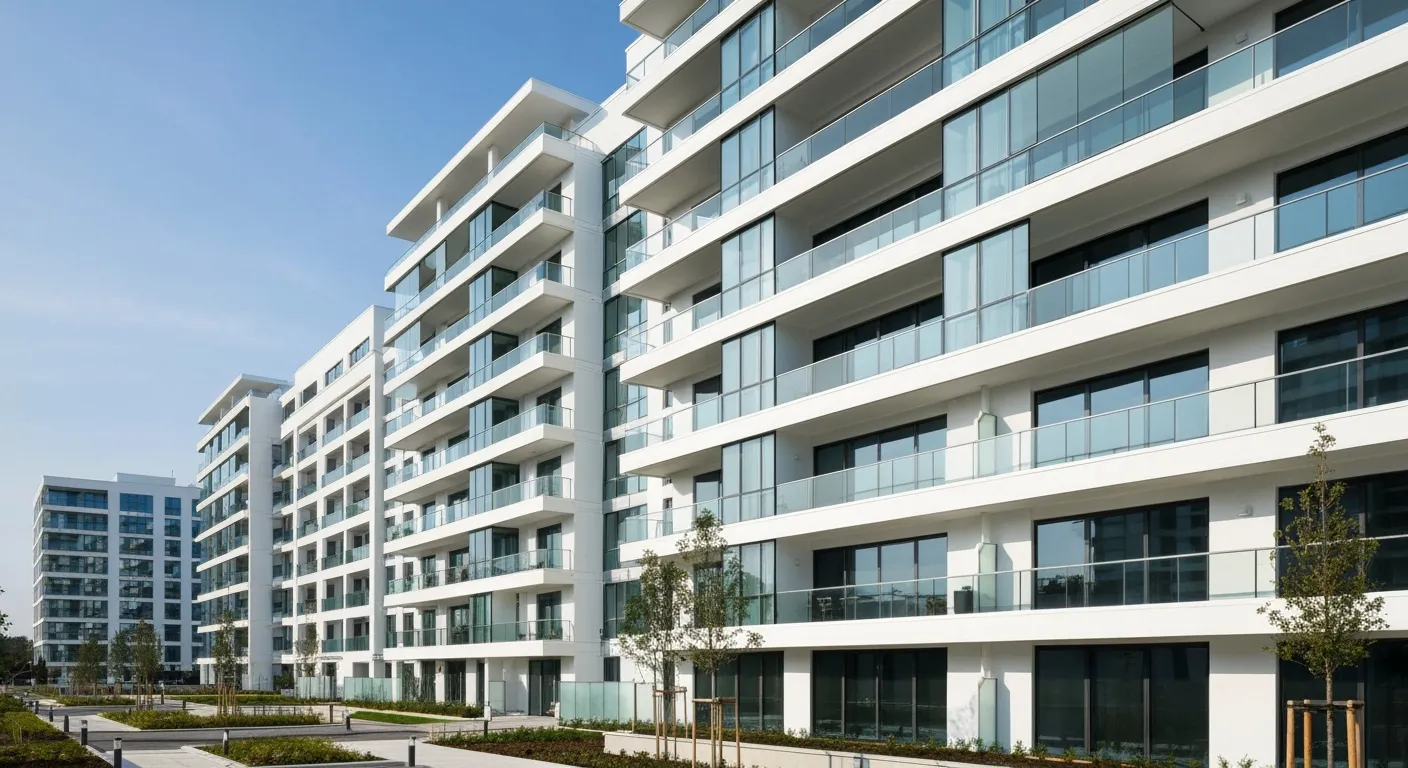
A Strategic Approach to Affordable High-Volume Cleaning
Maintaining a clean and hygienic environment in large apartment complexes is a multifaceted challenge that requires efficiency, cost-effectiveness, and expert planning. This article explores affordable cleaning solutions specifically tailored to the unique scope and scale of large residential buildings, offering insights into techniques, schedules, supplies, and professional services that align with property management goals. From smart cleaning routines to leveraging professional partnerships, managers and landlords will gain practical strategies to optimize cleanliness while controlling costs.
Cost-Effective Cleaning Techniques for Large Apartment Complexes
Maintaining the cleanliness of large apartment complexes requires strategic planning and efficient use of resources. One of the most effective methods is dividing the building into manageable sections, which helps organize tasks and allocate staff more efficiently. This approach allows for focused cleaning efforts and reduces the risk of overlooked areas. For a comprehensive list of tasks and schedules, see the Apartment Building Cleaning Checklist.
Utilizing multi-purpose cleaners combined with microfiber tools significantly cuts costs. These supplies minimize the number of cleaning products needed and improve cleaning effectiveness by picking up dust and dirt more thoroughly. Microfiber cloths and mops are environmentally friendly, reusable, and gentle on surfaces, which makes them ideal for routine maintenance. For detailed tips on Essential cleaning supplies for short-term rentals and the Benefits of Microfiber Cloths, refer to these resources.
Routine cleaning tasks are essential for upholding hygiene standards. Daily sweeping, disinfecting high-touch surfaces such as door handles, elevator buttons, and communal areas prevent germ buildup. Deep cleaning of carpets, upholstery, and vents should be scheduled periodically to prevent deterioration and costly repairs. Guidance on Cleaning Common Area Floors and Daily Cleaning Tasks can help establish effective routines.
Investing in durable, high-quality equipment like HEPA vacuum cleaners and scrub brushes might have higher upfront costs but pays off by reducing waste, prolonging tool lifespan, and decreasing the need for rework. Proper training for cleaning staff ensures they use these tools effectively, maintaining high standards while controlling expenses. For a list of Essential cleaning supplies for apartments and Vacuum cleaner tips, see the linked resources.
Partnering with professional cleaning services for specialized tasks such as deep carpet cleaning or exterior pressure washing can streamline maintenance. These experts bring advanced technology and efficiency, ensuring thorough results without taxing internal staff resources. Learn more about Professional Cleaning Services Benefits and Partnering with professional cleaning services.
By implementing these strategies—sectional division, multi-purpose products, routine upkeep, quality equipment, and professional partnerships—apartment complexes can stay clean and hygienic without exceeding budget constraints.
Implementing Structured Cleaning Schedules and Supply Management
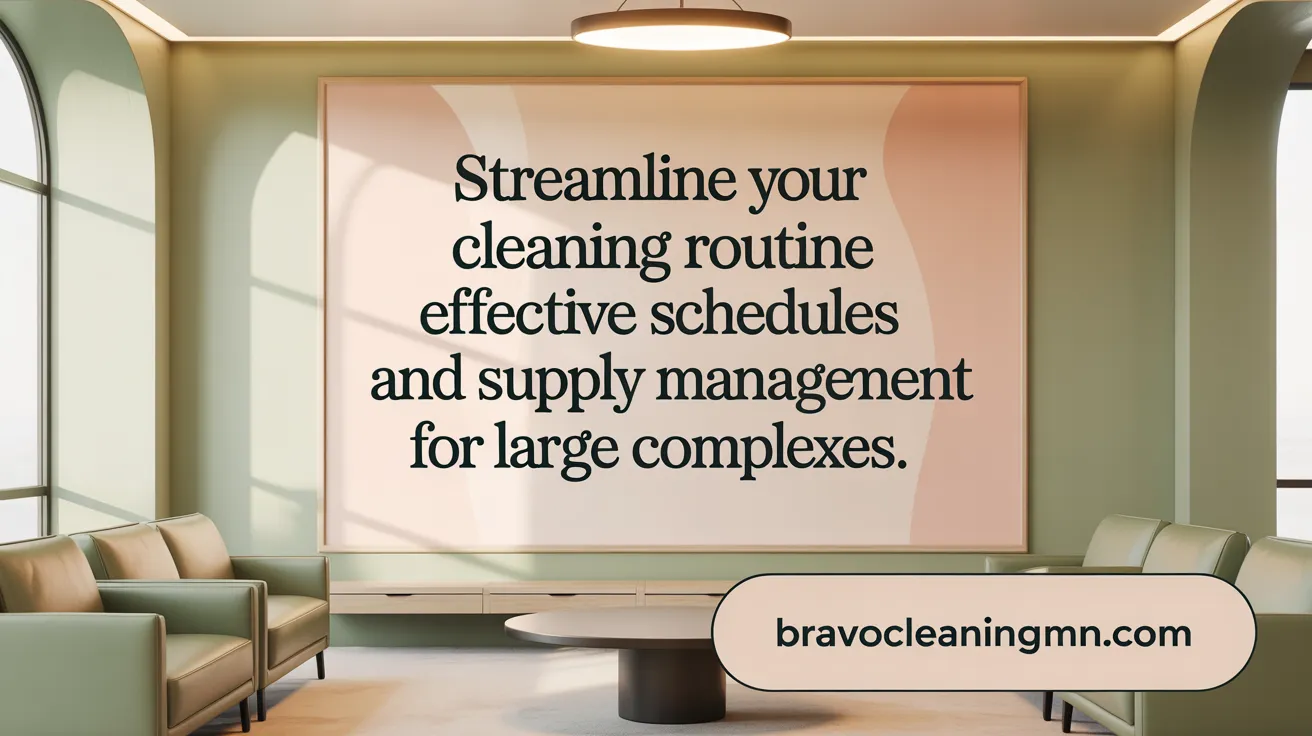
Managing cleanliness in large residential buildings requires a well-organized approach that balances routine maintenance with strategic planning. Property managers and landlords can create a comprehensive cleaning system by dividing tasks into daily, weekly, monthly, and seasonal schedules. Daily tasks often include sweeping floors, disinfecting high-touch surfaces like door handles and light switches, and emptying trash bins to maintain hygiene and prevent odors (Apartment Building Cleaning Checklist).
Weekly routines might involve deep cleaning of windows, carpets, and outdoor common areas, ensuring thorough sanitation and appearance (Cleaning Common Area Floors). Monthly tasks can include inspections, repairs, and more intensive deep cleans of fixtures and ventilation systems. During certain seasons, especially winter or fall, seasonal cleaning like gutter clearing or exterior power washing keeps the building in top condition (Apartment Building Cleaning Checklist).
An organized inventory of cleaning supplies is essential. This includes disinfectants, all-purpose cleaners, floor and bathroom cleaning agents, microfiber cloths, mops, vacuum cleaners, gloves, and eco-friendly products (Essential cleaning supplies for short-term rentals) (Essential cleaning supplies for apartments). Keeping track of supplies prevents shortages, reduces emergency runs to stores, and ensures that the right products are used for each task.
Technology can significantly streamline this process. Software tools designed for property management can schedule cleaning routines, assign staff, track completed tasks, and monitor supply levels. This automation enhances accountability and efficiency.
Effective communication with residents is also crucial. Clear notices about scheduled cleaning activities and encouraging cooperation helps foster a positive environment (Apartment Building Cleaning Checklist). Promoting green practices, such as using eco-friendly products and reducing chemical use, aligns with sustainability goals and improves resident satisfaction.
By integrating detailed schedules, managing inventory diligently, leveraging technology, and fostering resident engagement, property managers can maintain a safe, clean, and welcoming environment for all residents.
Professional Cleaning Tips and Best Practices for Apartment Complexes
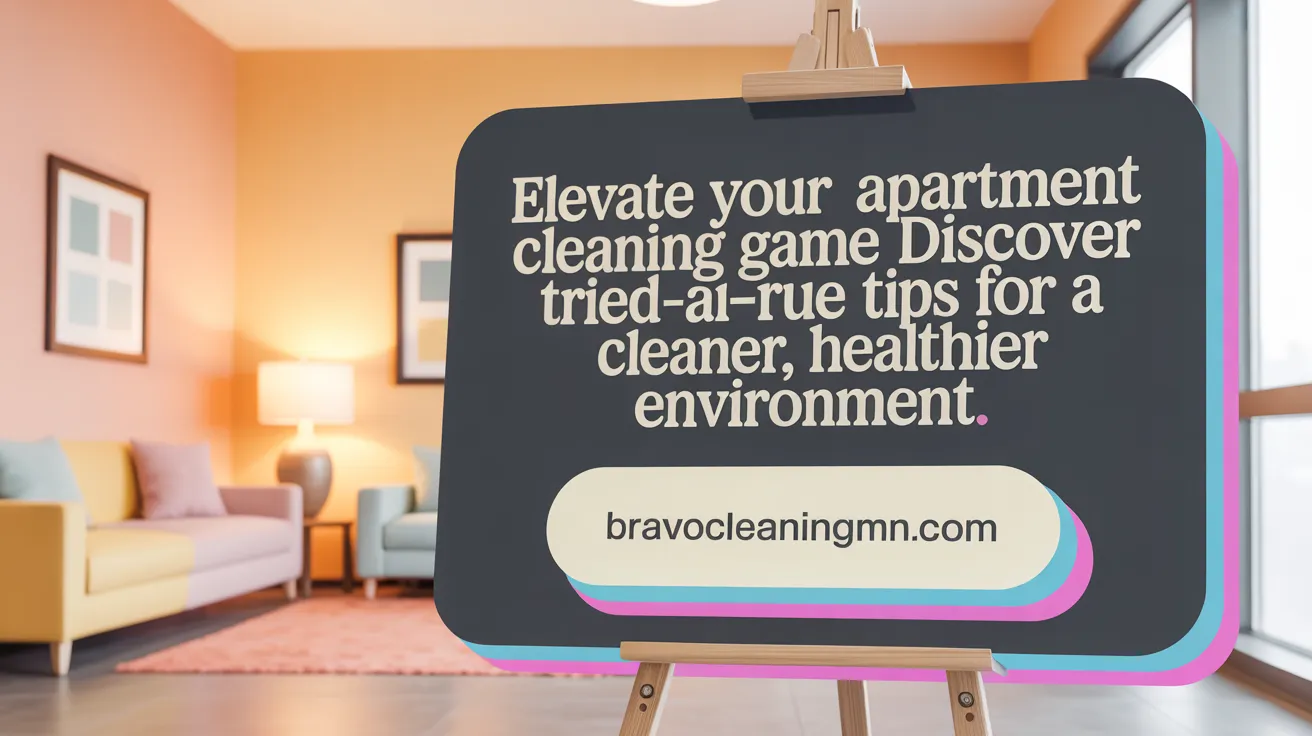
Maintaining a clean and healthy environment in apartment complexes demands a structured approach rooted in consistency and thoroughness. One of the most effective strategies is establishing routine cleaning schedules divided into daily, weekly, and monthly tasks. Daily tasks often include sweeping, disinfecting high-touch surfaces like door handles and elevator buttons, and trash disposal. Weekly duties typically encompass deep cleaning of common areas such as hallways, staircases, and shared bathrooms, along with regular carpet vacuuming and window washing. Monthly schedules might involve inspecting and repairing fixtures, cleaning ventilation systems, and undertaking more extensive tasks like deep carpet cleaning or exterior care. For detailed cleaning schedules, see the Apartment Building Cleaning Checklist.
Focusing on high-touch and shared spaces is crucial. Common areas such as lobbies, elevators, hallways, and outdoor entrances are hotspots for germs and bacteria. Prioritizing these spaces ensures residents and staff are protected from potential health hazards. Using commercial-grade disinfectants on floors, countertops, and fixtures helps eliminate bacteria and viruses. Microfiber cloths are highly recommended for cleaning surfaces because they effectively trap dirt while reducing chemical use. Additionally, signage warning about wet floors and providing safety gear like gloves and masks enhances safety for cleaning staff. For tips on cleaning common areas like floors and furniture, refer to Cleaning Common Area Floors.
Deep cleaning is vital for maintaining air quality and overall hygiene. This involves regularly shampooing carpets and upholstery, cleaning walls and ceilings, and inspecting ventilation ducts for mold or dust buildup. Seasonal tasks such as gutter cleaning, window washing, and exterior pressure washing address outside maintenance, preventing potential damage and maintaining curb appeal. For efficient housecleaning and deep cleaning procedures, explore Efficient Housecleaning Tips and Apartment Building Cleaning Checklist.
Training staff on safety protocols and environmentally friendly cleaning practices is essential. This includes educating them about the proper use of disinfectants, the importance of PPE (personal protective equipment), and utilizing eco-friendly products whenever possible. Well-trained personnel are more effective, safer, and more consistent in delivering high-quality cleaning. Consider Partnering with professional cleaning services for enhanced results.
| Task Type | Frequency | Supplies Needed | Additional Notes |
|---|---|---|---|
| Daily cleaning | Every day | Disinfectant spray and wipes, microfiber cloths, garbage bags and trash liners | Focus on high-touch high-traffic areas |
| Weekly deep cleaning | Weekly | Carpet cleaners, window squeegees, floor polish | Includes carpets, windows, and floors |
| Monthly inspections | Monthly | Inspection checklists, repair tools | Covers fixtures, ventilation, exterior |
Implementing structured routines and continuous staff training creates a clean, safe, and inviting environment. Consistent practices combined with attention to detail and eco-friendly methods not only improve the overall hygiene but also enhance resident satisfaction and uphold property value. For a list of essential cleaning supplies for apartments and guidance on how to clean your apartment, consult the linked resources.
Efficient and Affordable Cleaning Strategies for Common Areas and Units
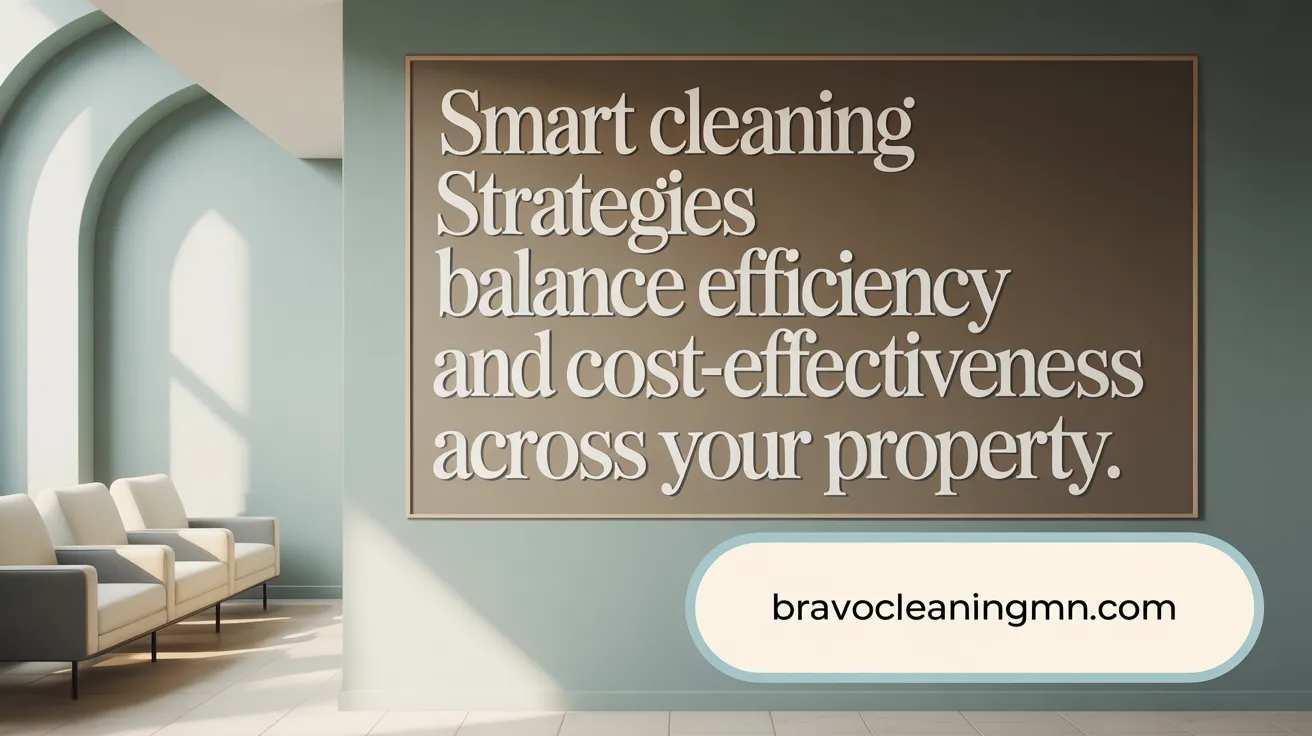
Maintaining cleanliness in large residential complexes requires a strategic and systematic approach. One effective method is implementing a structured cleaning schedule divided into daily, weekly, and periodic deep cleaning tasks. Daily routines should include sweeping, mopping, disinfecting high-touch surfaces, and trash removal, while weekly tasks might involve deep cleaning of carpets, upholstery, and windows. Seasonal cleaning, such as gutter cleaning or pressure washing, ensures exteriors remain in good condition.
Zone cleaning is another efficient strategy. By dividing the facility into specific zones, staff can focus on a particular area on each visit, which reduces duplication of effort and ensures comprehensive coverage. Prioritizing high-traffic and high-contact areas like lobbies, hallways, elevators, and restrooms helps minimize the spread of germs and maintains a welcoming environment. For cleaning common areas, see Residential complex common area cleaning tips.
Using durable, reusable cleaning tools paired with eco-friendly products not only cuts costs in the long run but also aligns with sustainable practices. Microfiber cloths, multi-purpose scrub brushes, and reusable mops are among recommended tools that stand up to repeated use. Eco-friendly cleaning agents, such as vinegar, baking soda, or biodegradable disinfectants, contribute to healthier indoor environments; learn more about natural cleaning solutions here.
Training staff effectively is crucial for maximizing cleaning efficiency. Proper instruction on techniques, proper use of cleaning equipment, and safety protocols ensures that staff can perform their tasks quickly and thoroughly. Well-trained teams reduce cleaning time and improve the quality of results. You can find efficient housecleaning tips useful for staff training.
Clear communication with residents about cleaning expectations and schedules fosters cooperation and reduces misunderstandings. Informing residents about routine cleaning practices and encouraging their participation in maintaining common areas can extend the lifespan of cleaning efforts. A structured cleaning schedule and resident communication is an essential component.
For more specialized cleaning tasks or inspections, partnering with professional cleaning services can be highly beneficial. These experts bring advanced tools and expertise, ensuring deep cleaning of carpets, ventilation systems, and other areas that require special attention. Regular inspections further help identify issues early, saving costs on repairs and maintaining high safety standards.
Incorporating these strategies ensures that common areas and individual units stay hygienic, appealing, and well-maintained, enhancing resident satisfaction and reducing long-term maintenance costs.
Benefits and Importance of Professional Cleaning Services
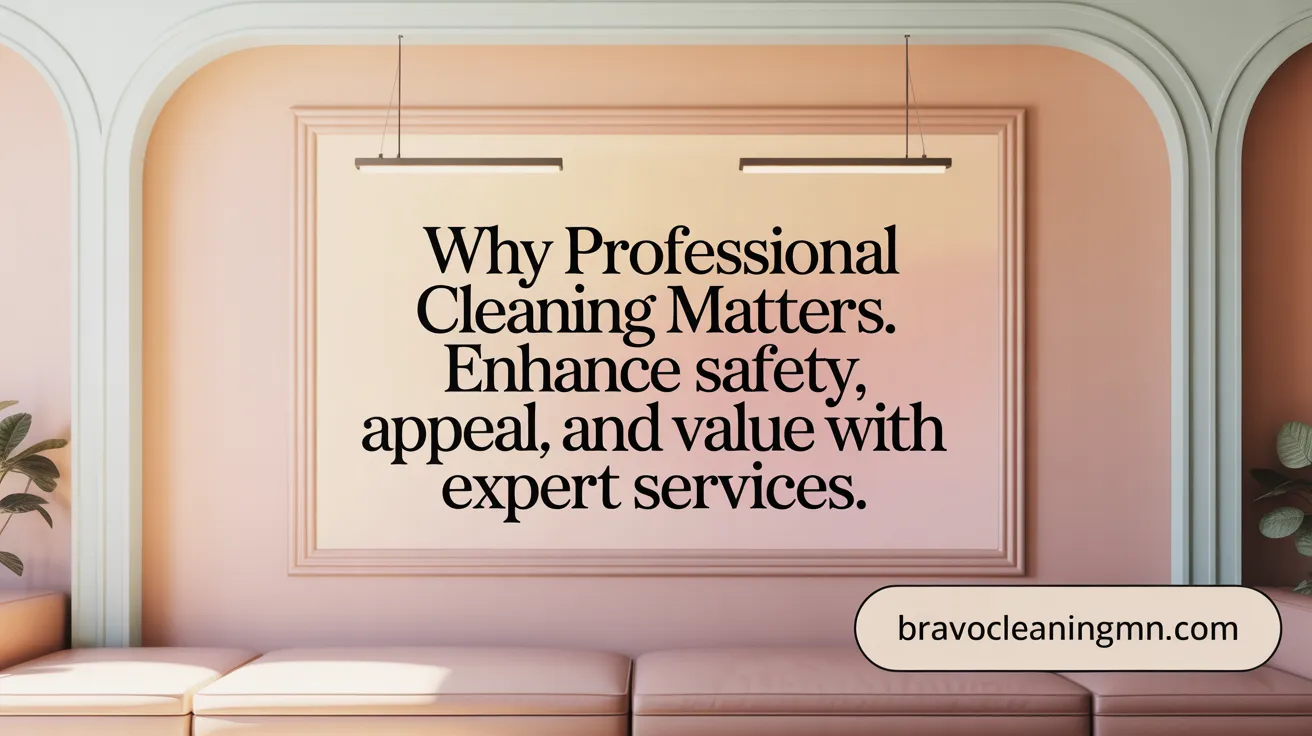
Hiring professional cleaning services for large apartment complexes offers several important advantages that directly impact residents, property value, and operational efficiency.
One of the main benefits is maintaining consistent quality and safety standards. Professional cleaners follow strict protocols to ensure common areas such as hallways, lobbies, and shared amenities are thoroughly sanitized and safe for residents. They also have access to advanced commercial-grade equipment that improves cleaning effectiveness, reaching places that regular cleaning tools might miss (Cleaning Common Area Floors, Professional Cleaning Services Benefits).
Customized service plans are another major advantage. These plans address the specific needs of each property, whether it's regular upkeep, deep cleaning, or special tasks like odor control after renovation. This tailored approach ensures the property remains in top condition and reduces the risk of issues like mold growth or allergen buildup (Apartment Building Cleaning Checklist, Maintaining cleanliness in rentals).
Outsourcing cleaning tasks helps reduce the time and administrative effort required from property managers or staff. Instead of managing daily cleaning schedules and supplies, managers can focus on other critical responsibilities such as leasing or maintenance. This additional efficiency can lead to smoother operations and better resource allocation (Efficient Housecleaning Tips, Structured Cleaning Schedule).
Furthermore, professional cleaning significantly enhances tenant satisfaction. A clean, well-maintained environment is attractive to current and prospective residents, which can boost retention rates and reduce vacancy times. It also contributes to better overall property valuation by preventing deterioration caused by dirt, grime, and neglect (Maintaining Cleaning Tools, Providing guest cleaning amenities).
In summary, investing in professional cleaning services supports a healthy, appealing living space, reduces operational burdens, and helps preserve the property’s value—all crucial factors in managing successful apartment complexes (Professional Cleaning Services Benefits, Apartment Building Cleaning Checklist).
Specialized and Scalable Cleaning Solutions Tailored for Large Complexes
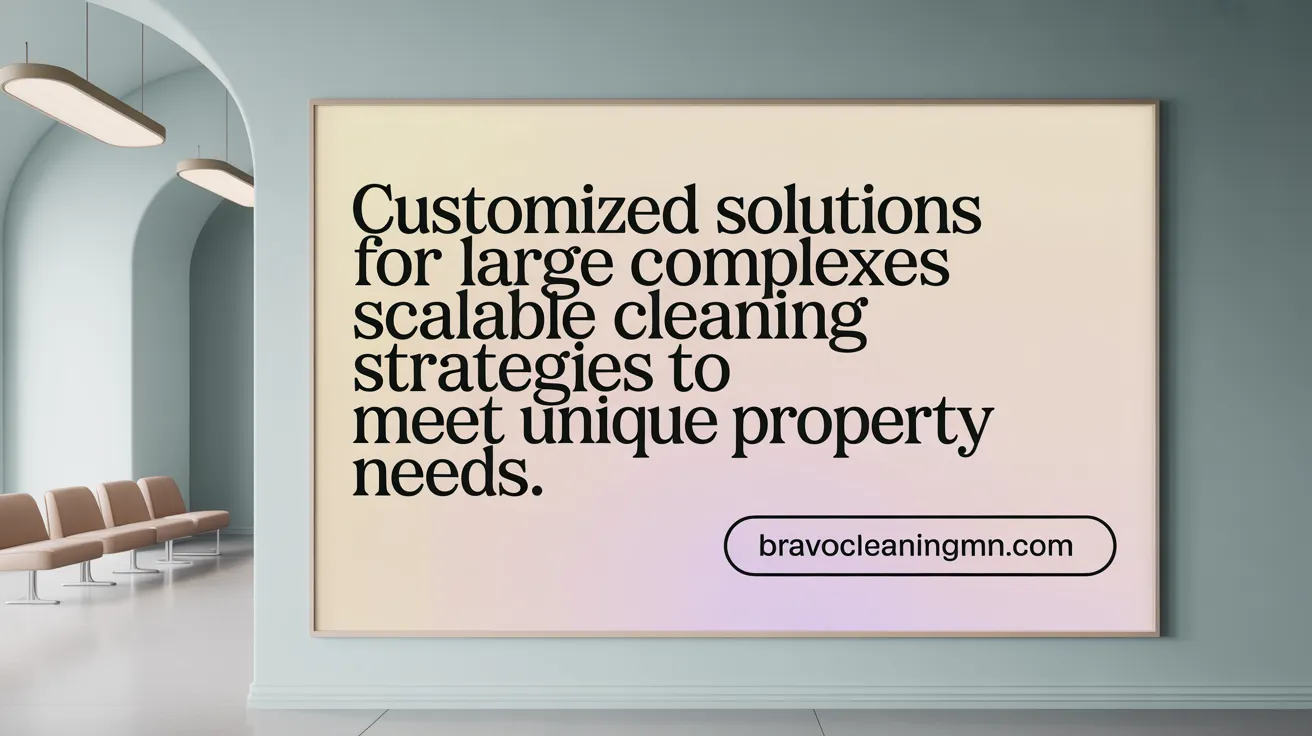
Large apartment complexes require advanced and adaptable cleaning strategies to ensure safety, hygiene, and tenant satisfaction. To address these needs, specialized services such as deep cleaning of carpets, upholstery, and HVAC systems are essential. These procedures improve indoor air quality and remove embedded dirt, dust, and allergens, promoting healthier living environments. For more on Professional Cleaning Services Benefits and Carpet and Rug Maintenance, explore these resources.
In addition, post-construction cleanup plays a vital role in preparing properties after renovations. This process includes removing dust, debris, and residues that can accumulate during construction work, making spaces ready for occupancy. Learn about Deep Cleaning Procedures and Cleaning Common Area Floors for effective methods.
Biohazard and odor removal services are also crucial, especially in cases involving vandalism, graffiti, or other contaminants. These specialized tasks ensure safety and maintain a clean atmosphere across large properties. Refer to Air fresheners and odor eliminators and safety-focused cleaning gloves recommendations.
To effectively serve diverse needs, property managers can adopt customized cleaning plans. These plans are based on thorough property assessments that consider size, surface types, usage patterns, and specific challenges. Flexibility is fundamental; scheduling options include daily maintenance, overnight cleaning, or periodic deep cleaning sessions. Detailed checklists like Apartment Building Cleaning Checklist and strategies on Structured Cleaning Schedule are beneficial.
Advanced cleaning management software supports scalable operations by enabling real-time tracking, task scheduling, and resource allocation. Such technology helps streamline workflows, improve communication, and ensure consistent service delivery. For tips on Efficient Housecleaning Tips and Systematic Vacuum Coverage, refer to this source.
Eco-friendly products and concentrated cleaning agents are increasingly favored for their effectiveness and sustainability. When combined with cutting-edge equipment, these solutions help uphold high sanitation standards while reducing environmental impact. Check Eco-Friendly Cleaning Practices and the list of Essential cleaning supplies for apartments for guidance.
Staff training and strict safety protocols are vital for maintaining quality and preventing accidents during cleaning operations. Additionally, offering supplementary services like carpet extraction or restoration can enhance the overall property maintenance effort. Resources on Maintaining Cleaning Tools and Partnering with professional cleaning services provide useful insights.
In summary, a combination of specialized services, tailored planning, high-tech management tools, and eco-conscious products helps property managers effectively scale and customize cleaning solutions for large apartment complexes, ensuring a safe, hygienic, and appealing environment for all residents. For comprehensive approaches, review Apartment Cleaning Guide and Cleaning Supplies List.
Implementing Smart Cleaning Solutions for Lasting Results
Affordable cleaning for large apartment complexes hinges on strategic planning, efficient resource use, and embracing professional expertise. By adopting cost-effective techniques, maintaining thorough schedules, and leveraging specialized services tailored to property-specific needs, managers can enhance cleanliness and tenant satisfaction while controlling expenses. Clear communication with residents and investment in staff training further ensure sustainable upkeep. Ultimately, combining these approaches creates healthier living environments and preserves property value, making scalable, customized cleaning solutions not just practical but essential for successful apartment complex management.










